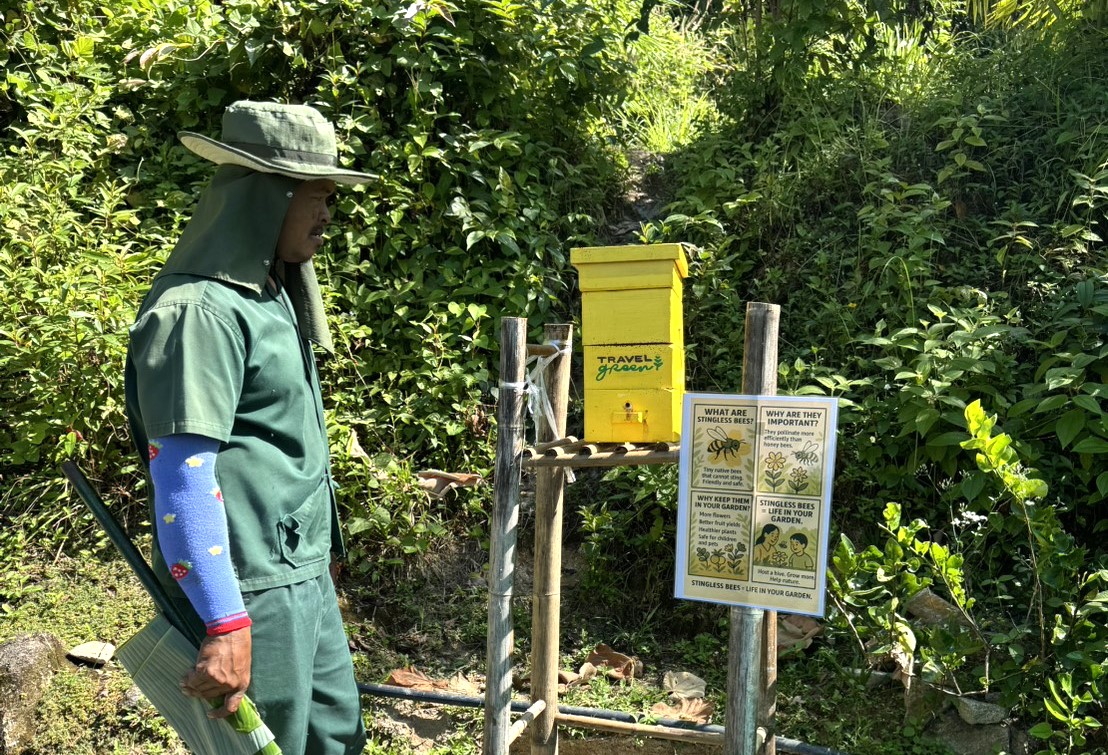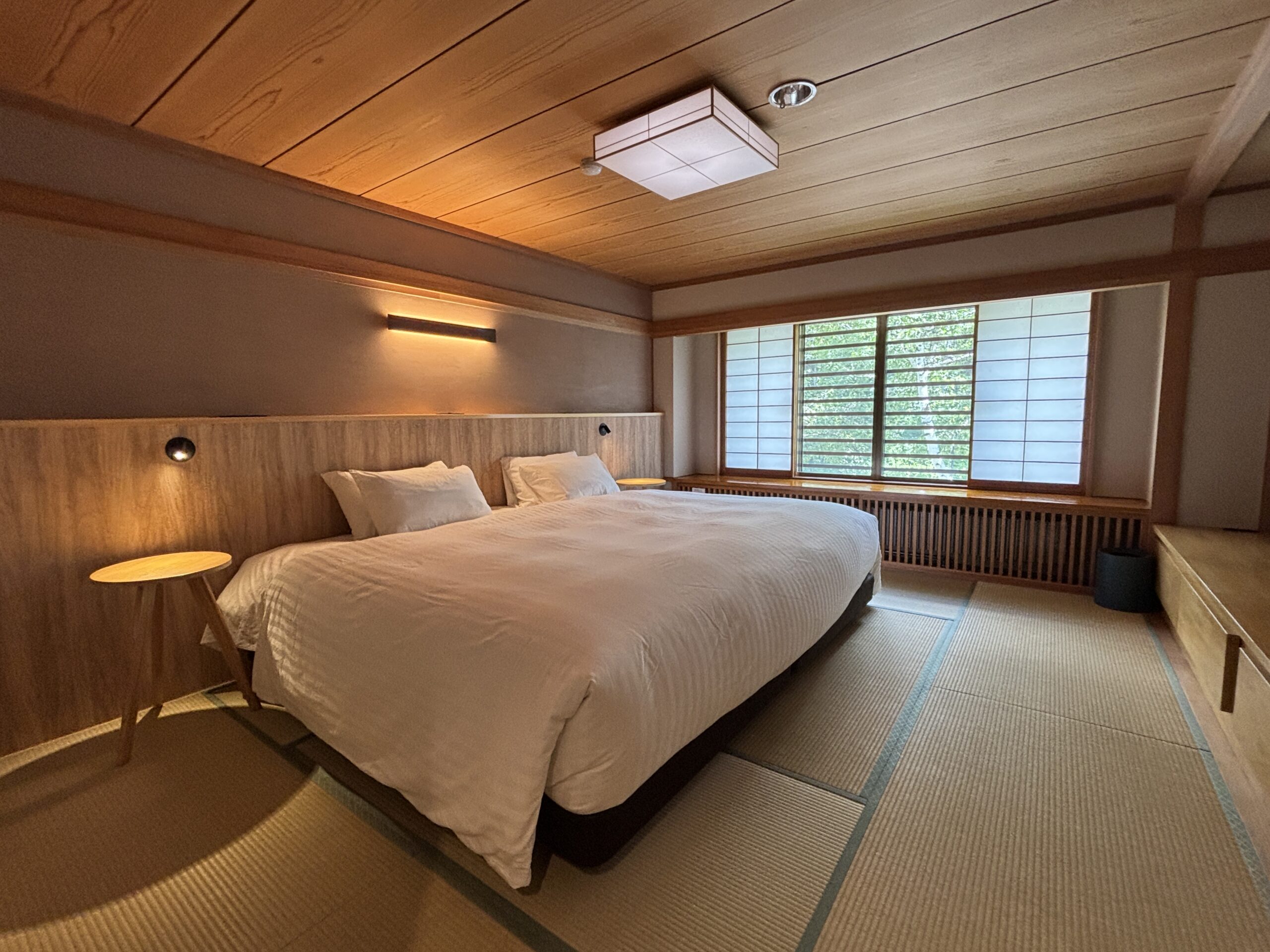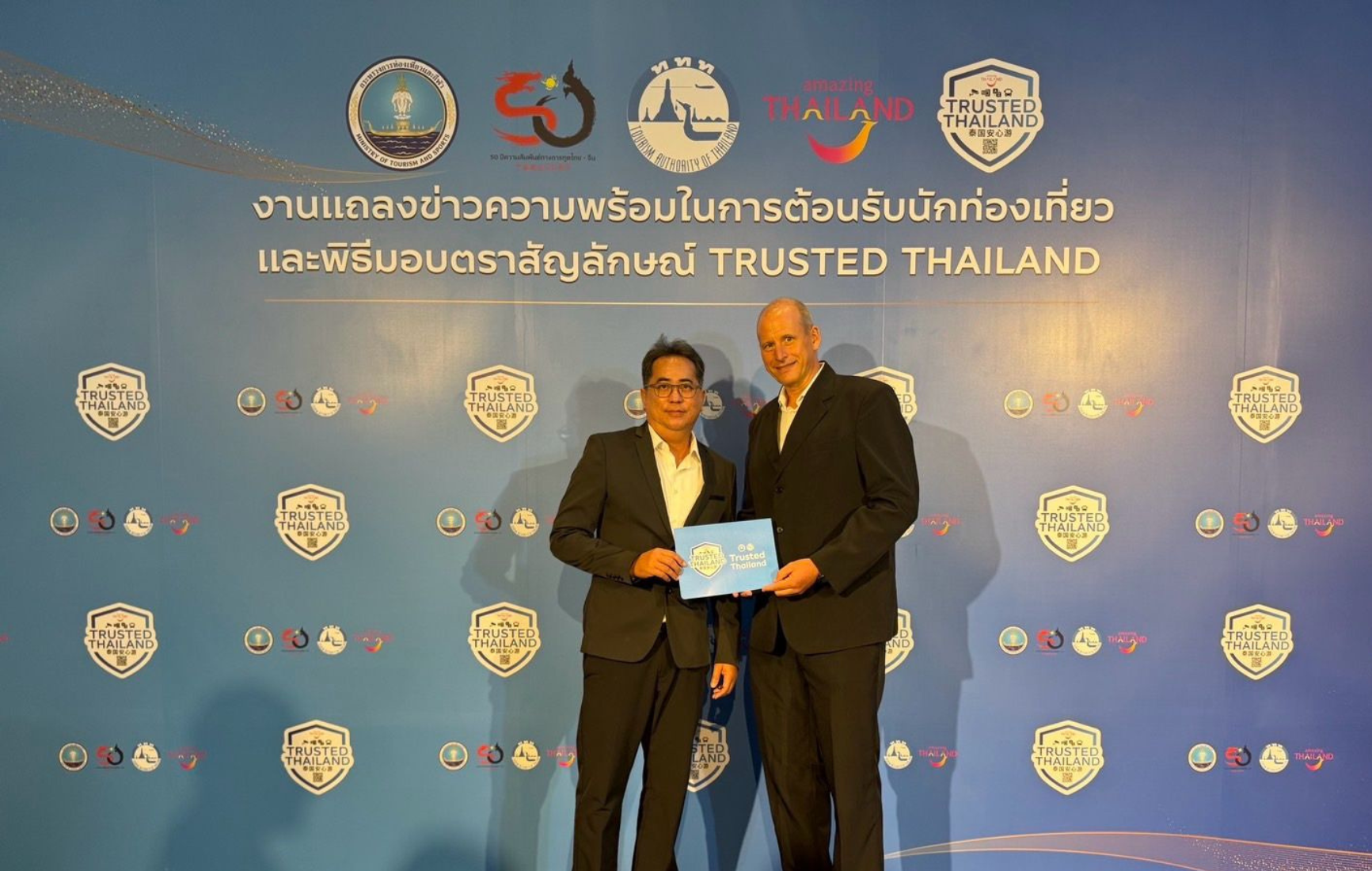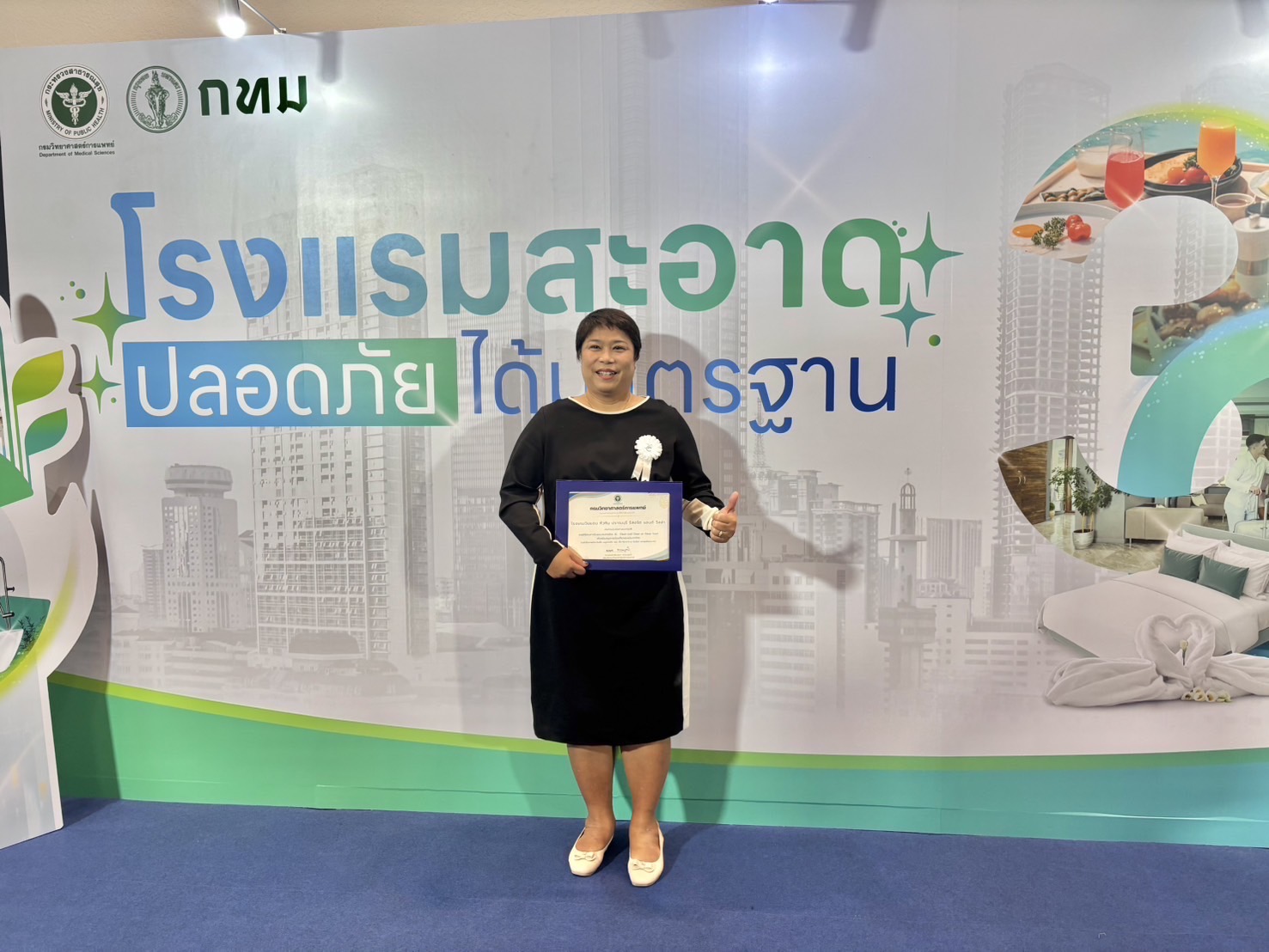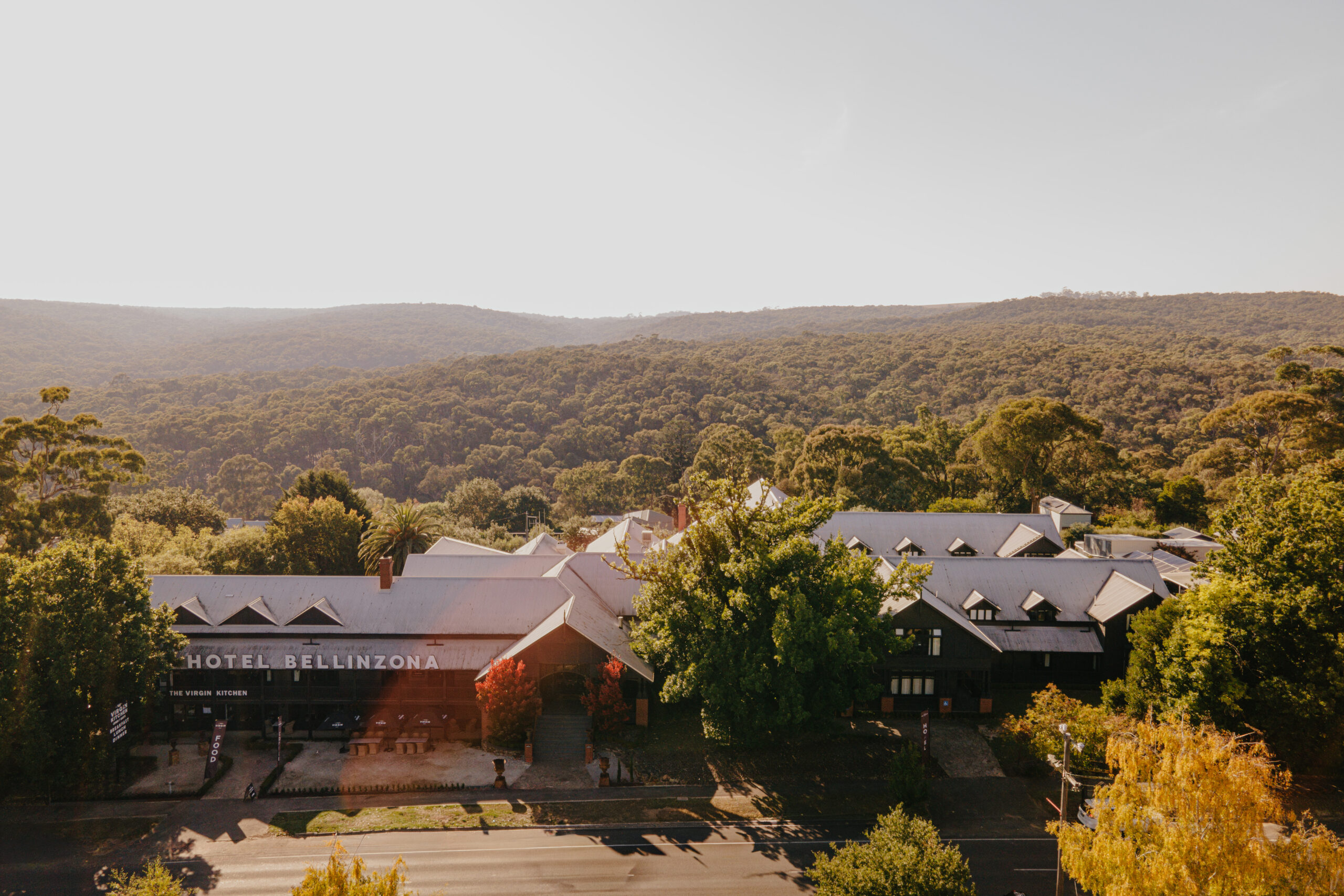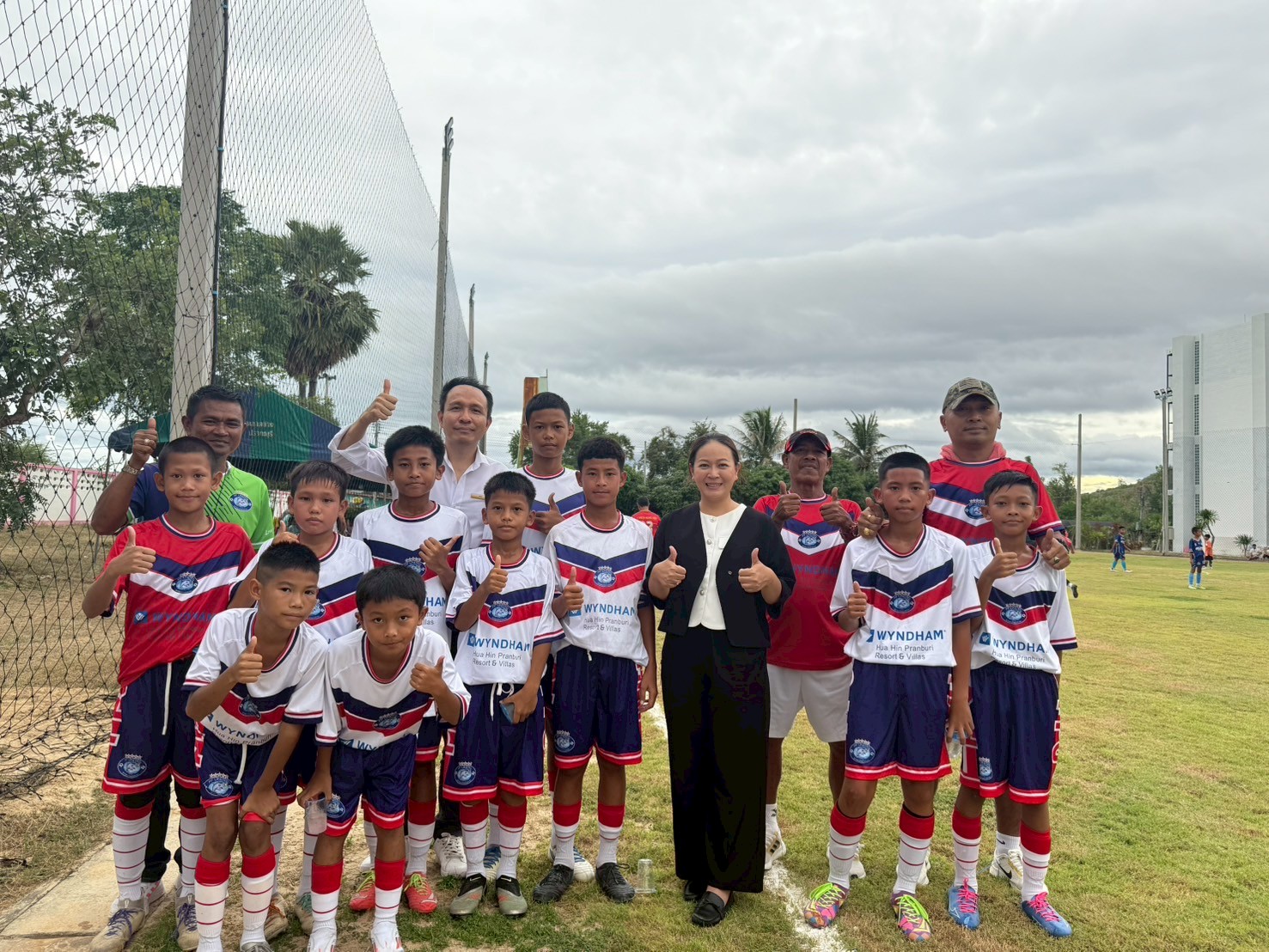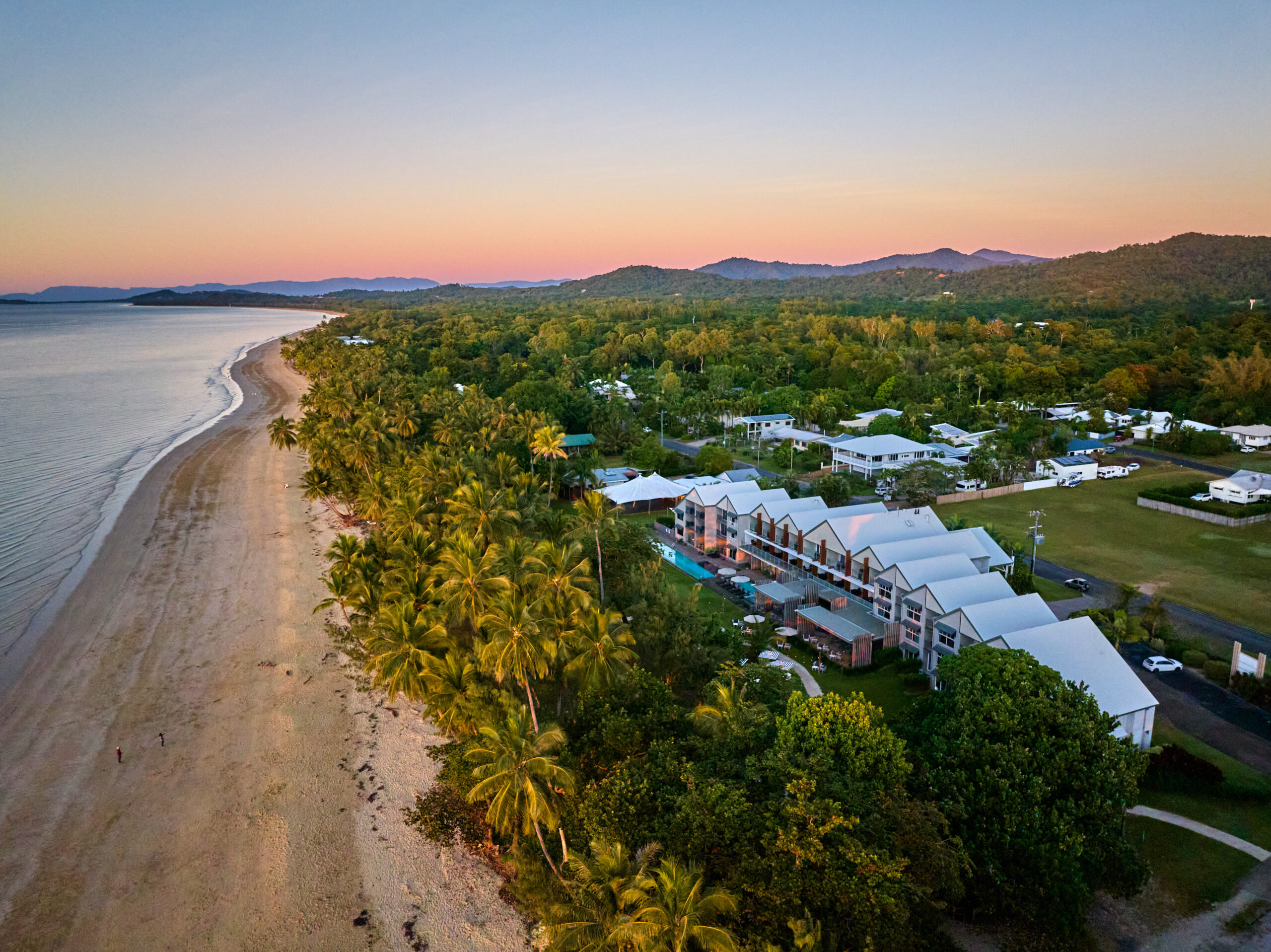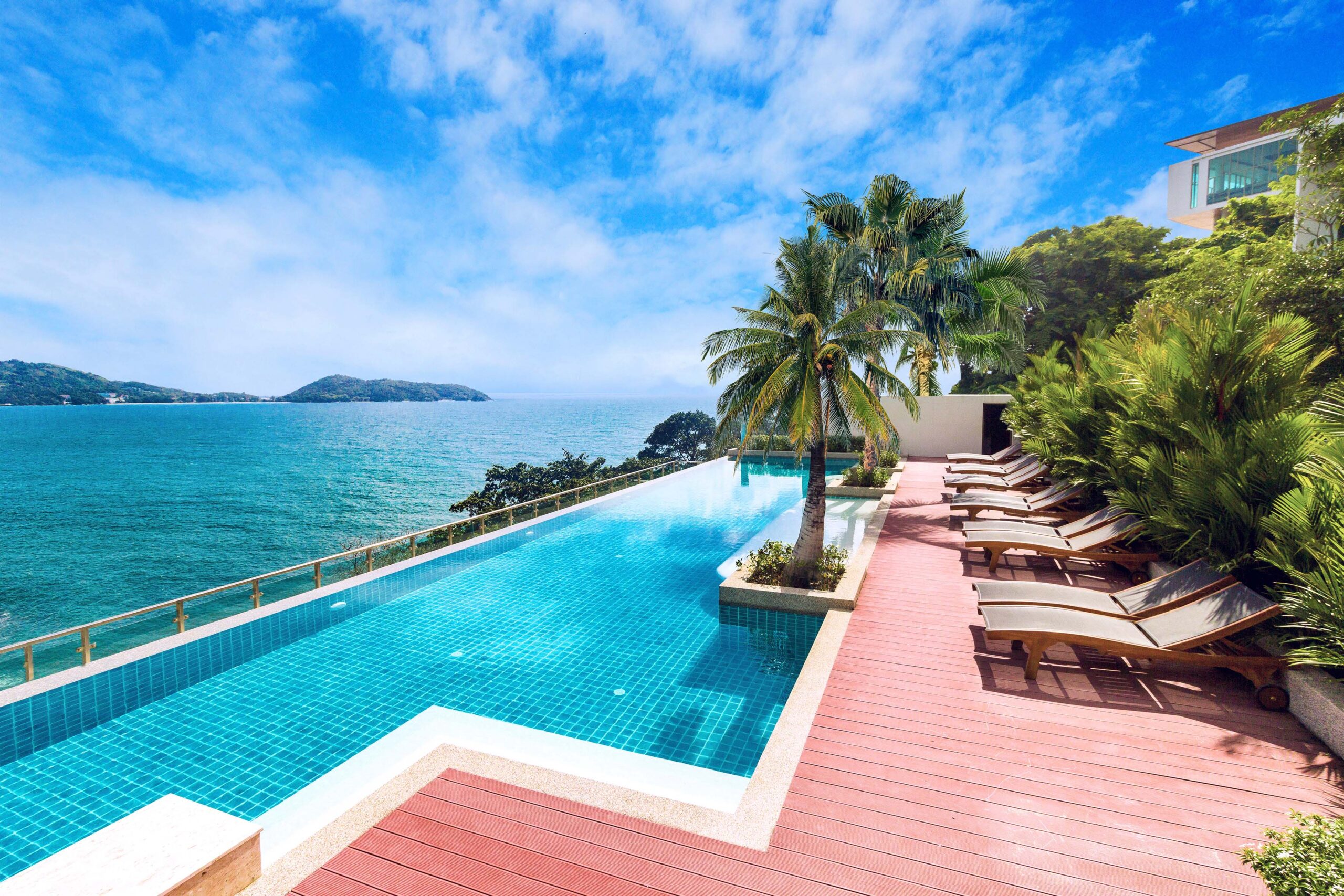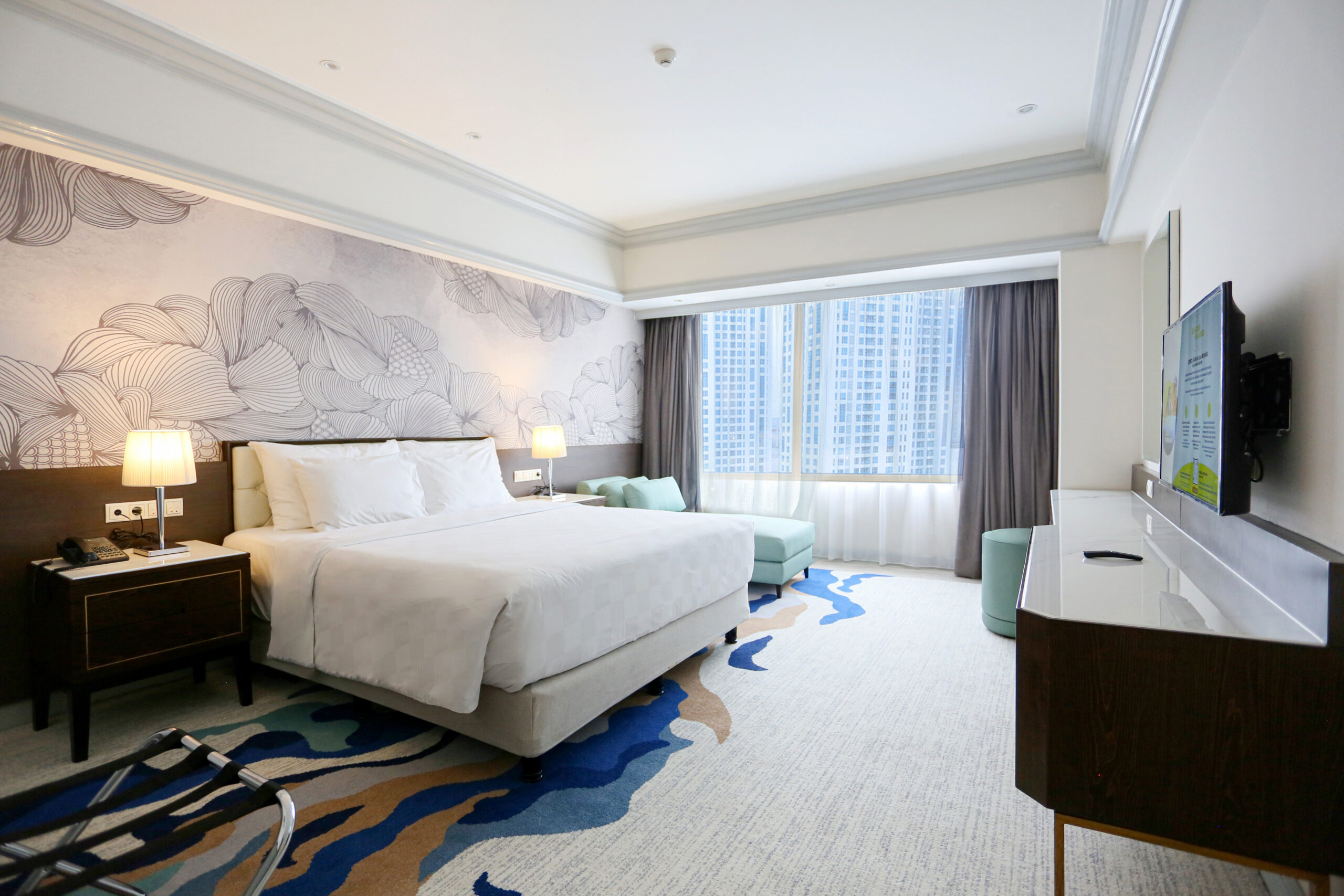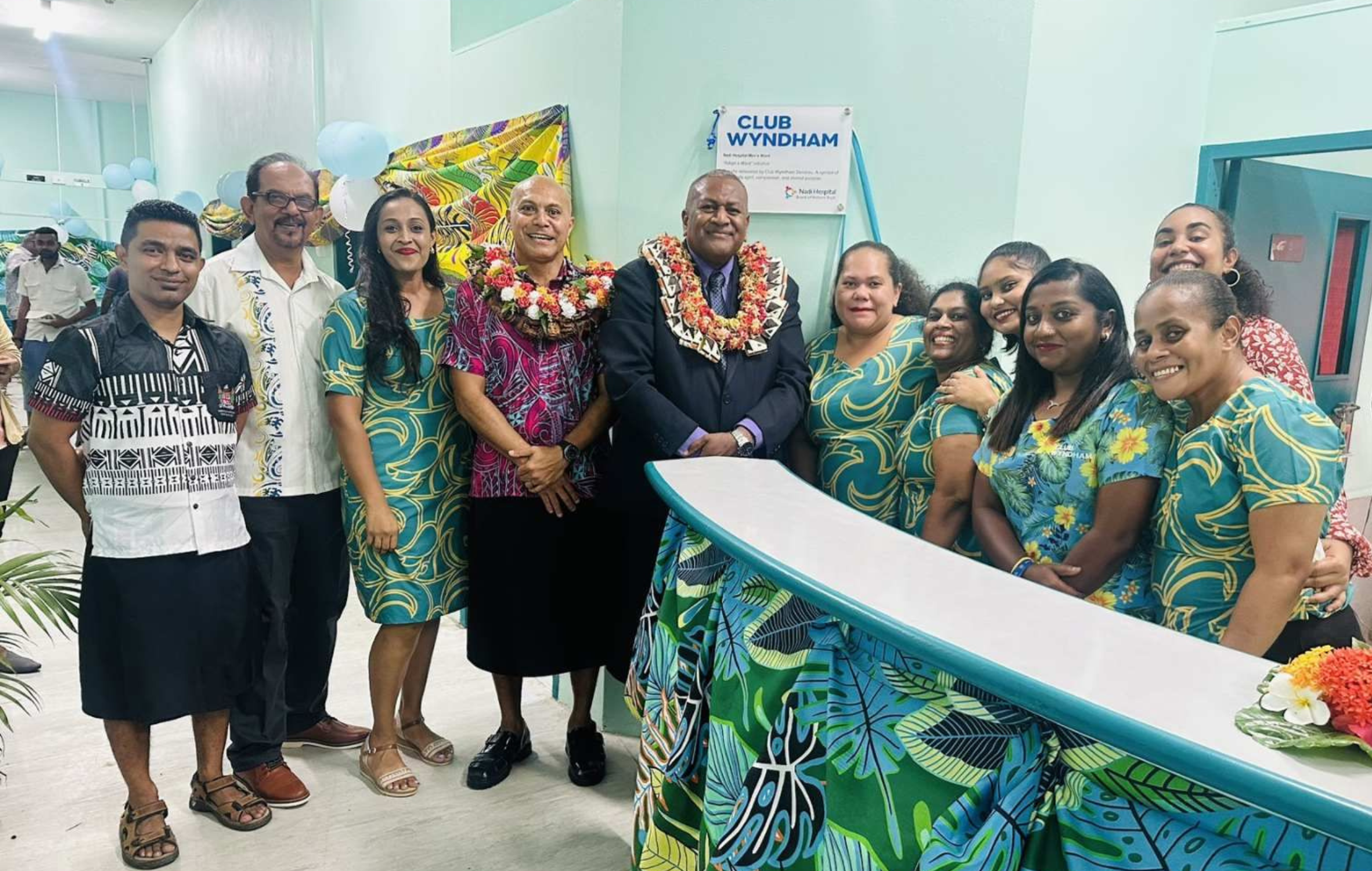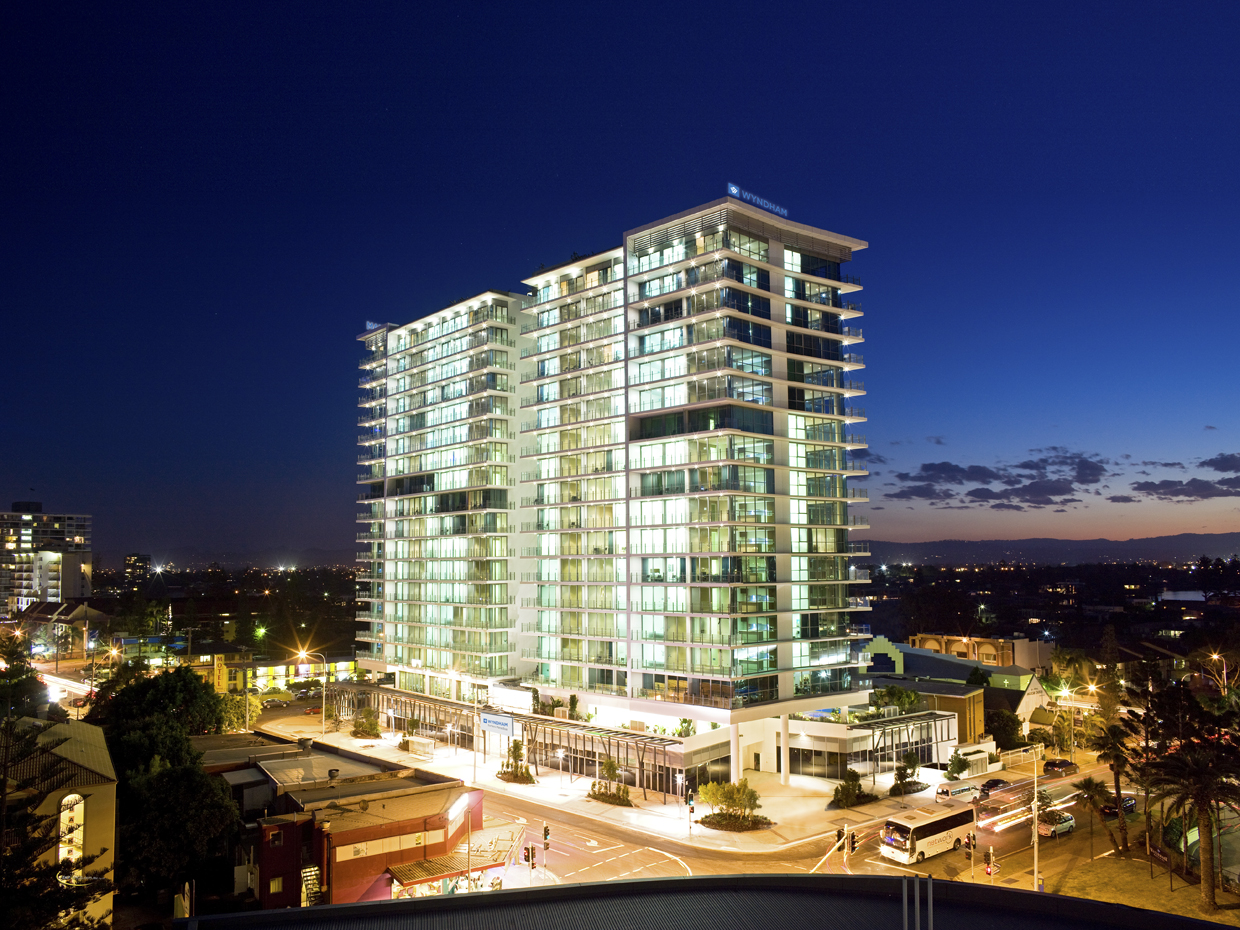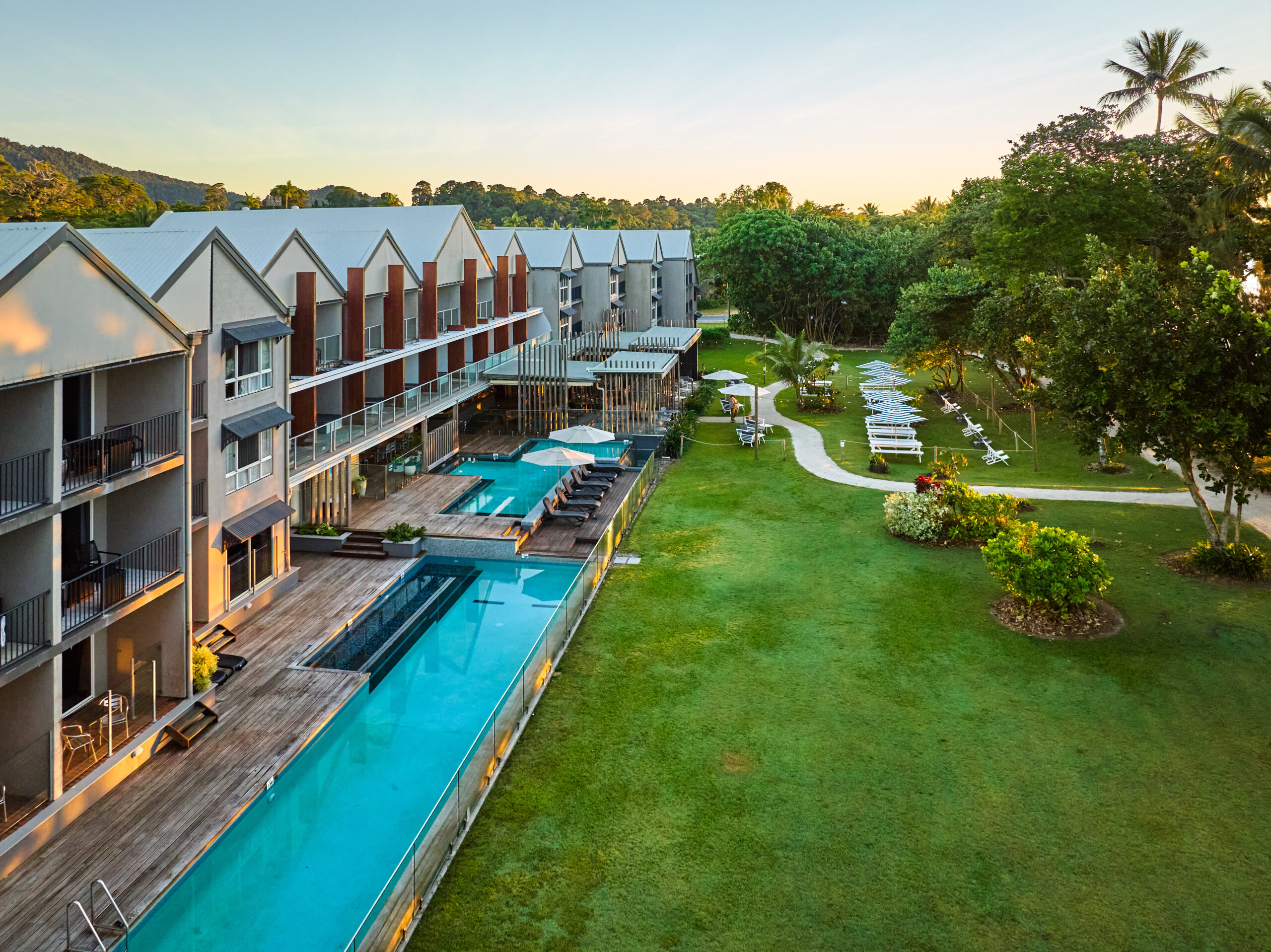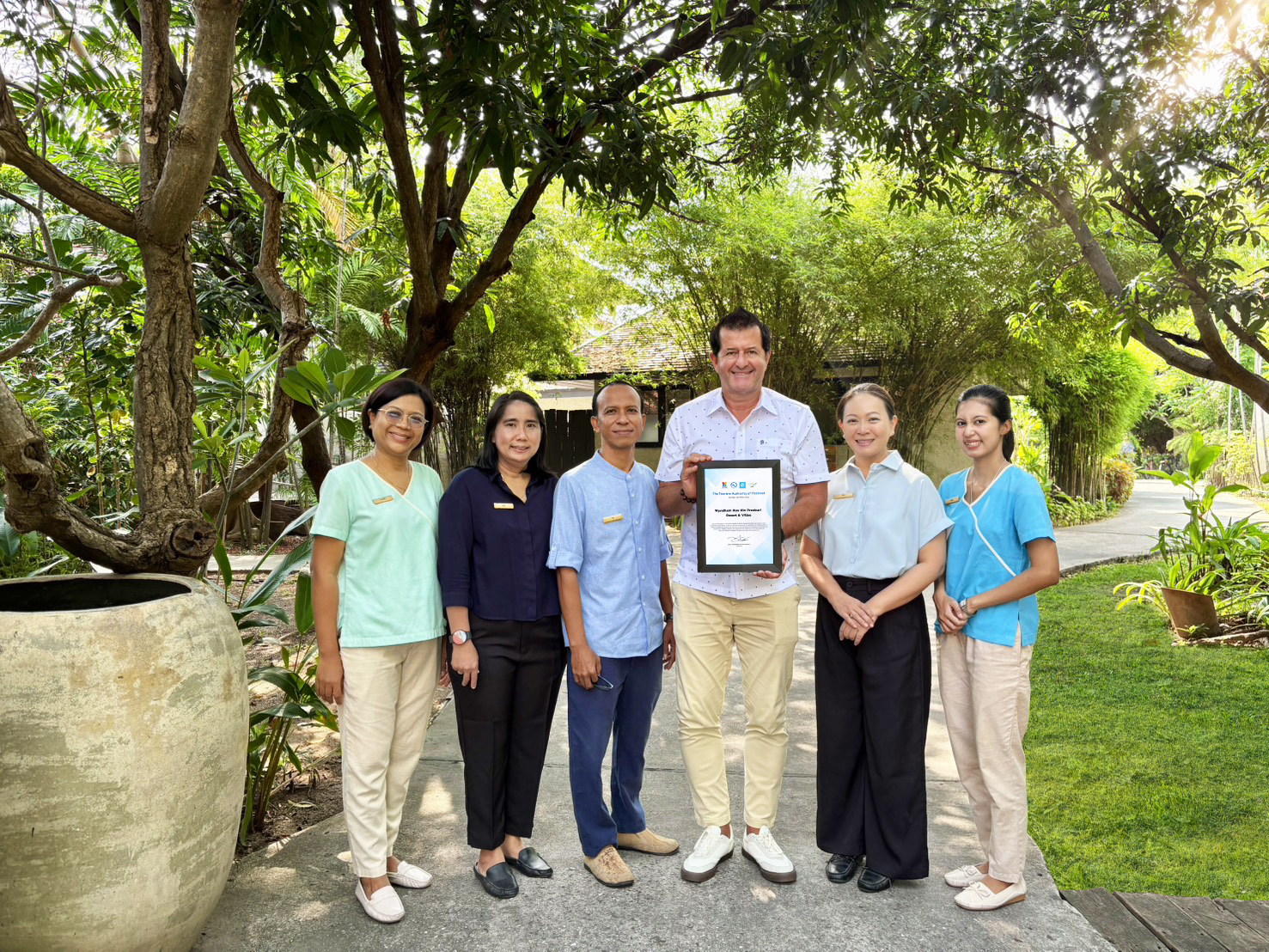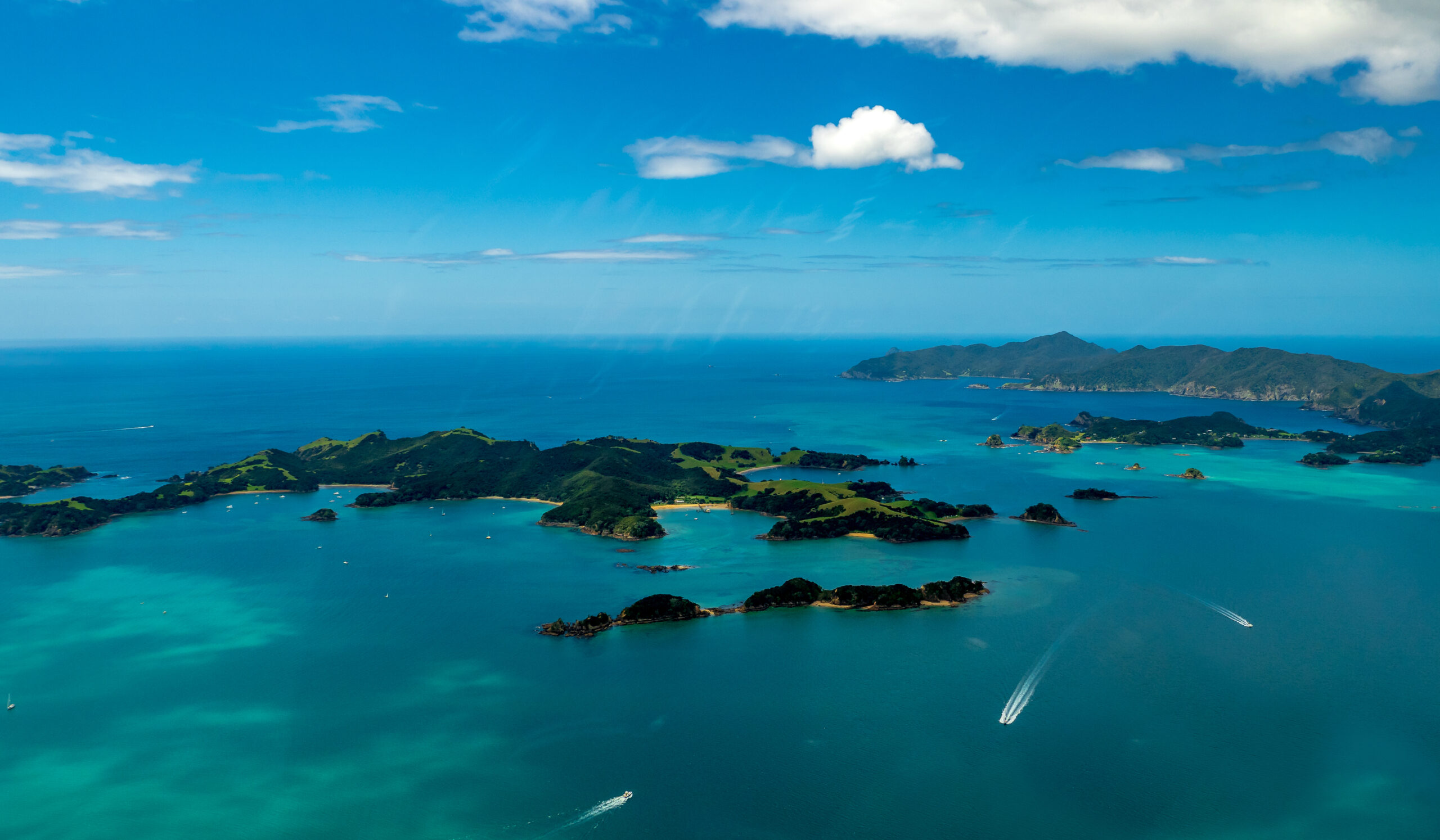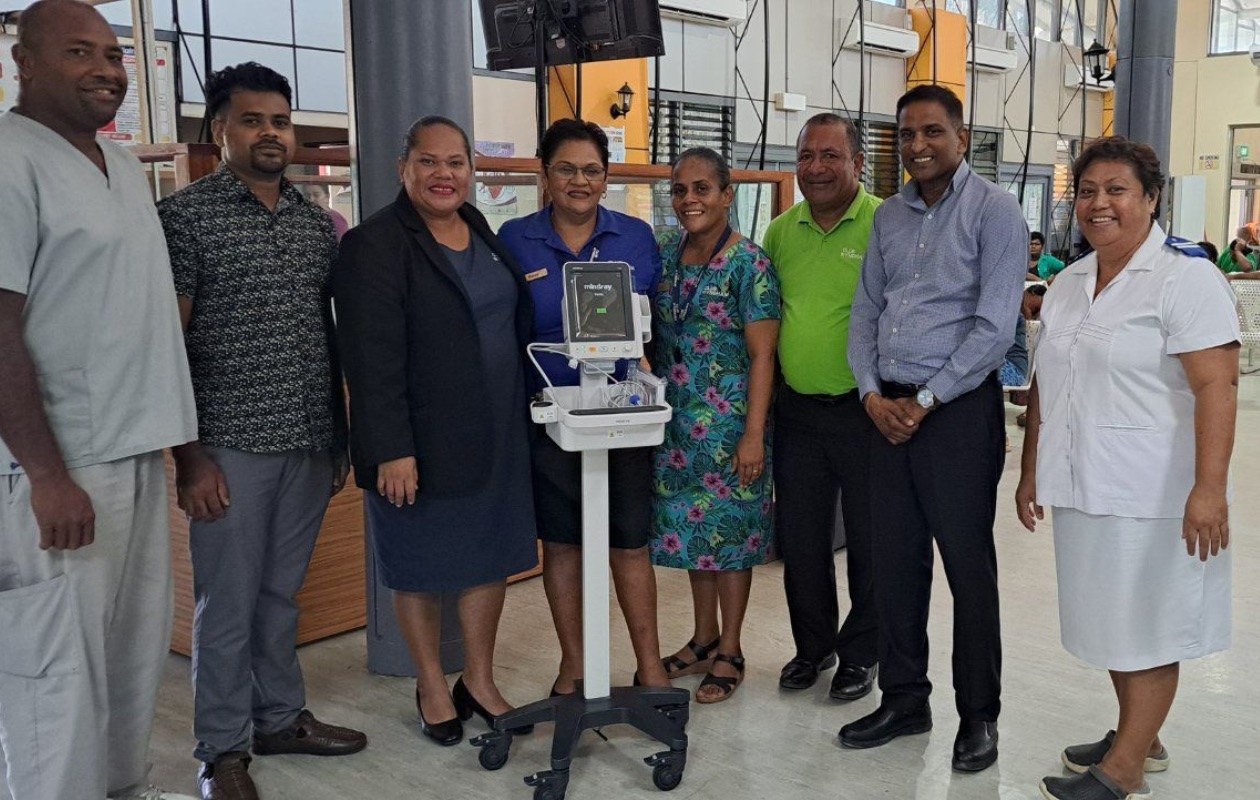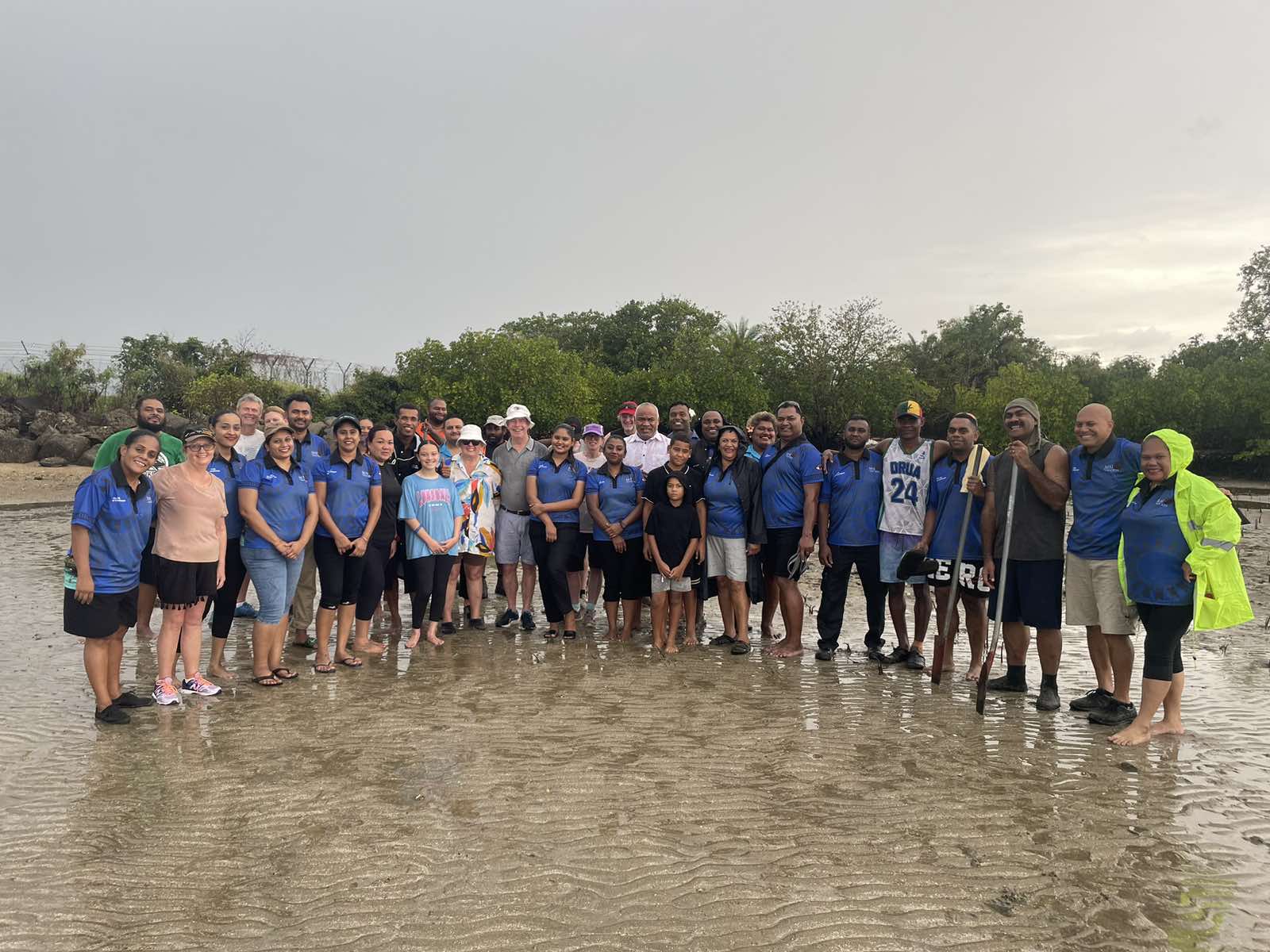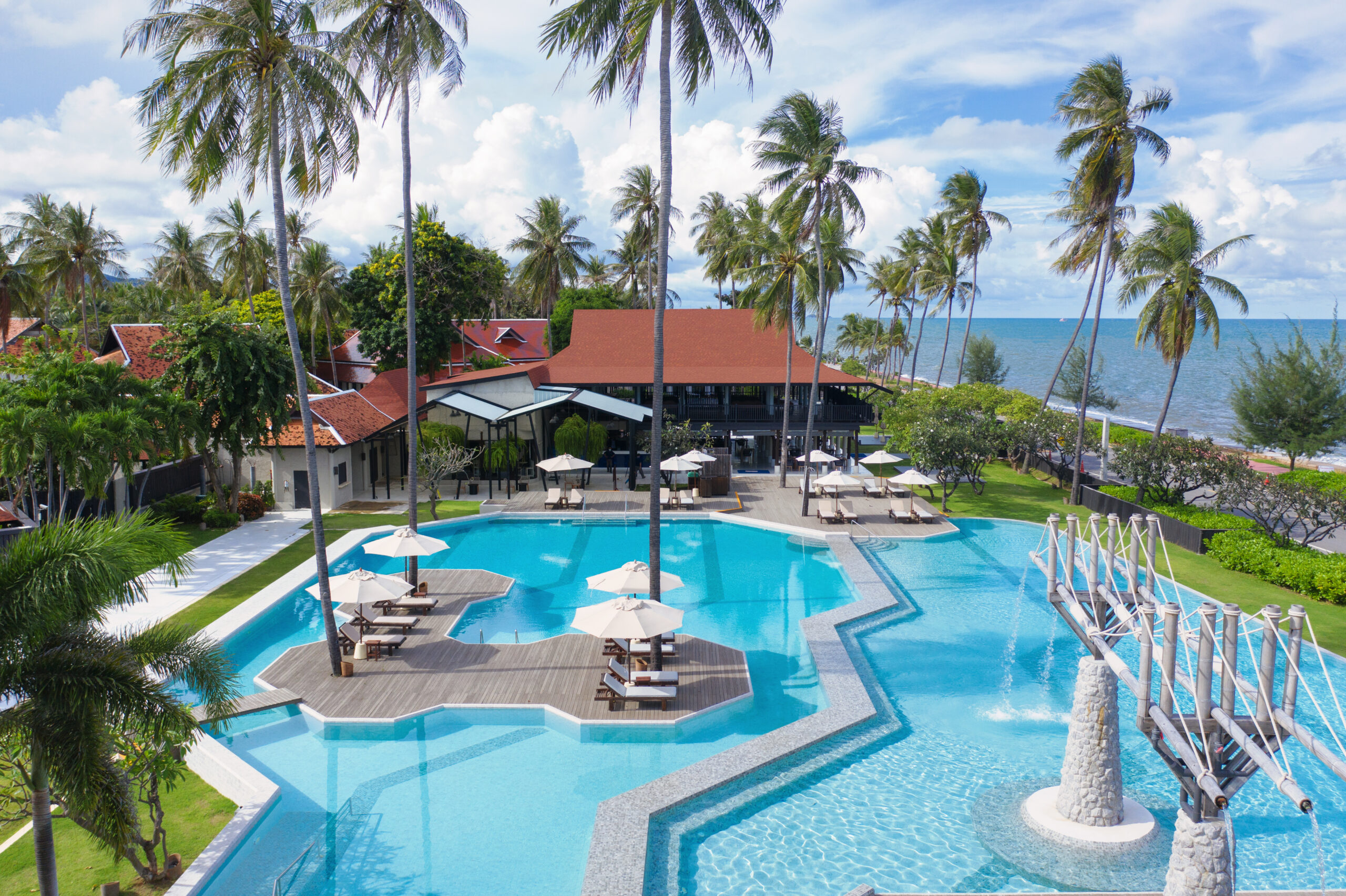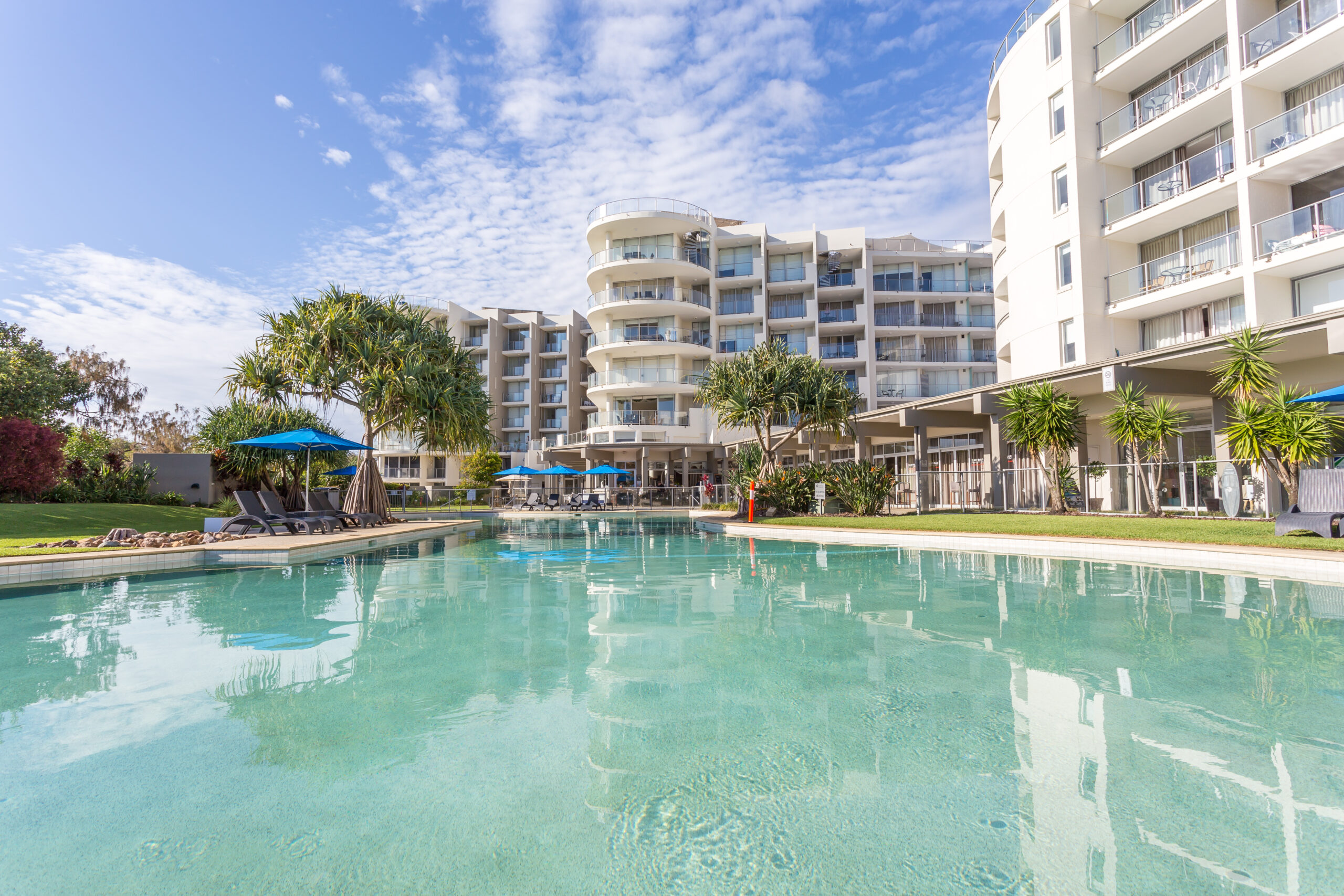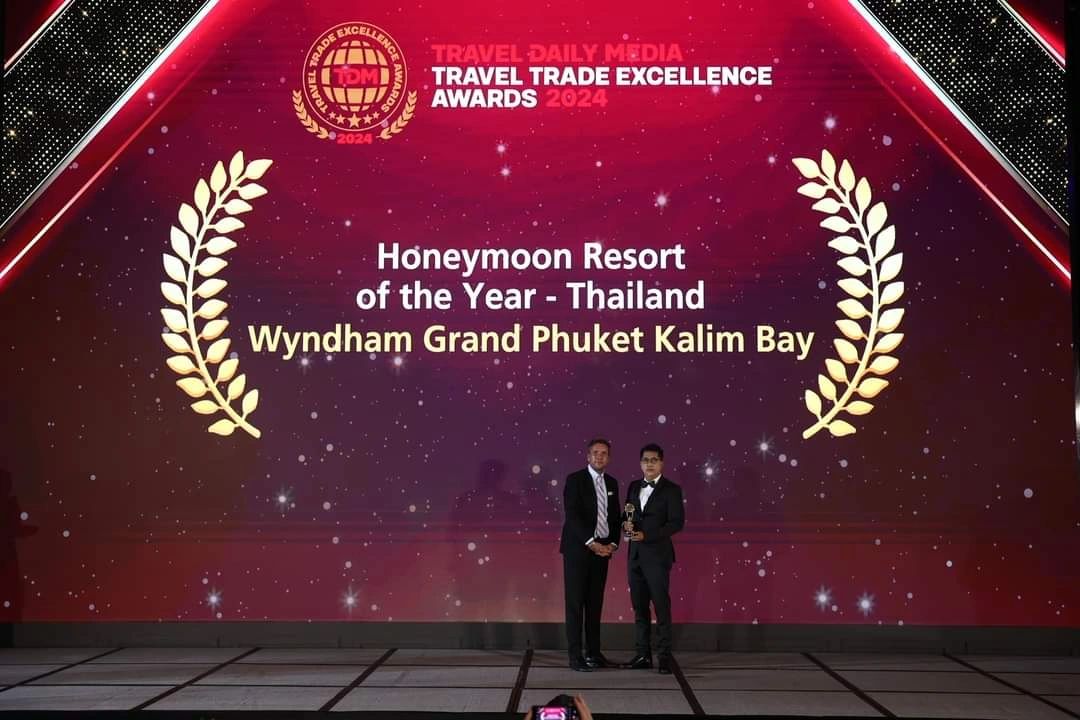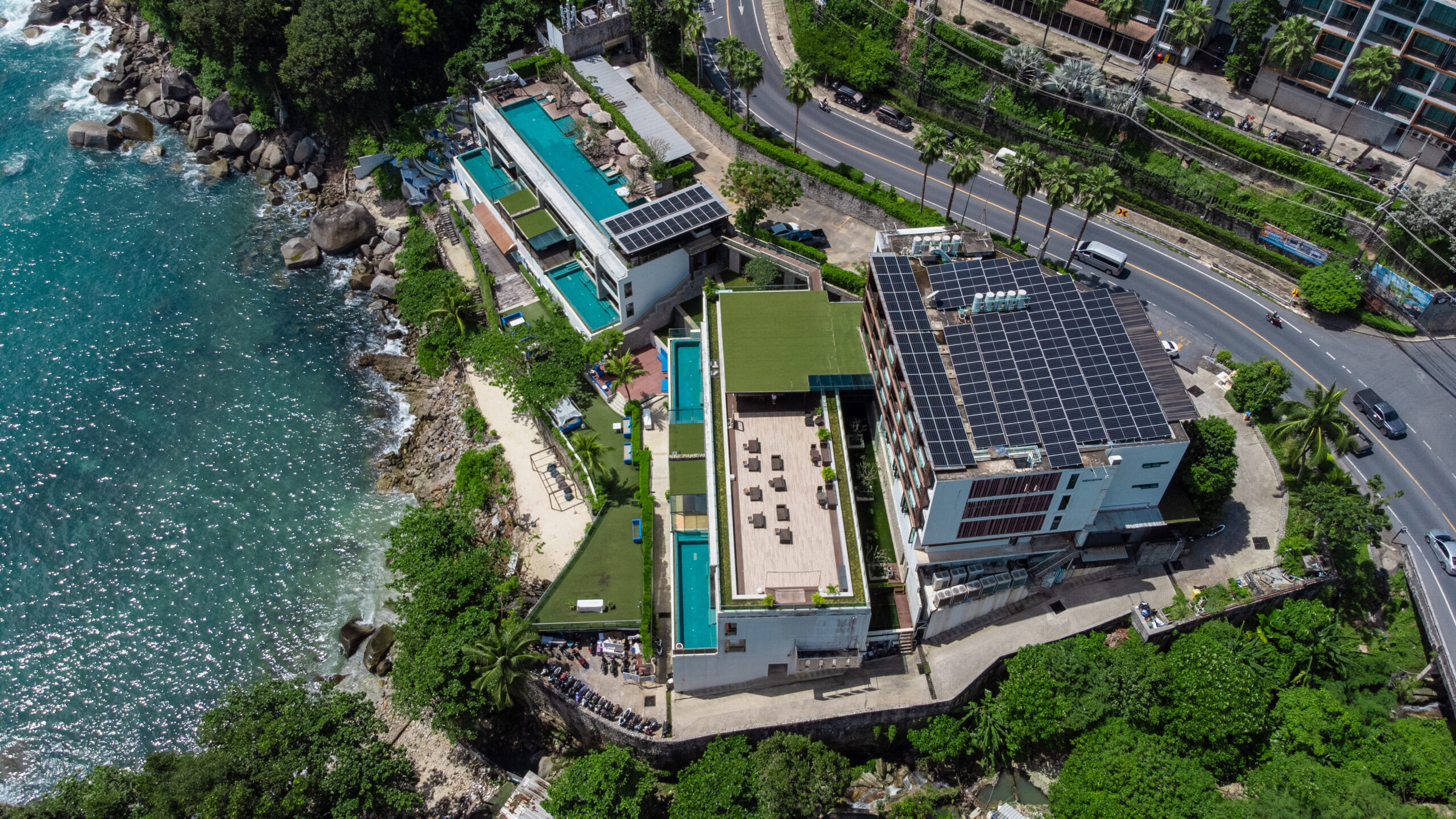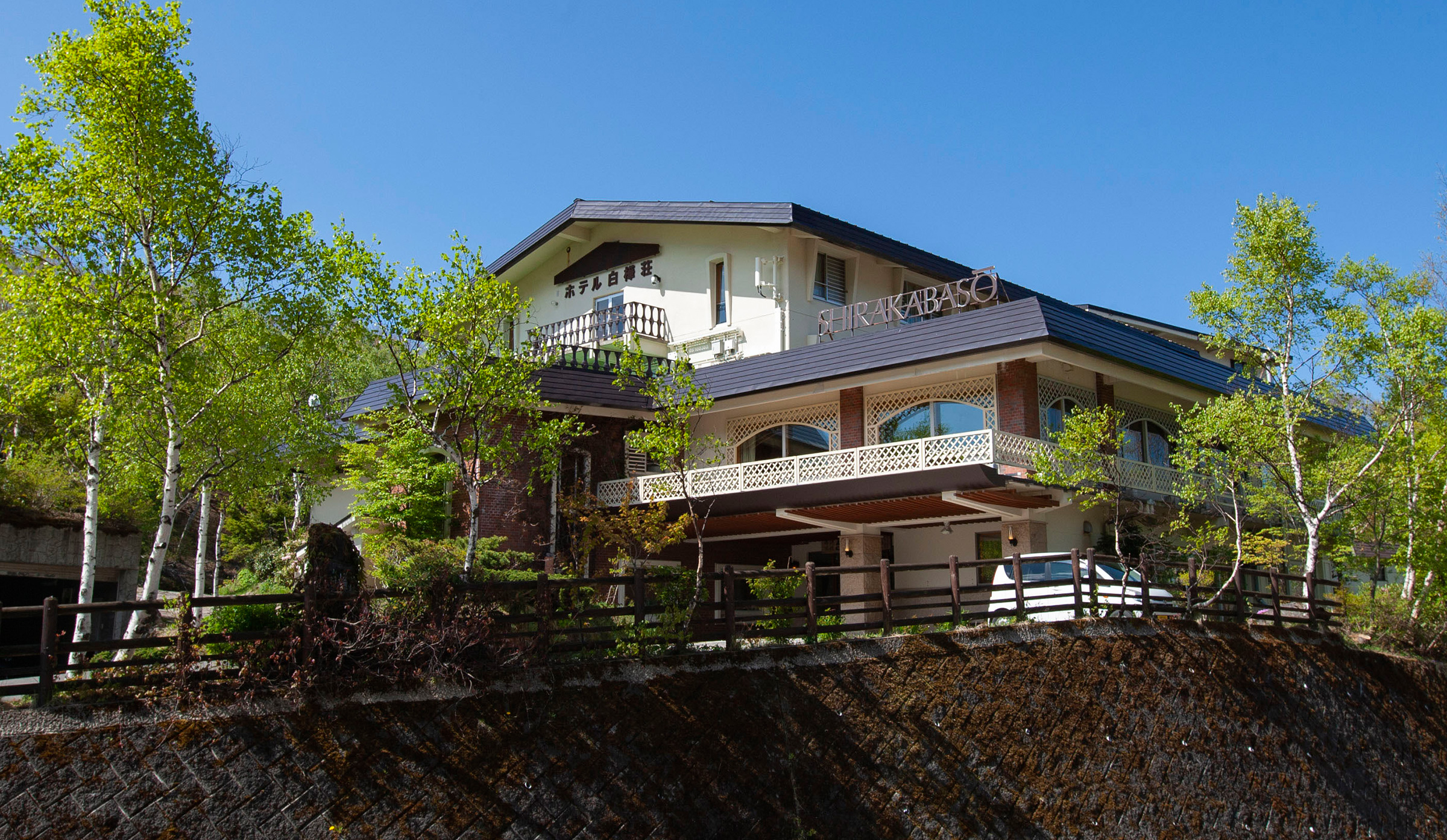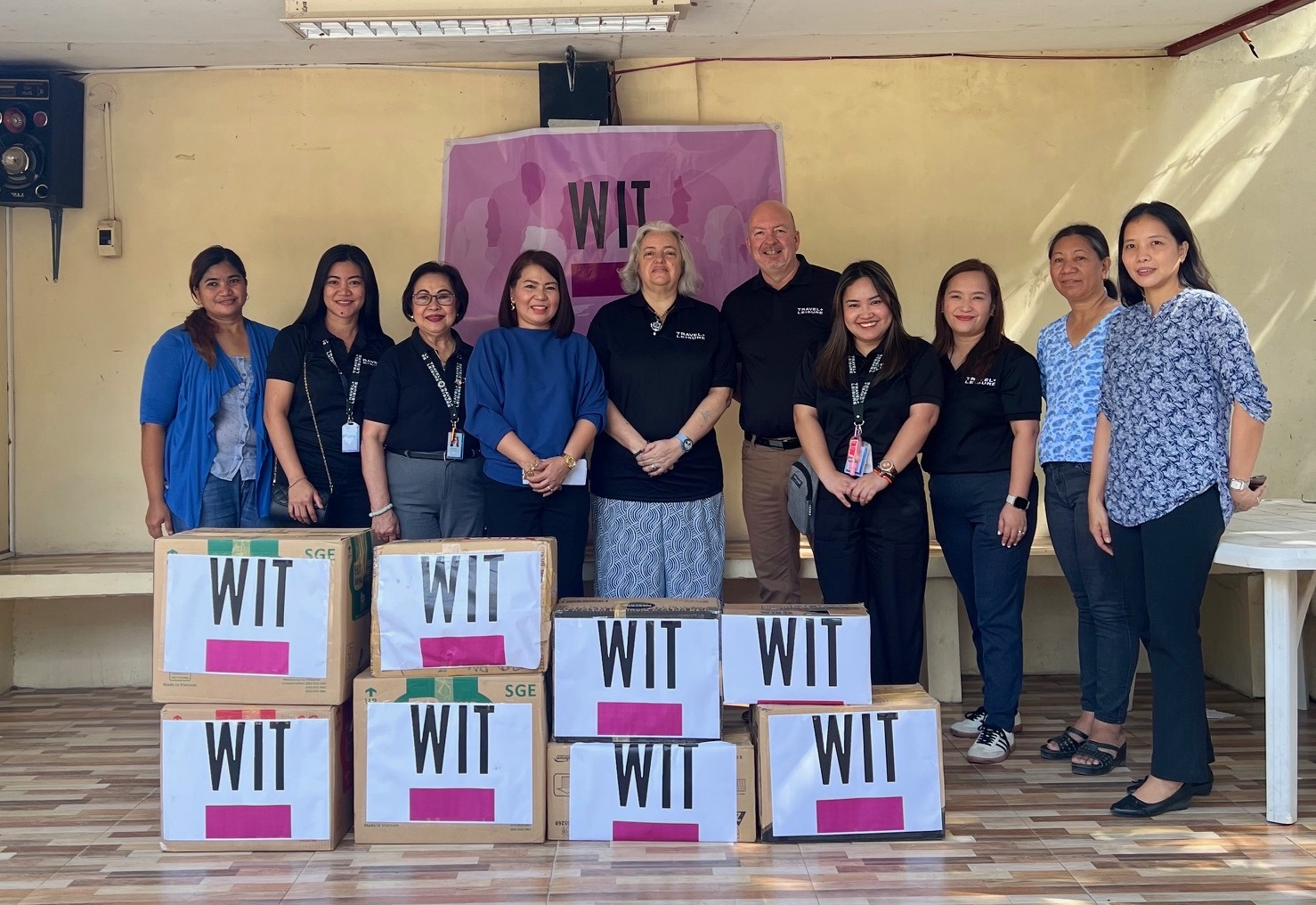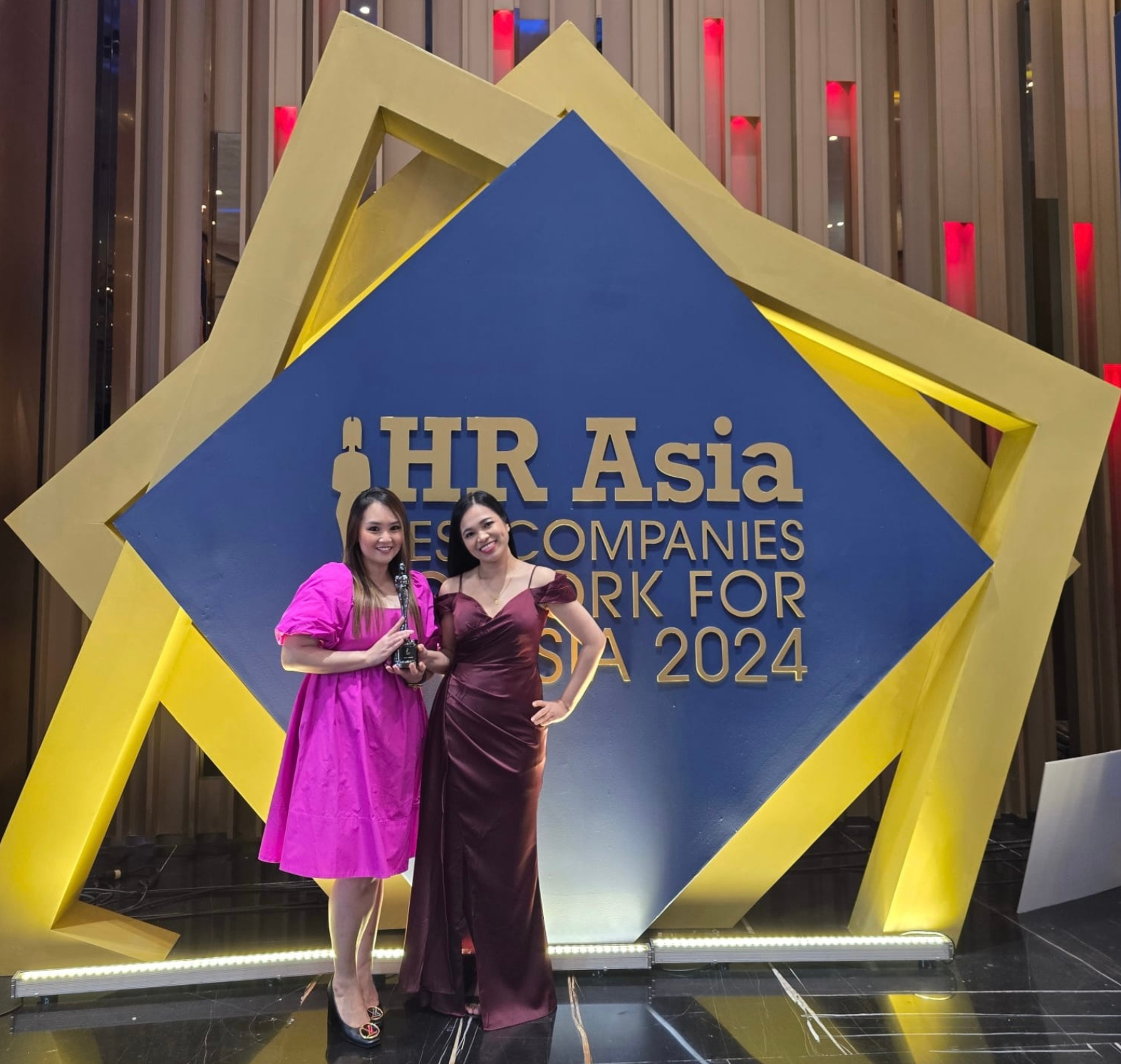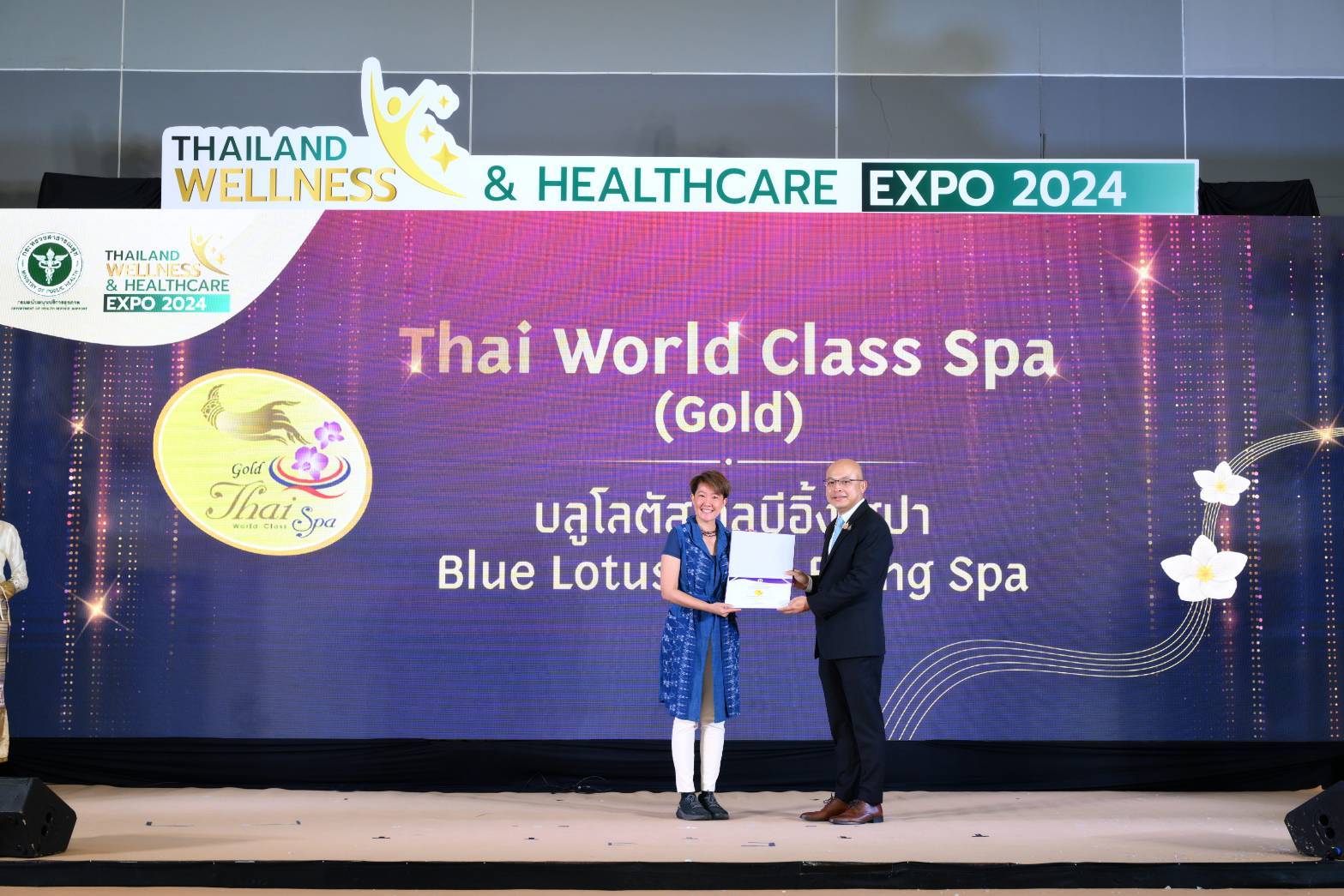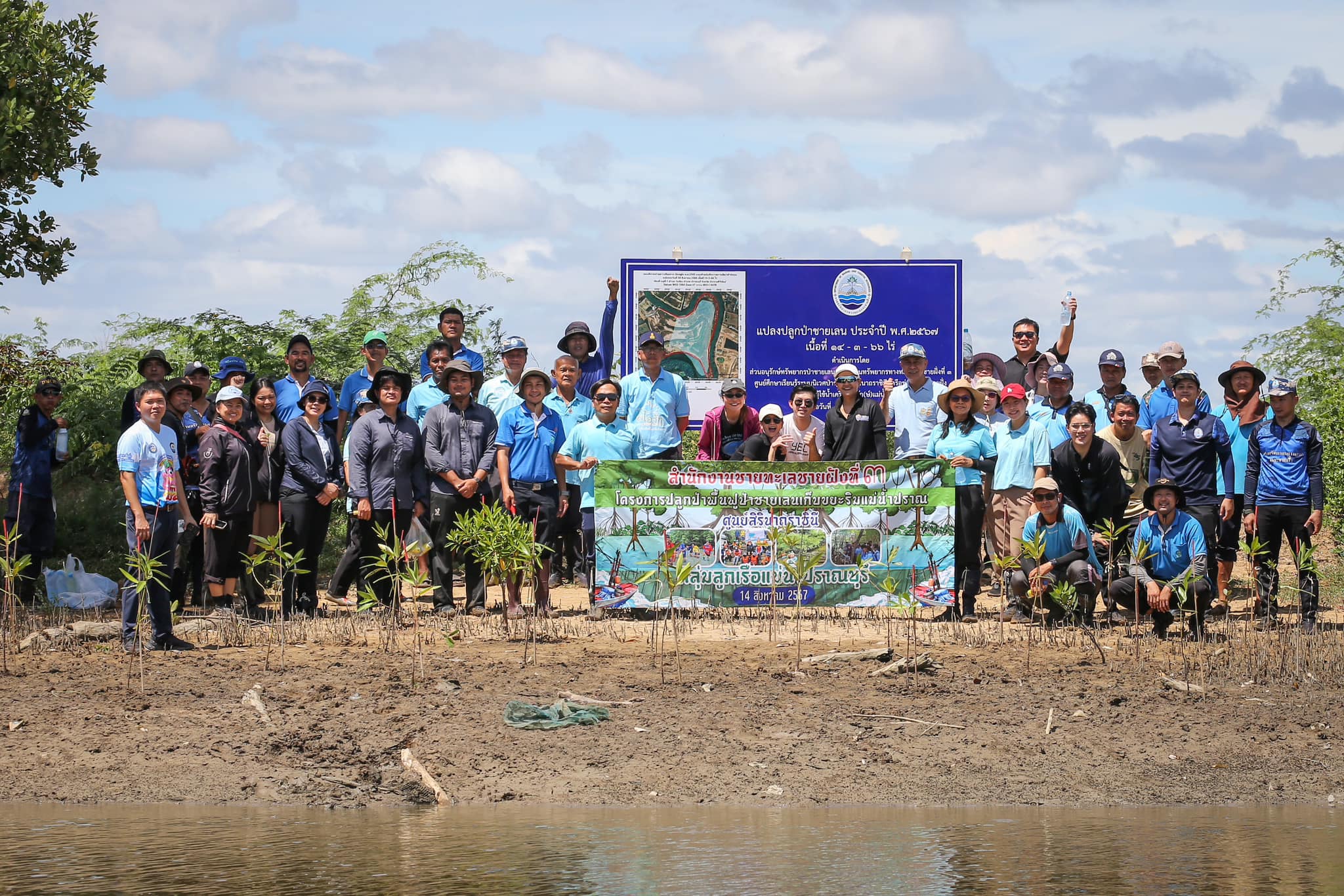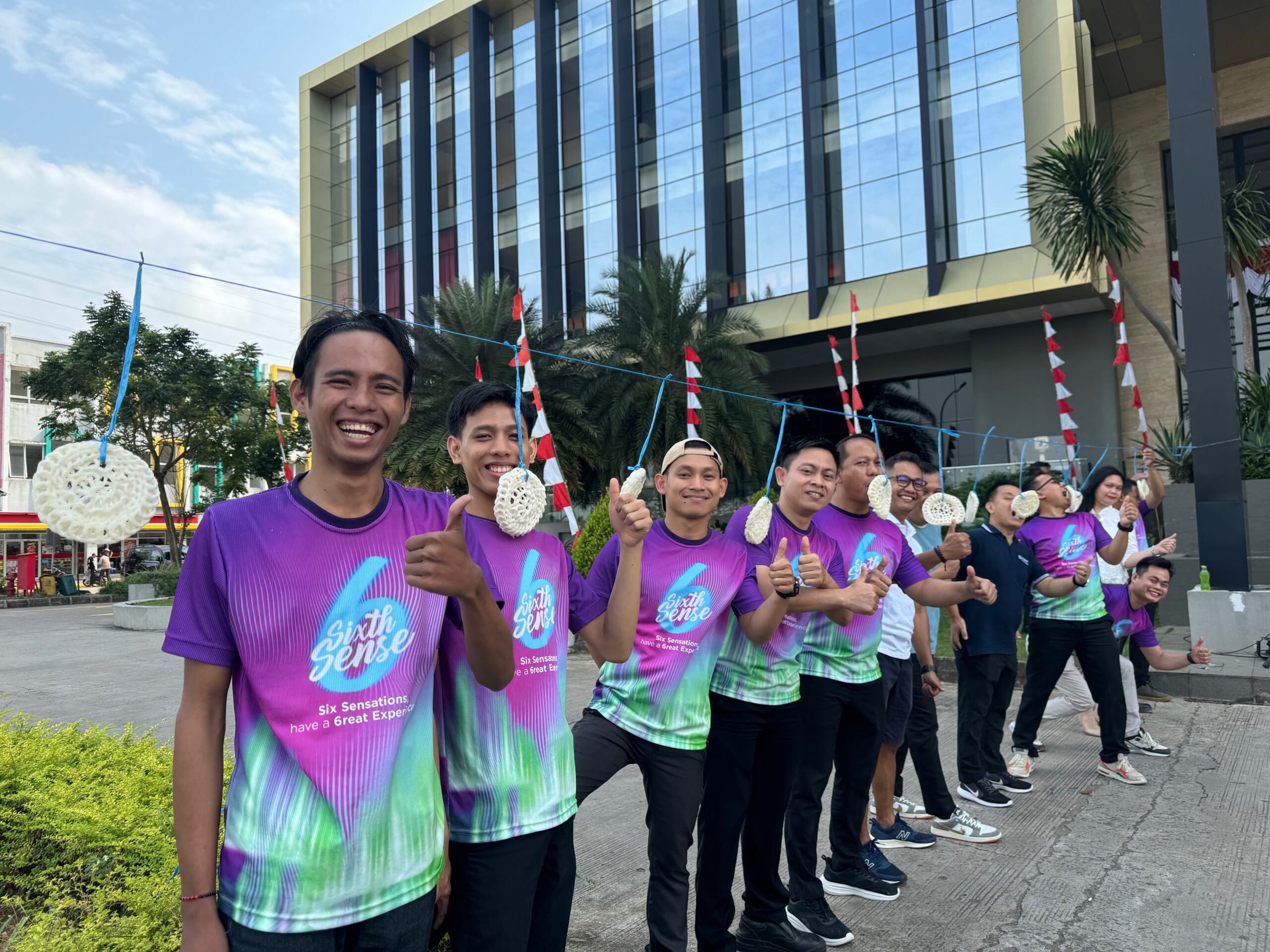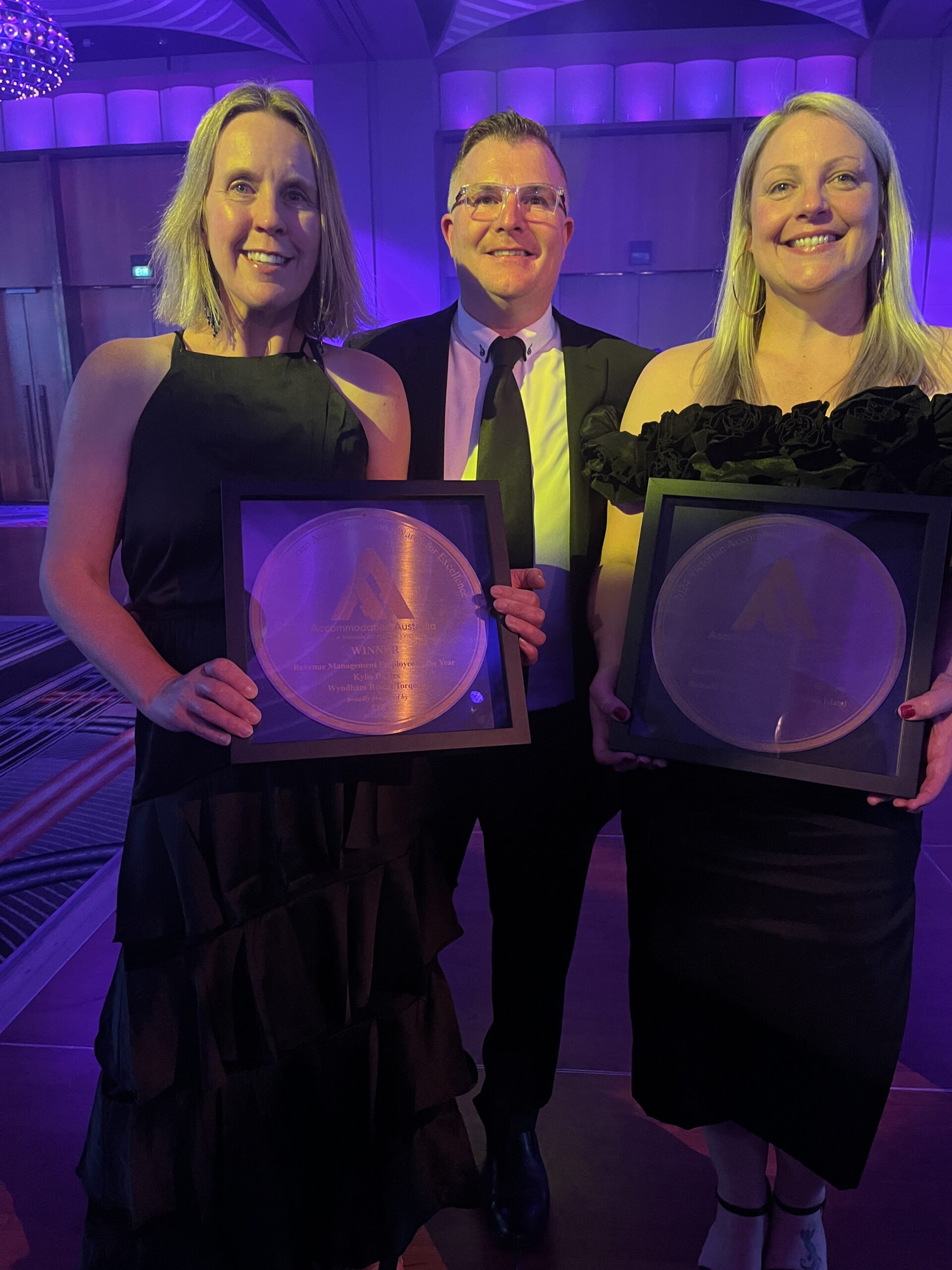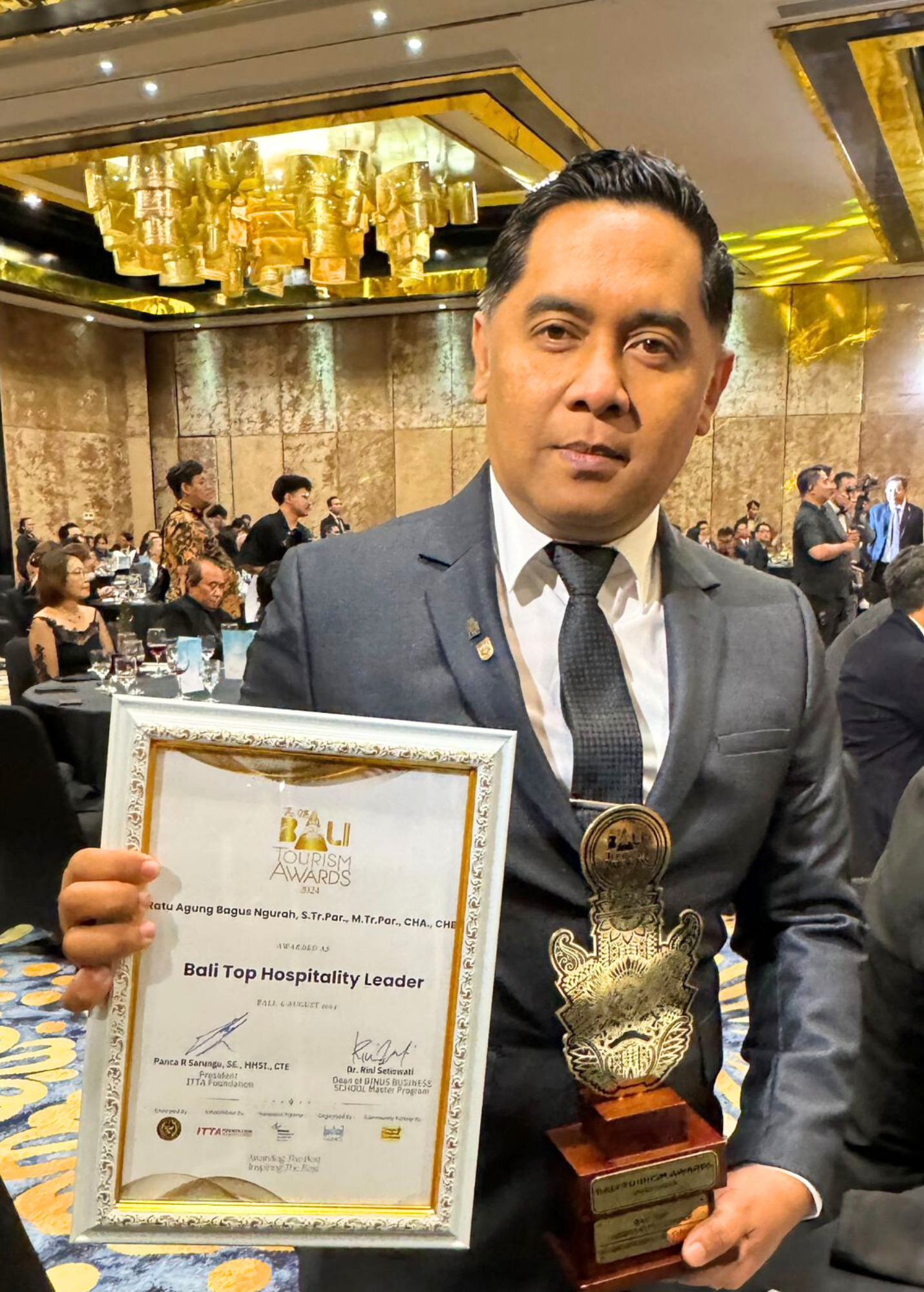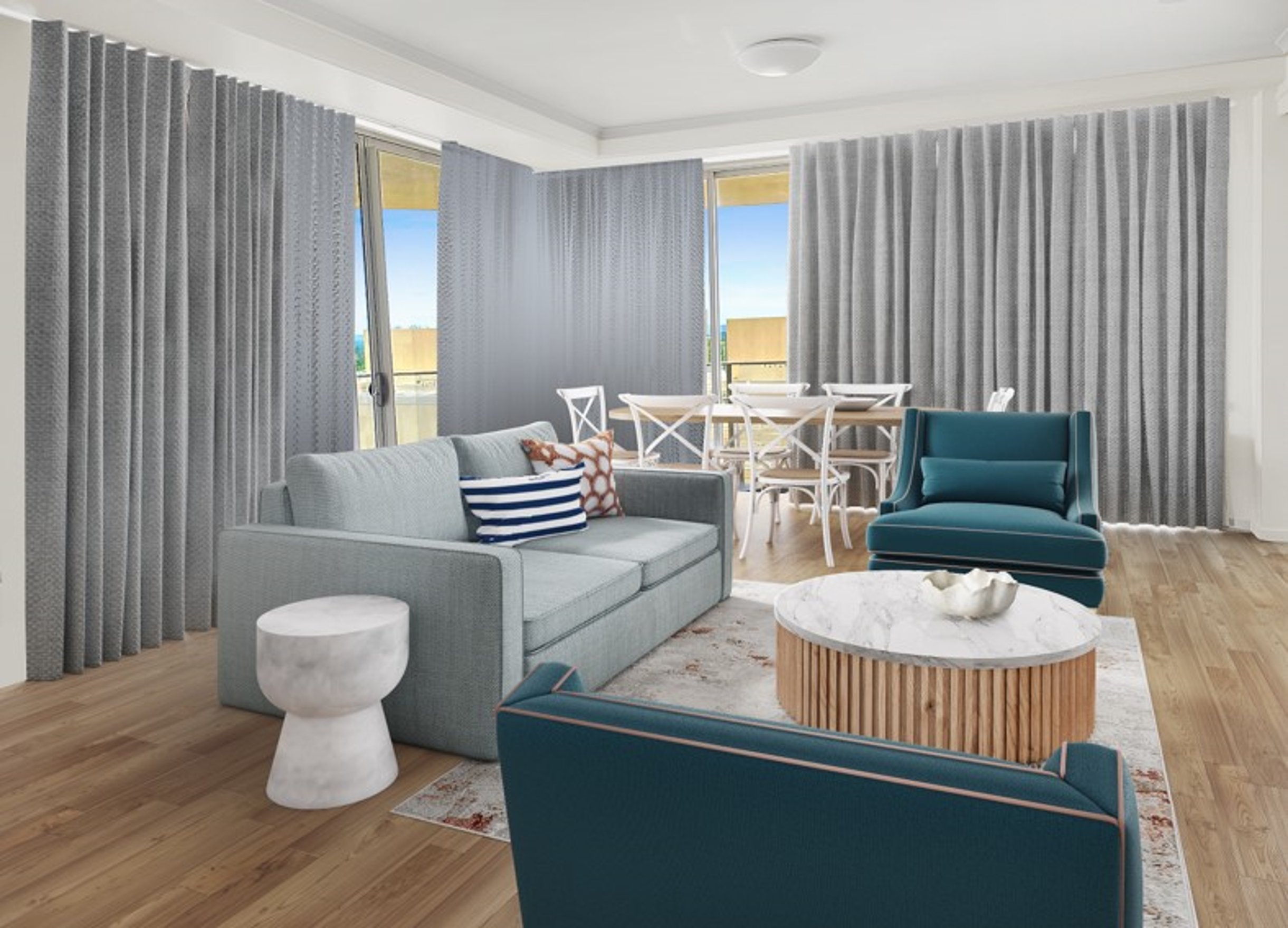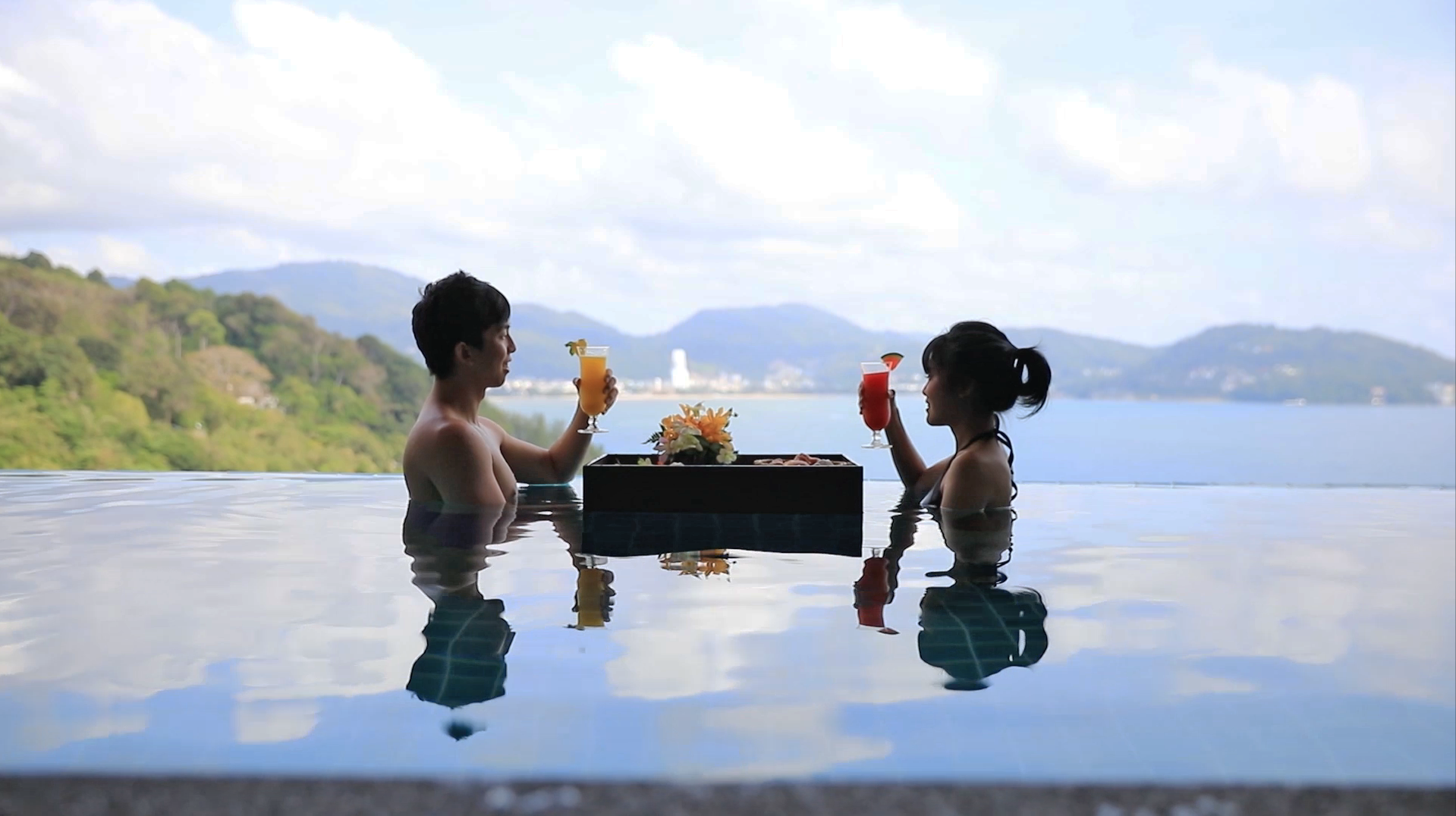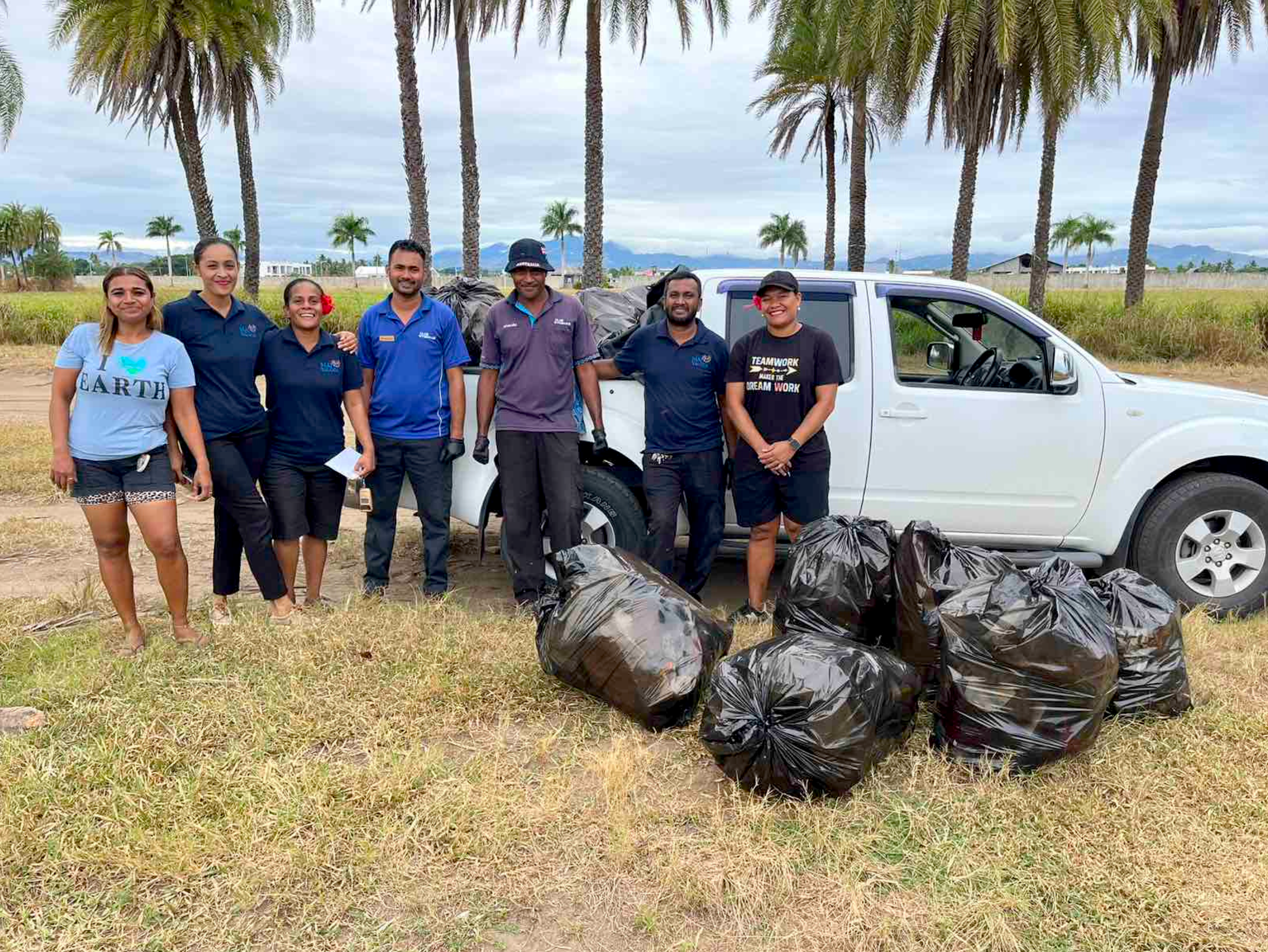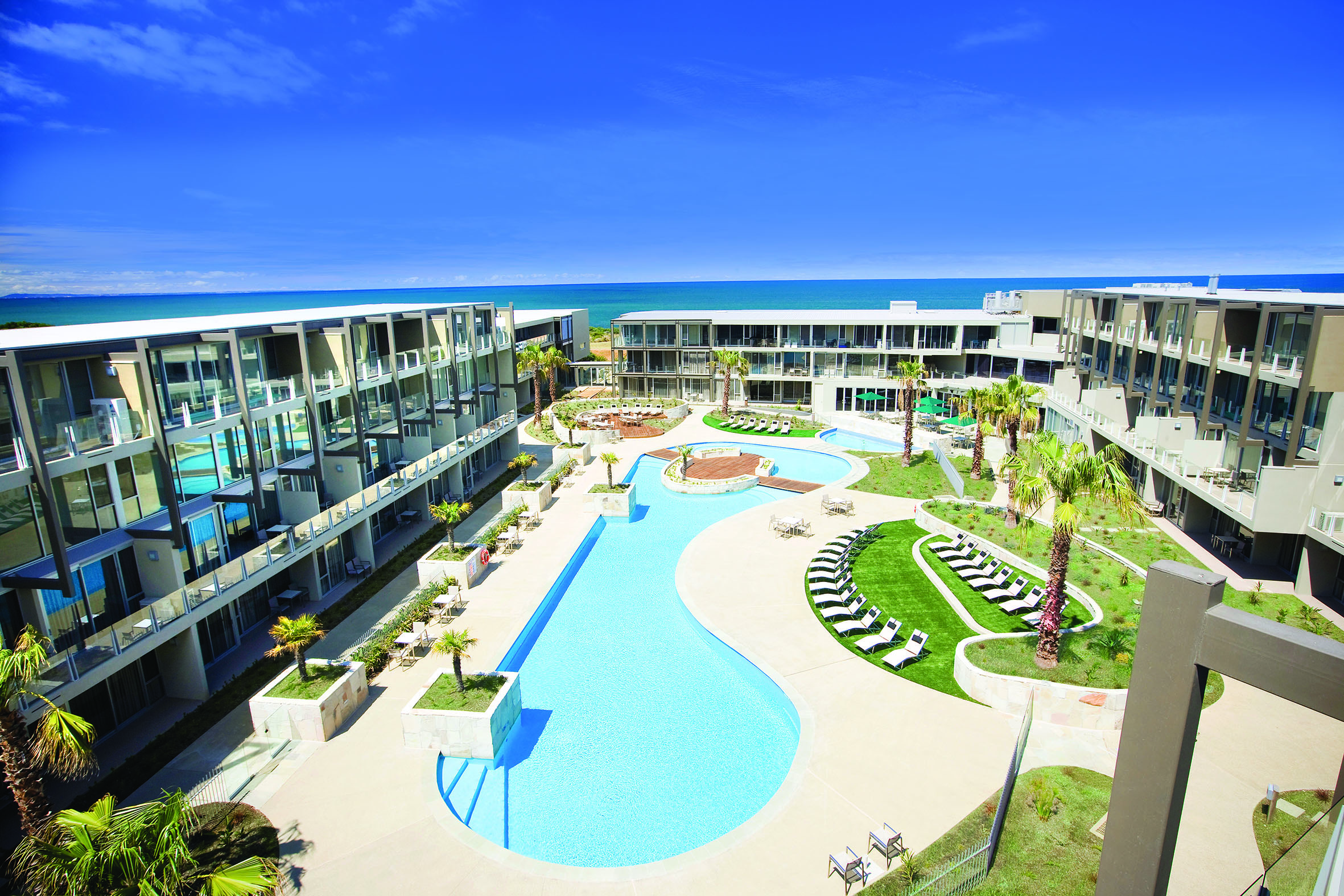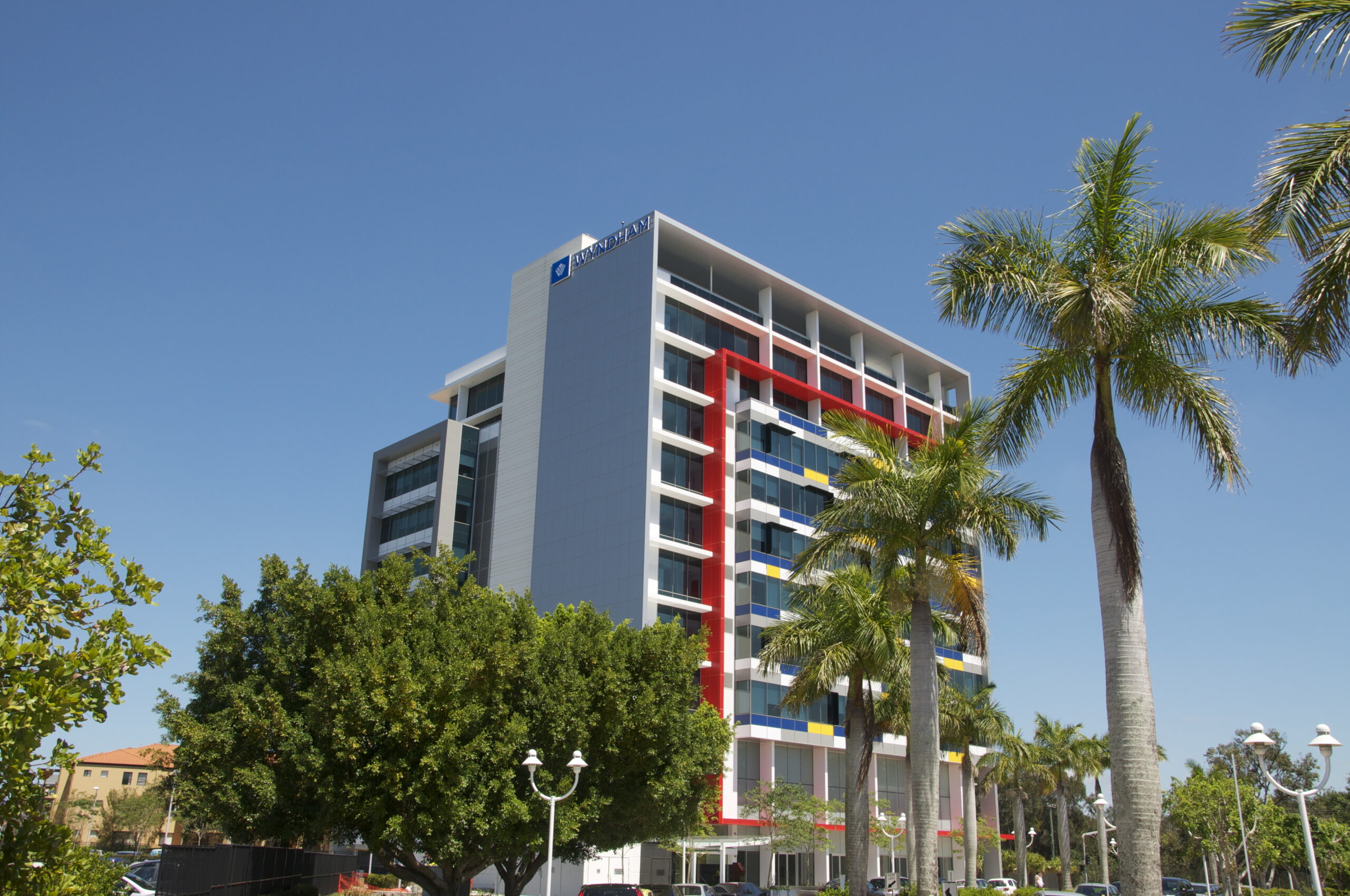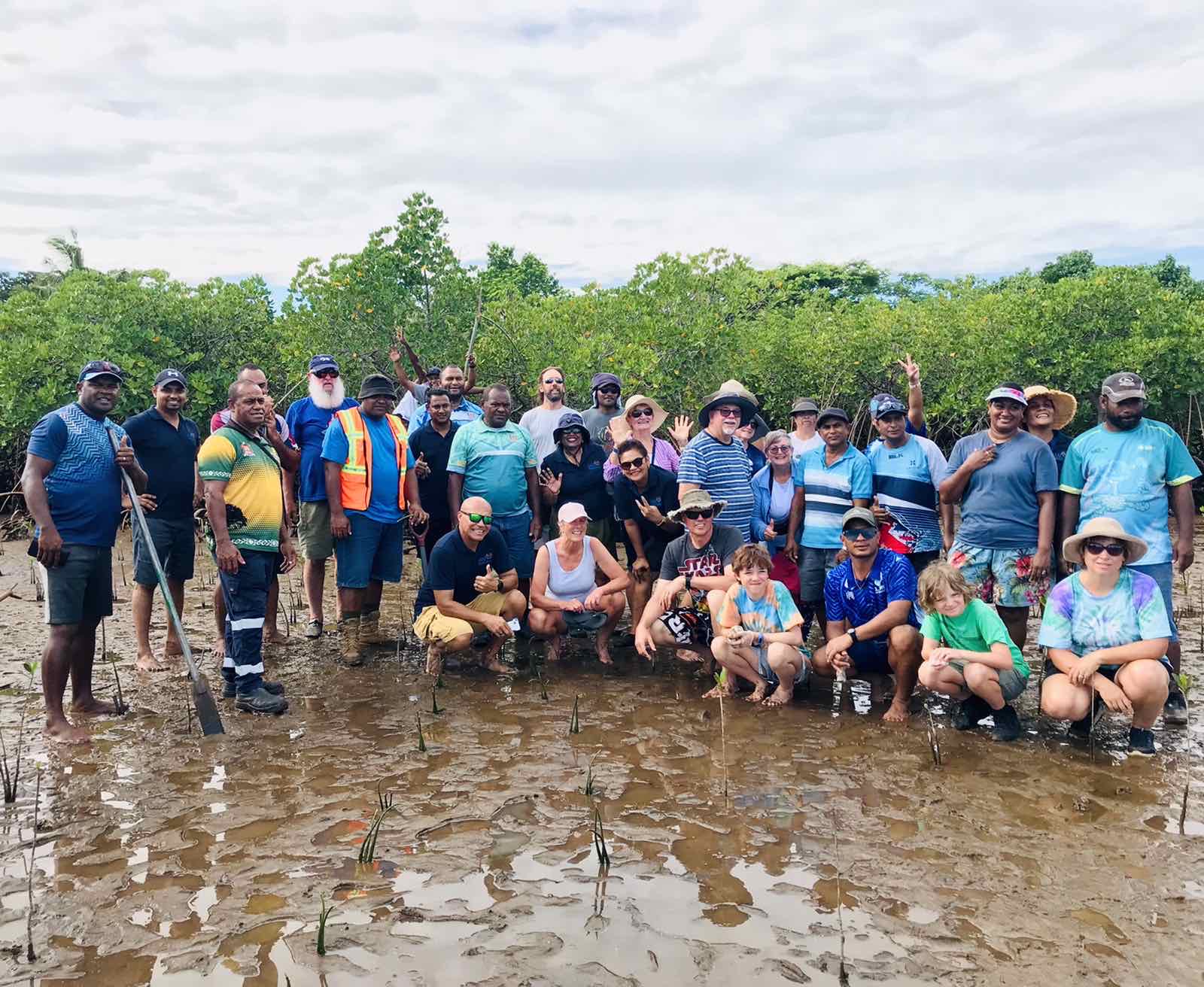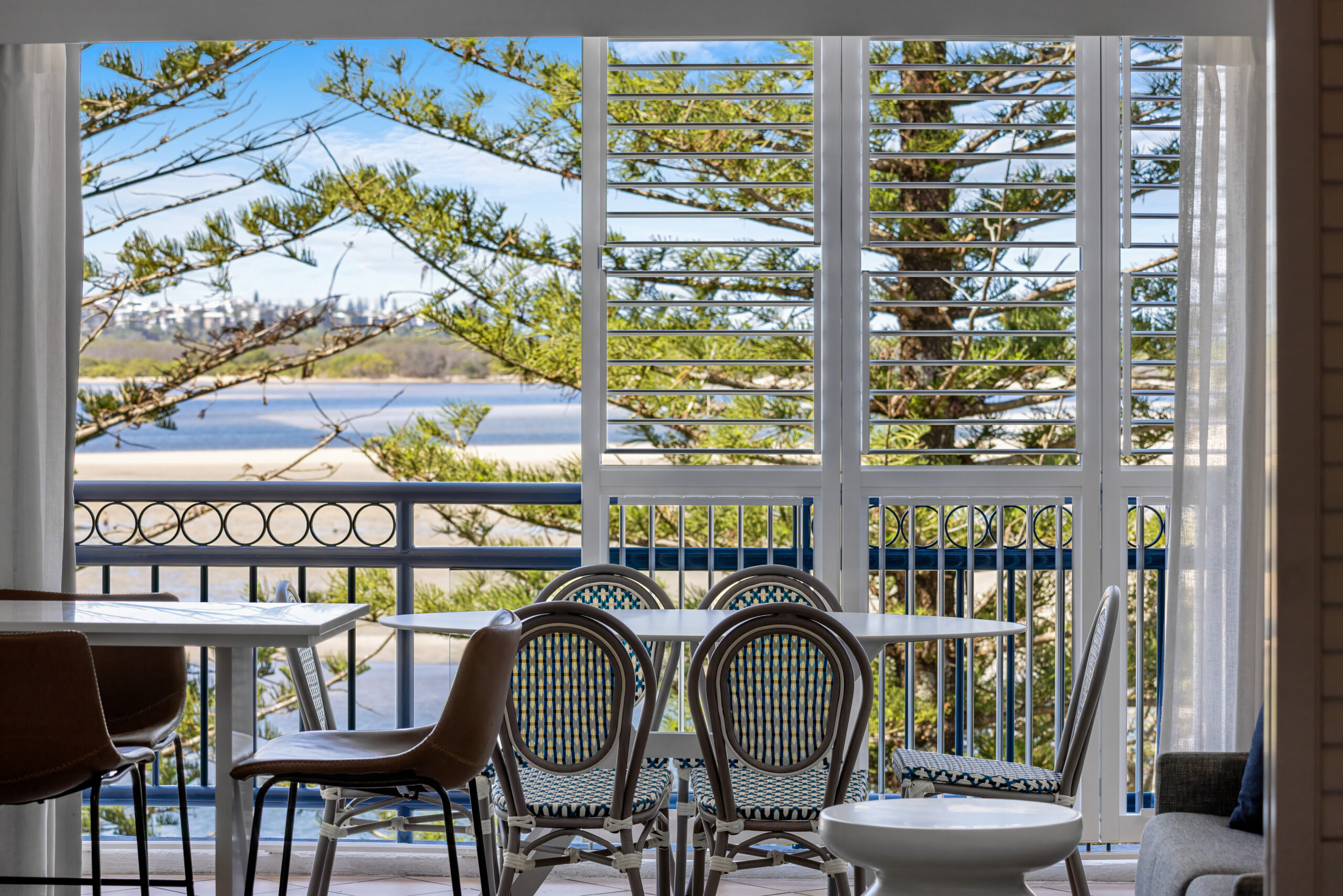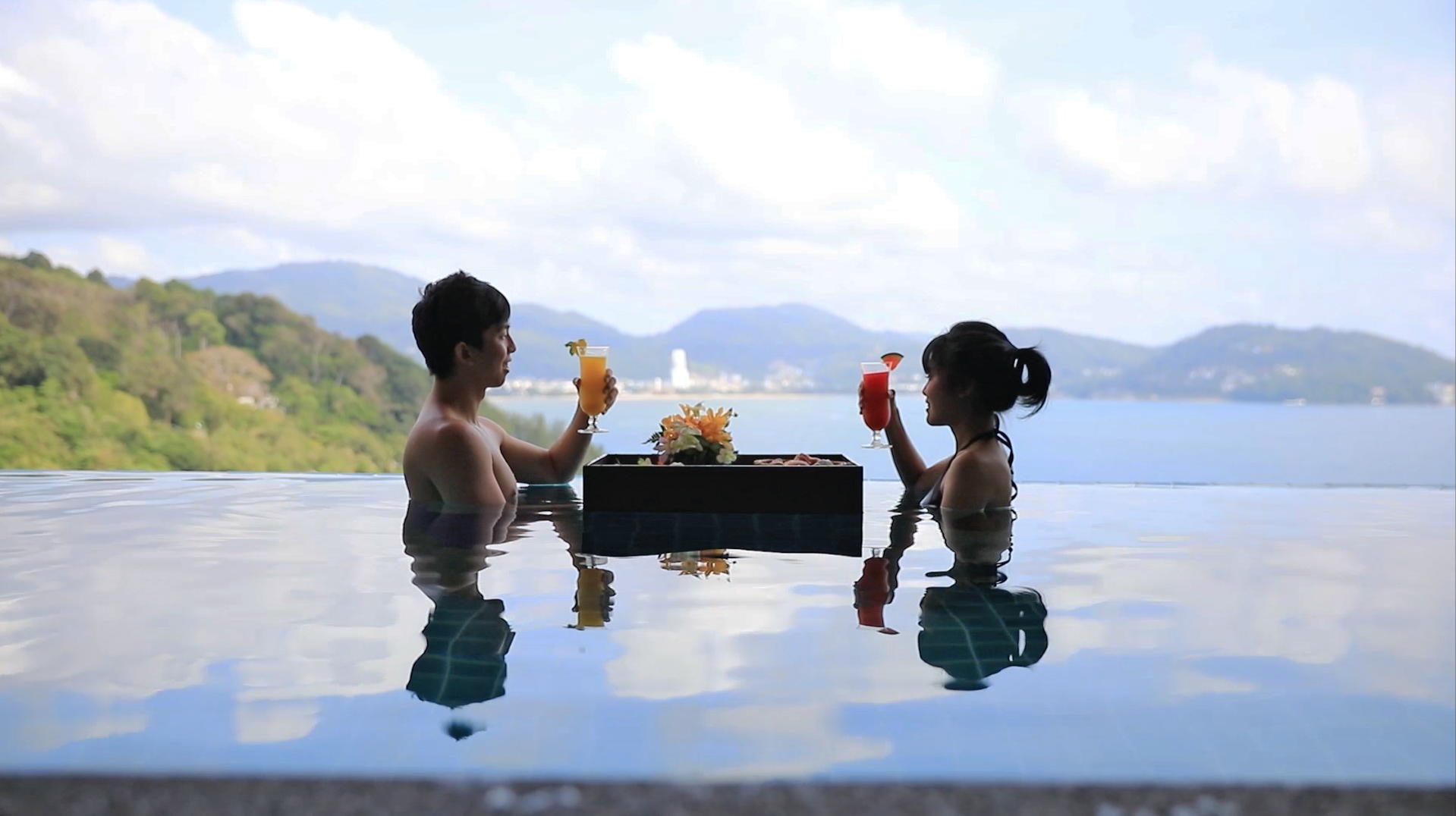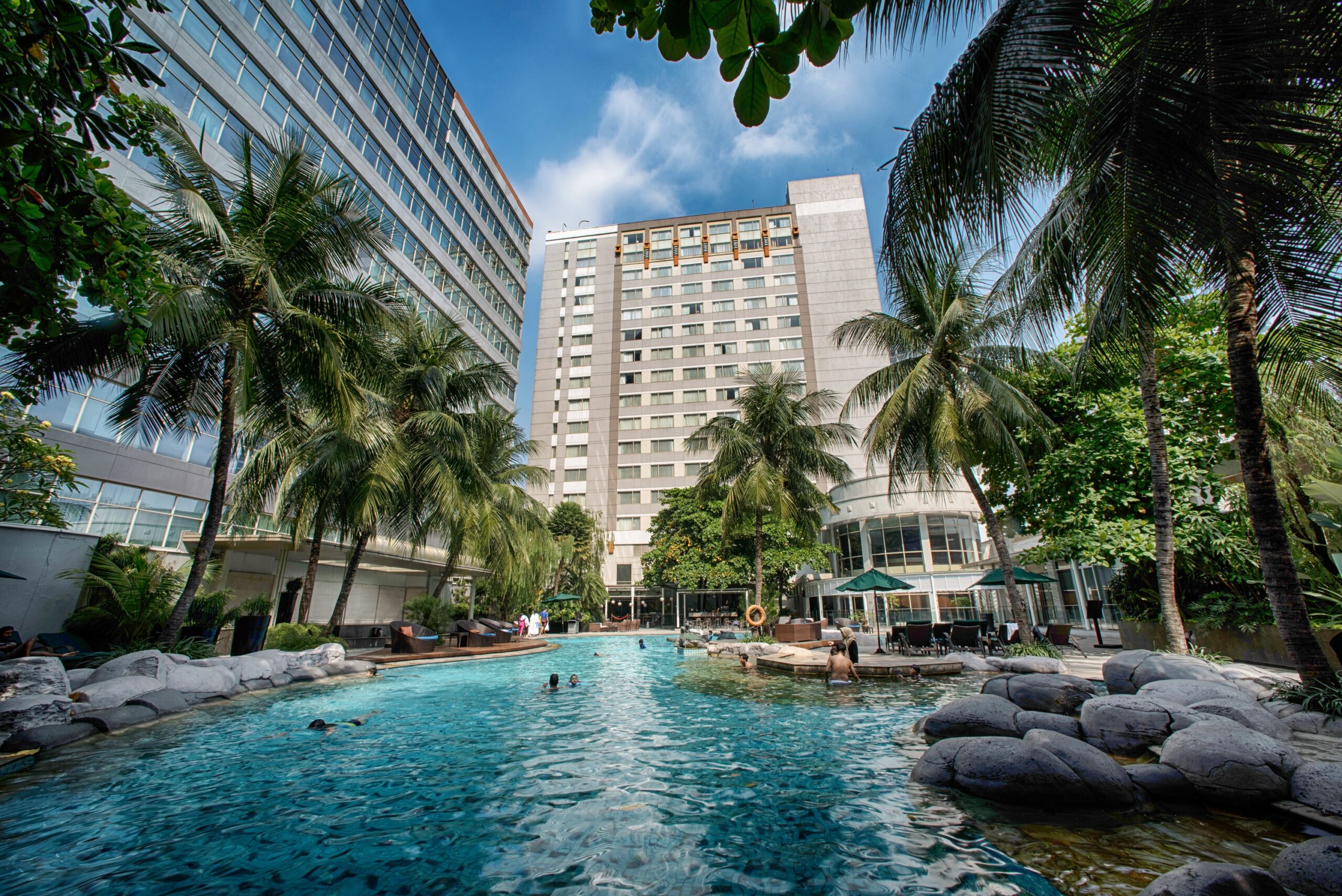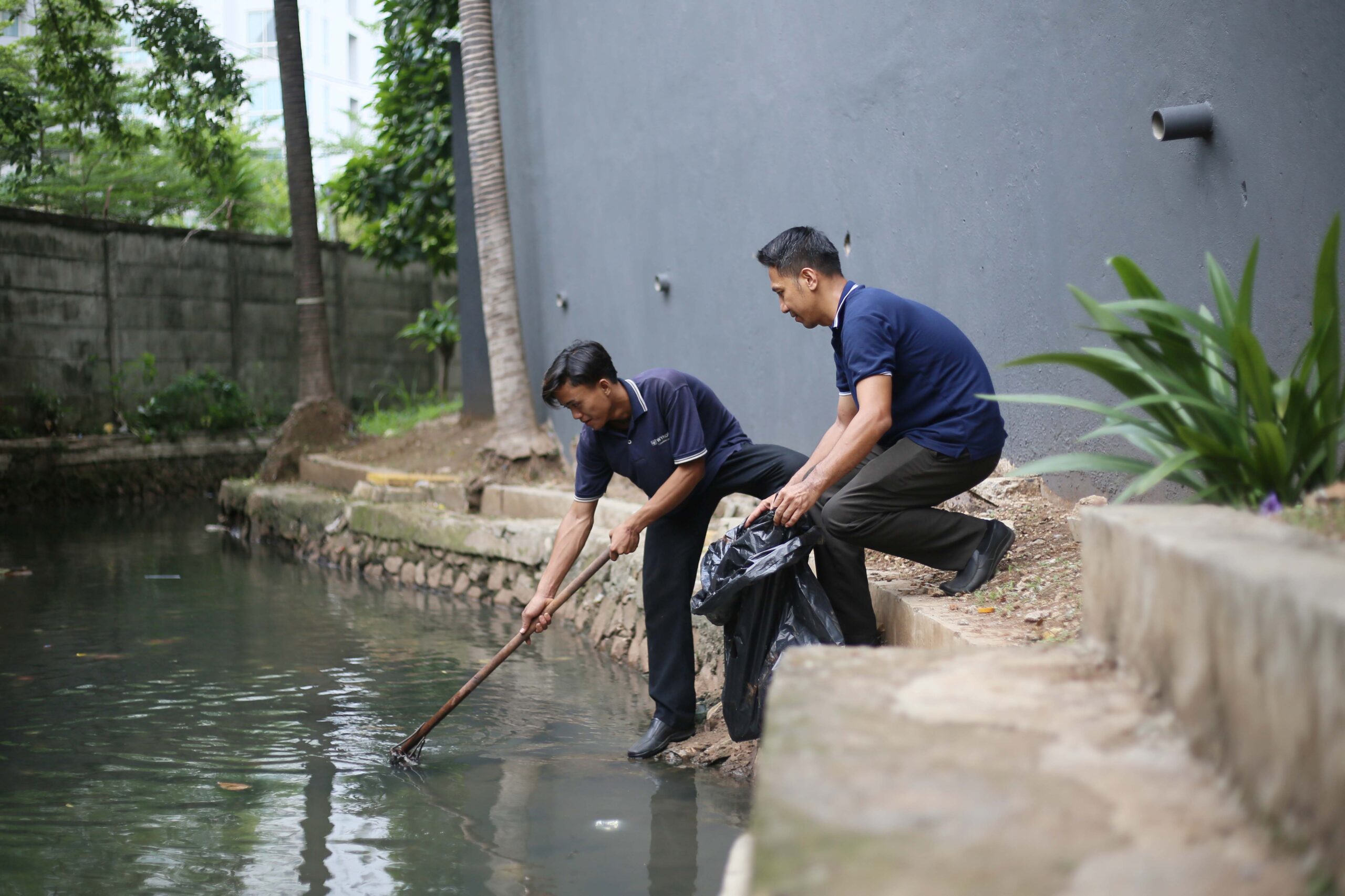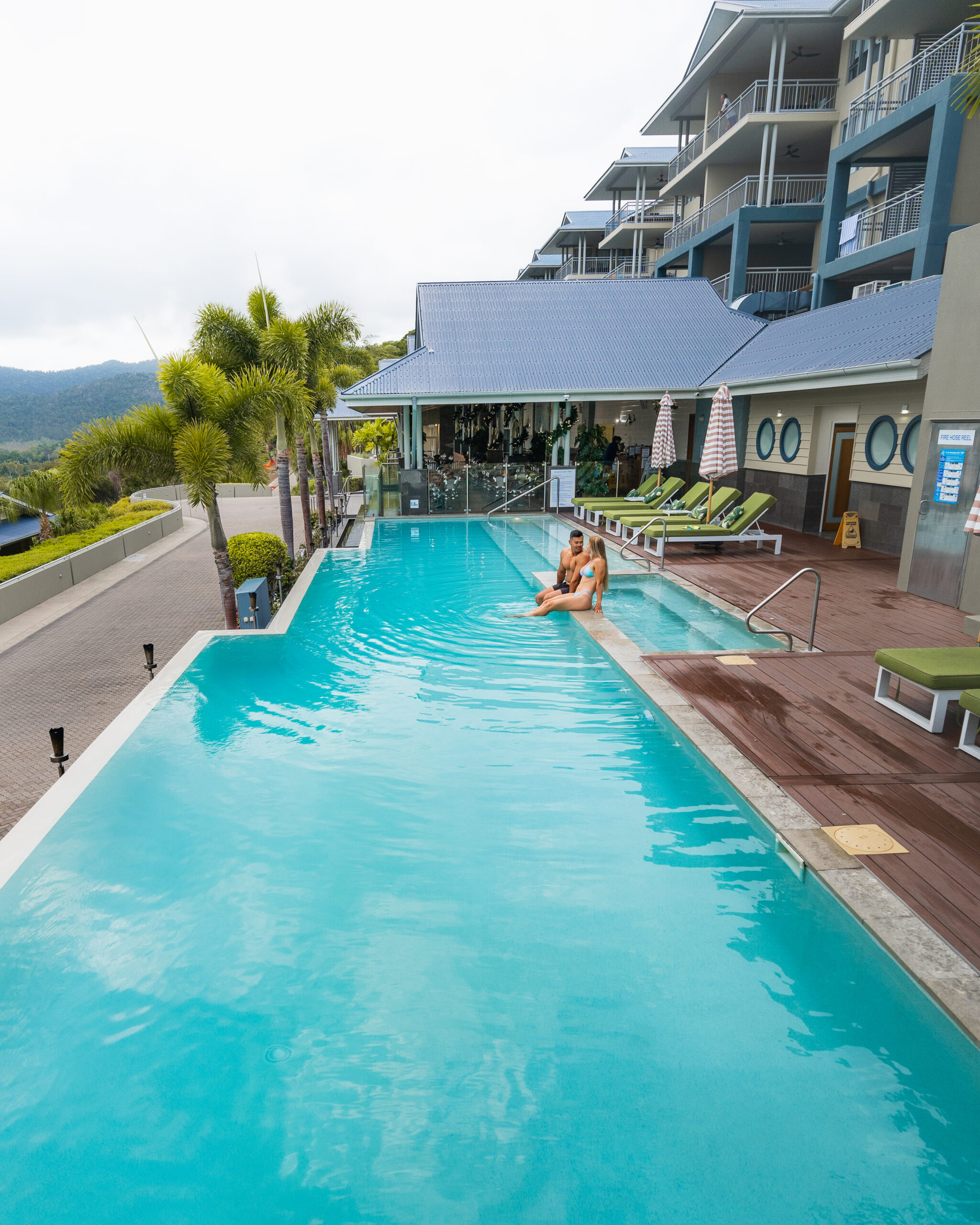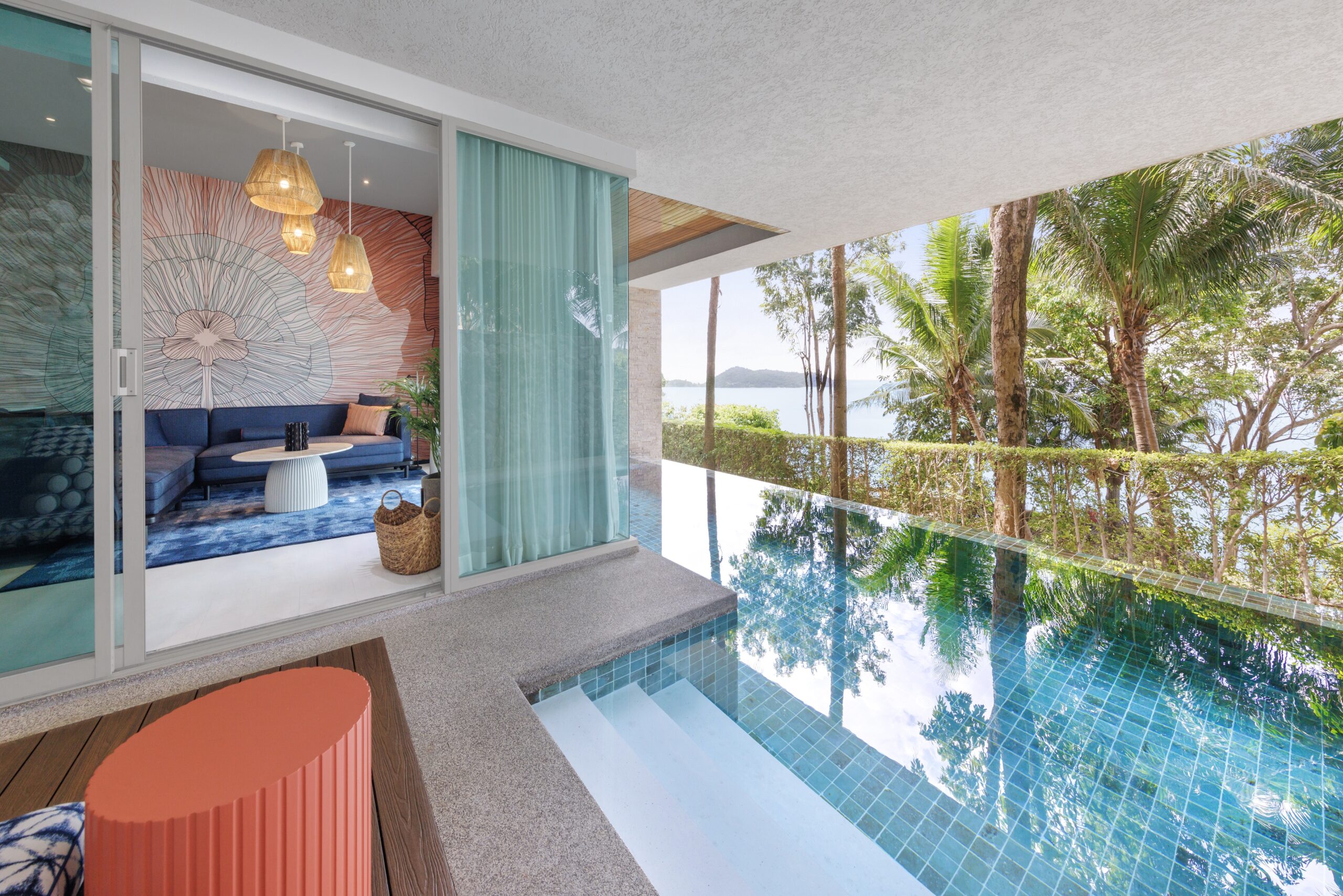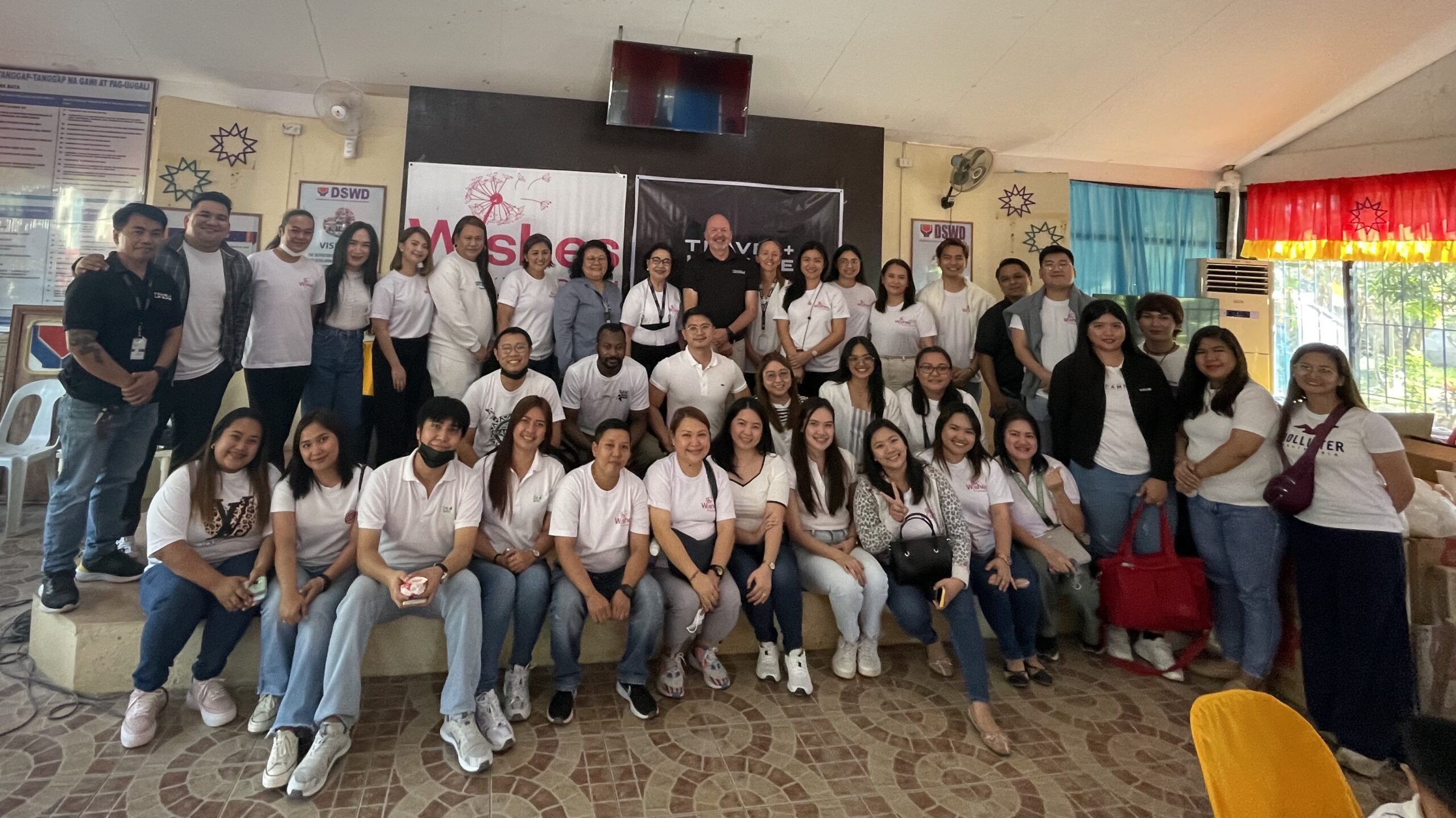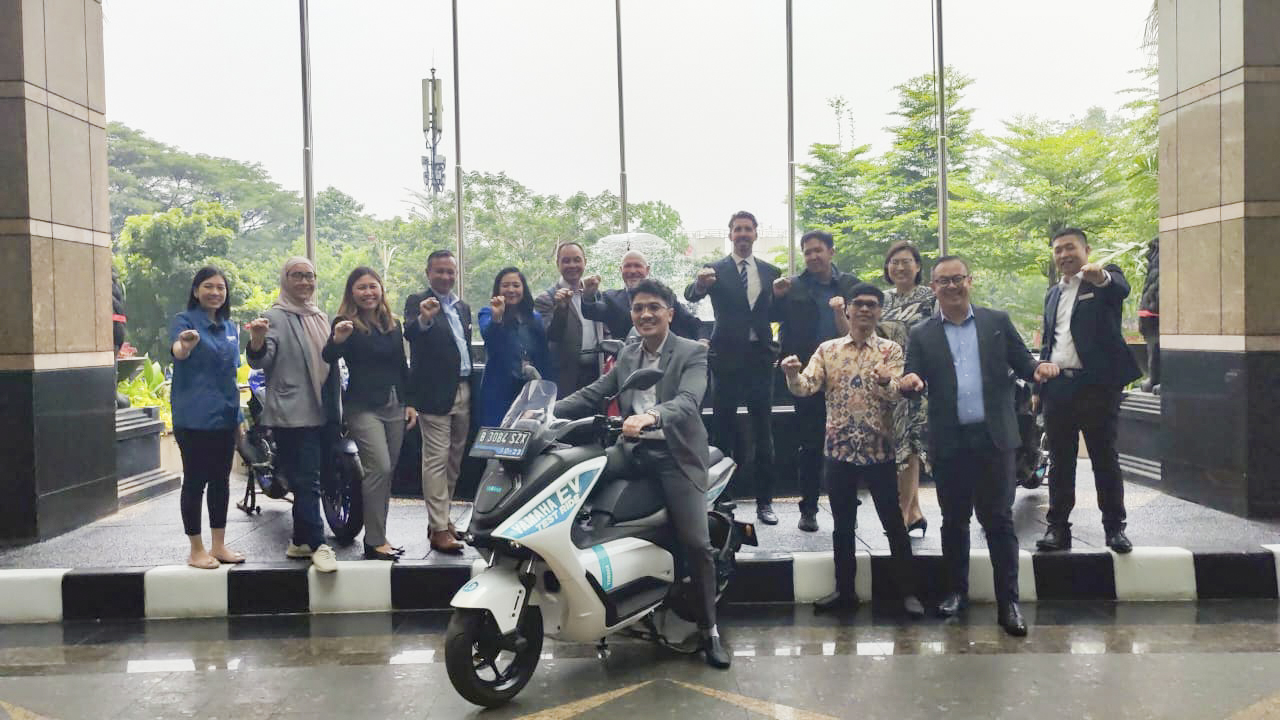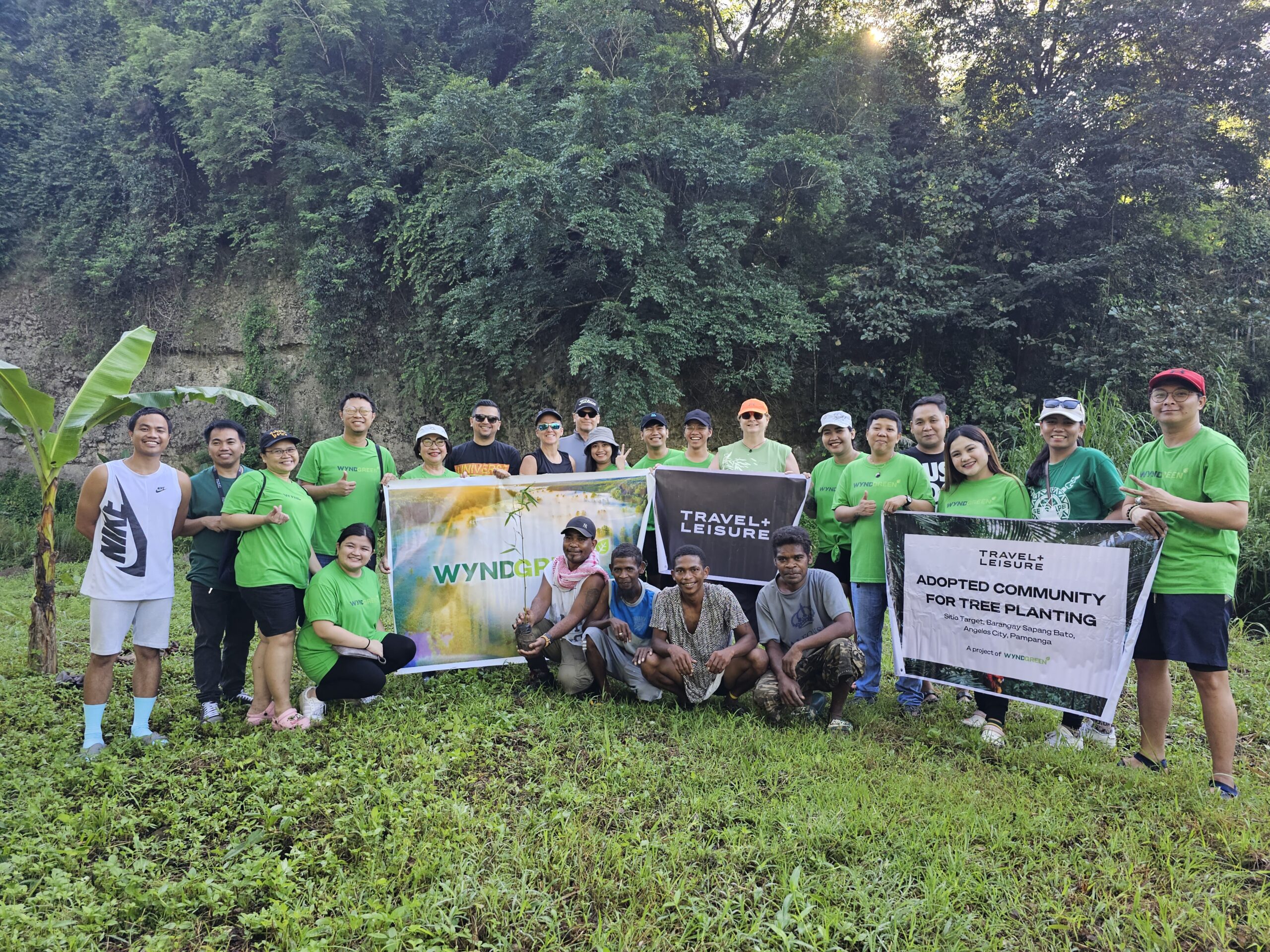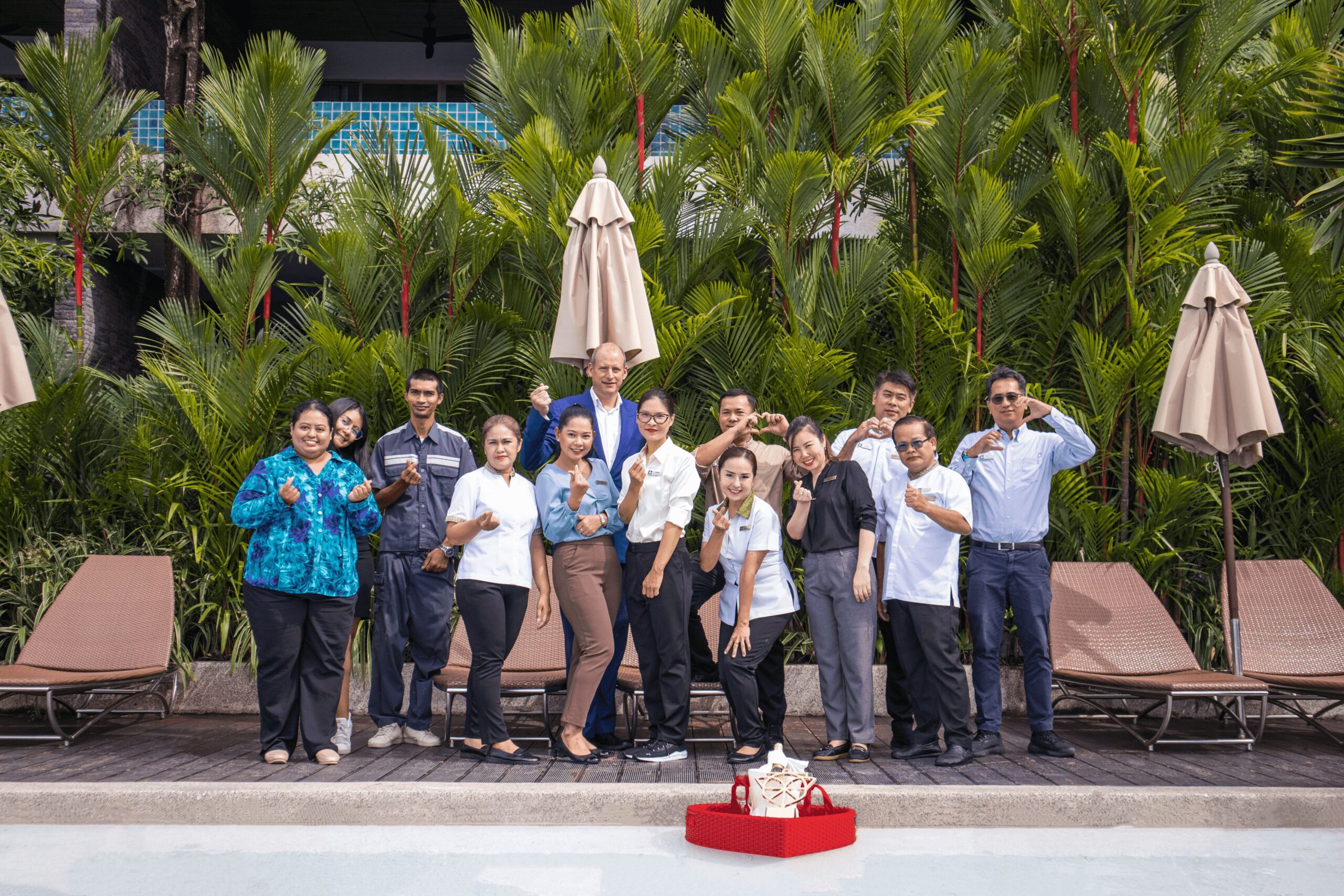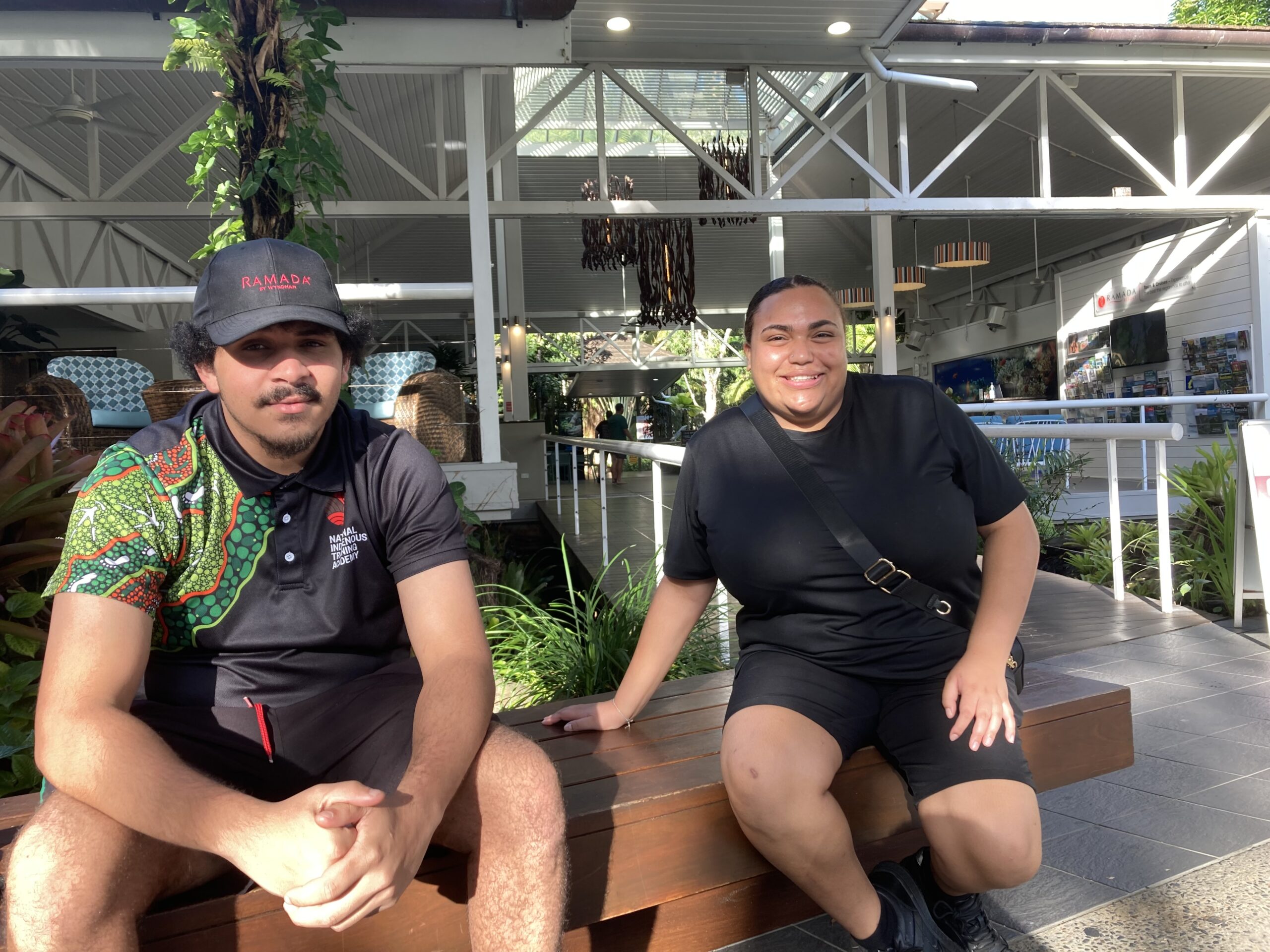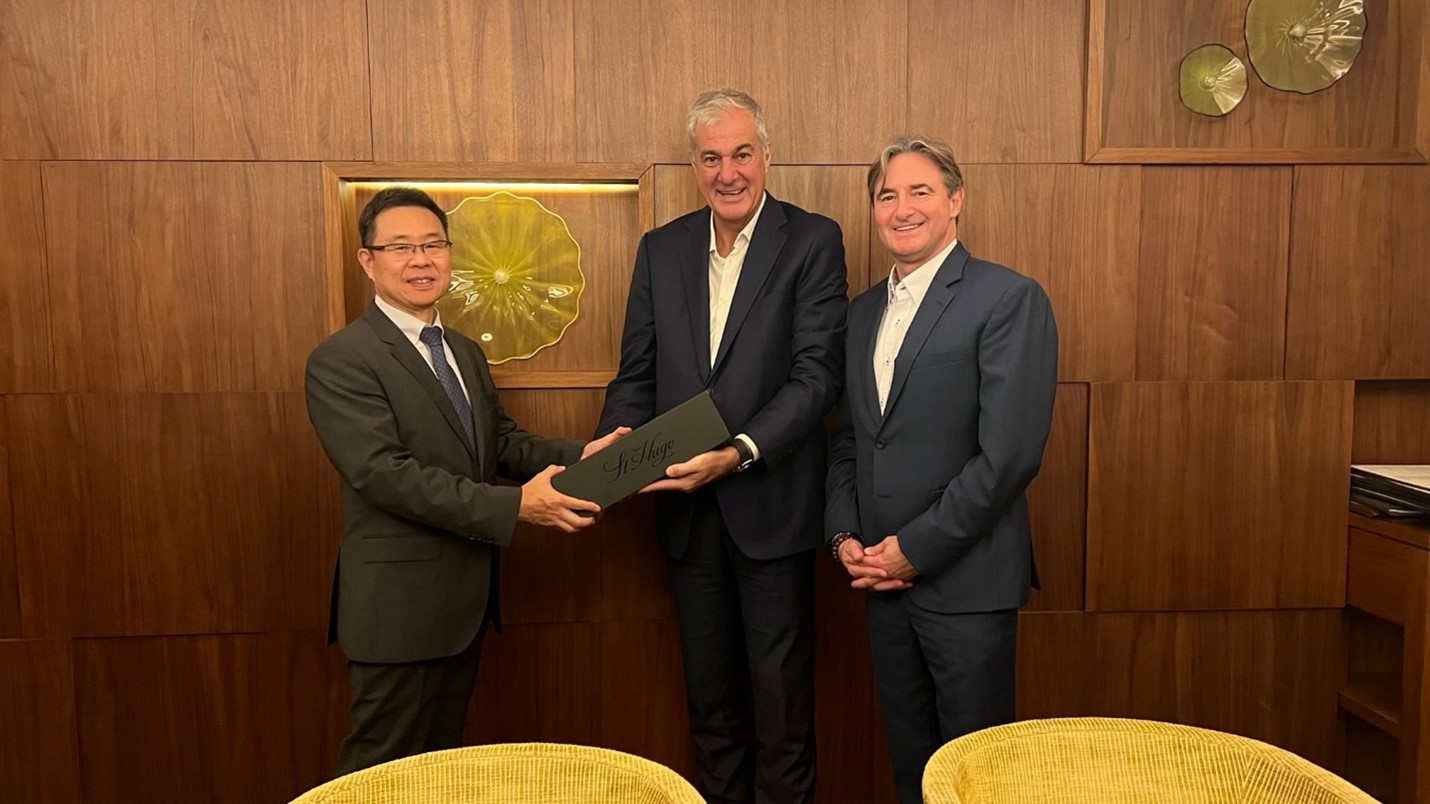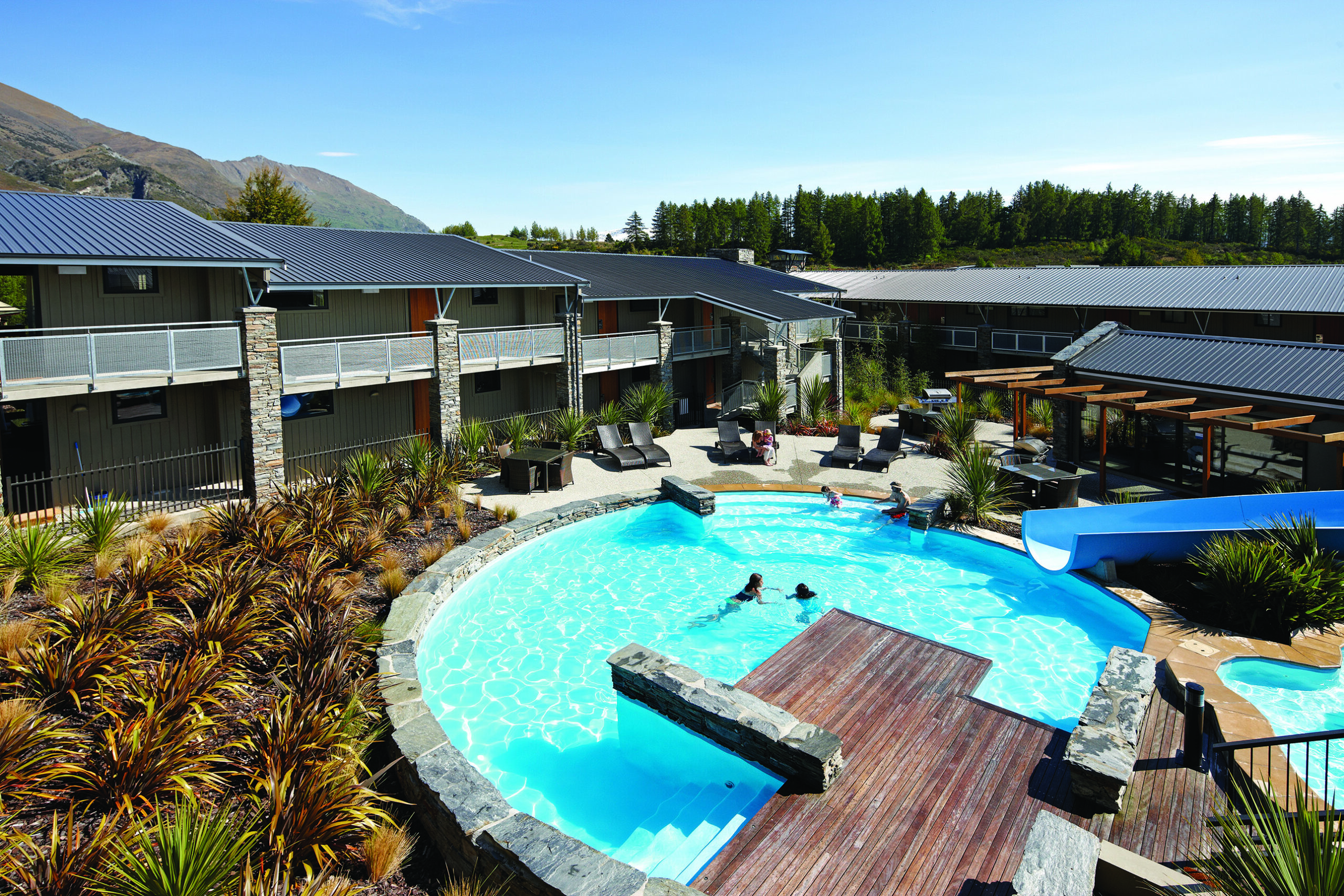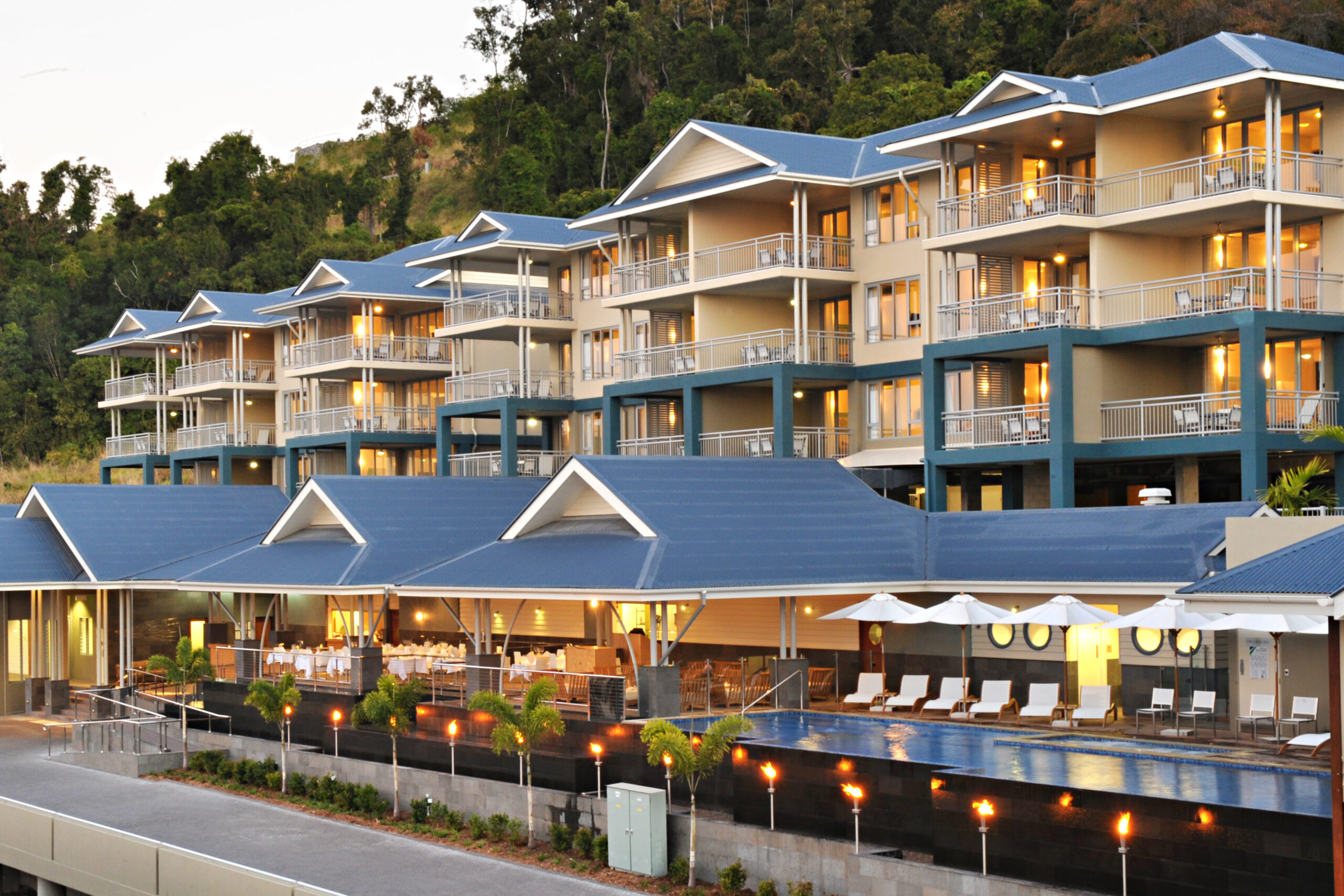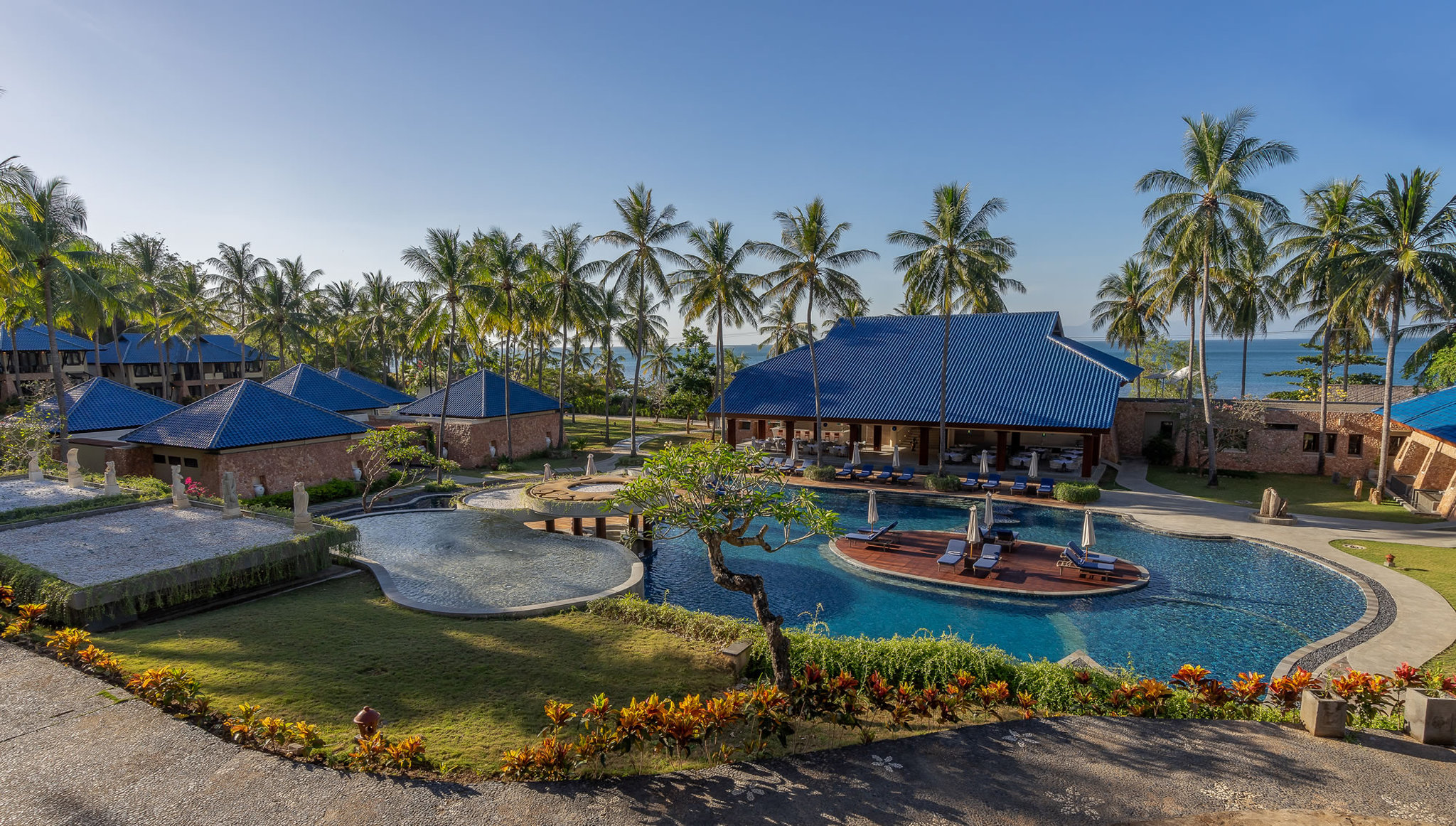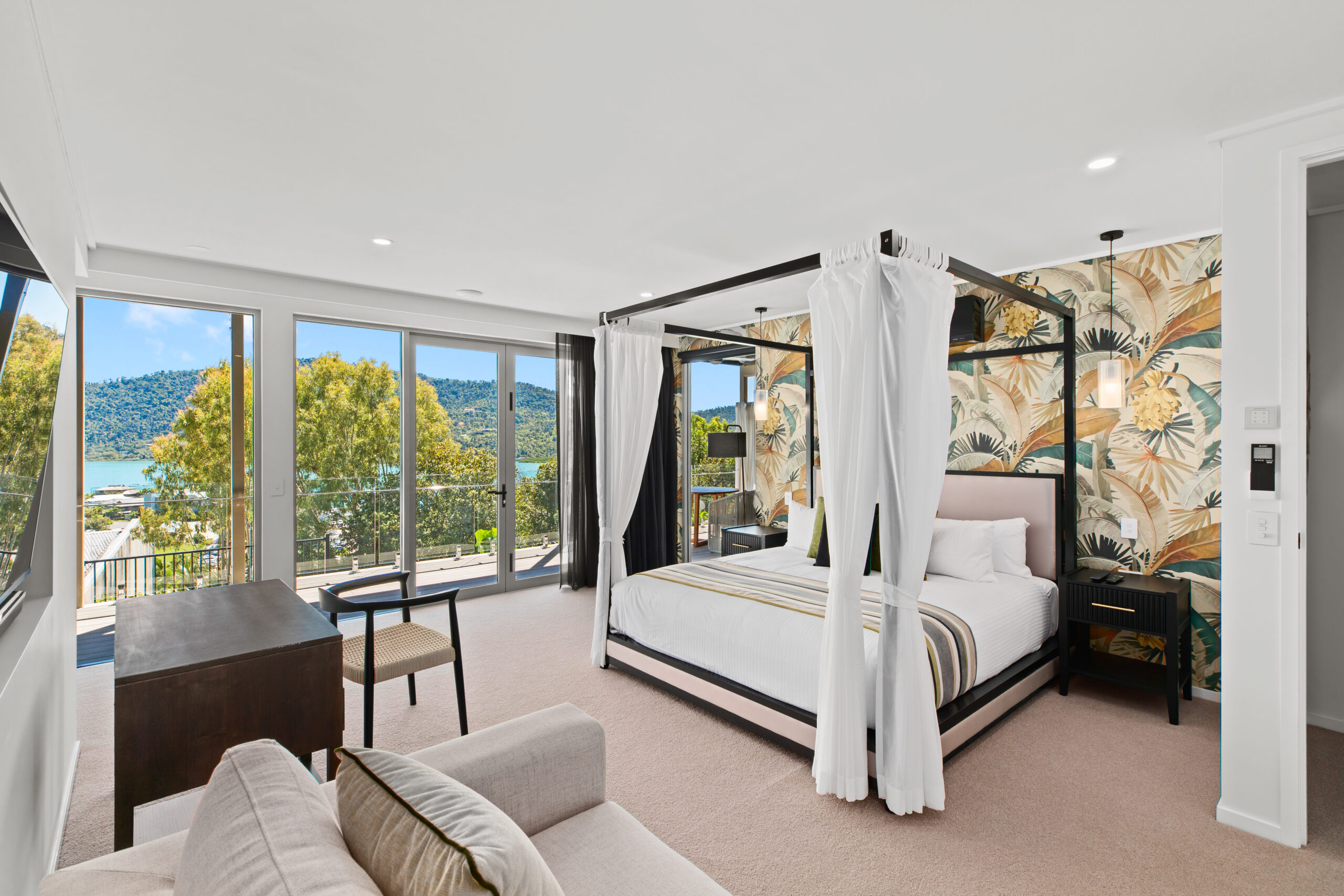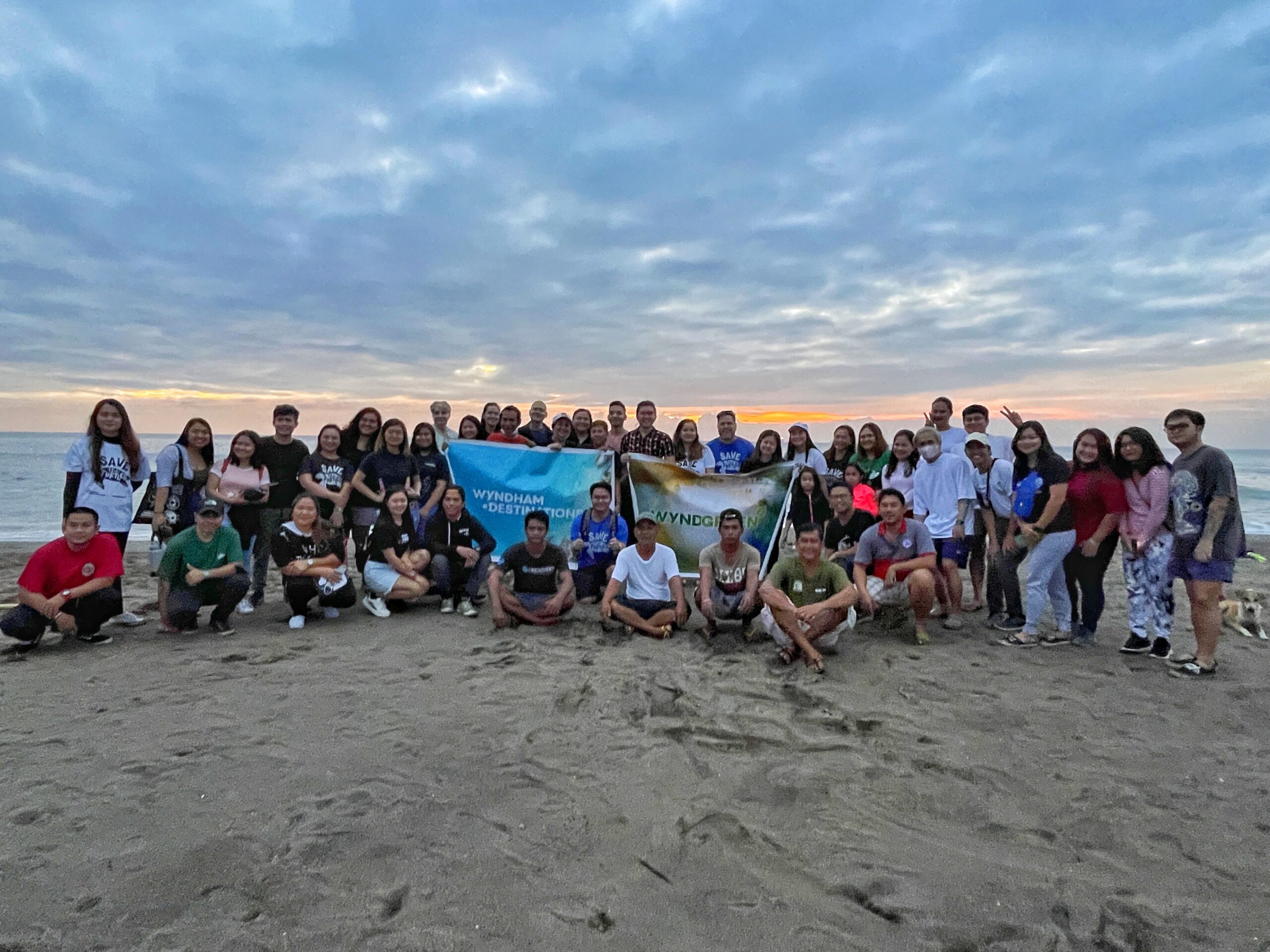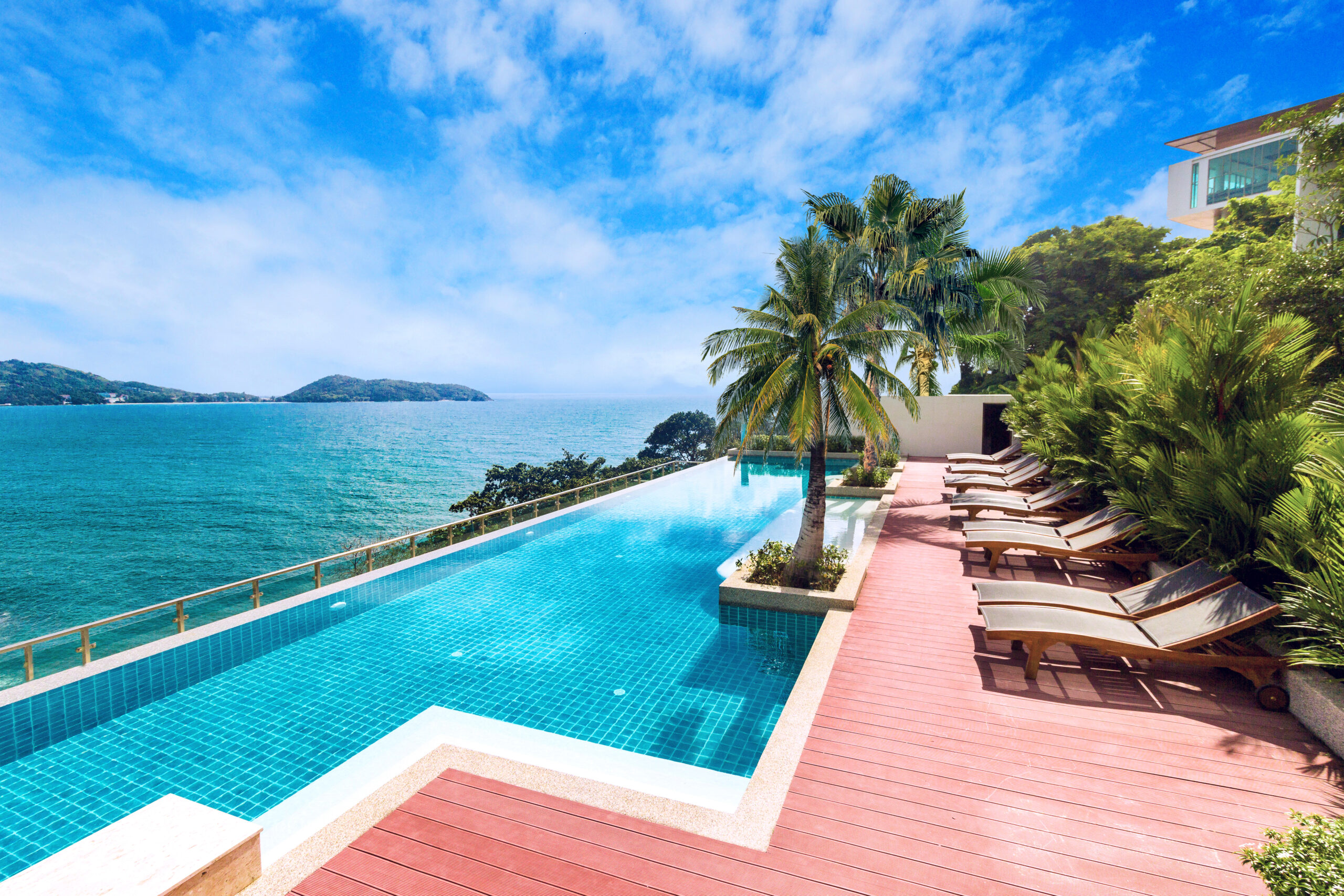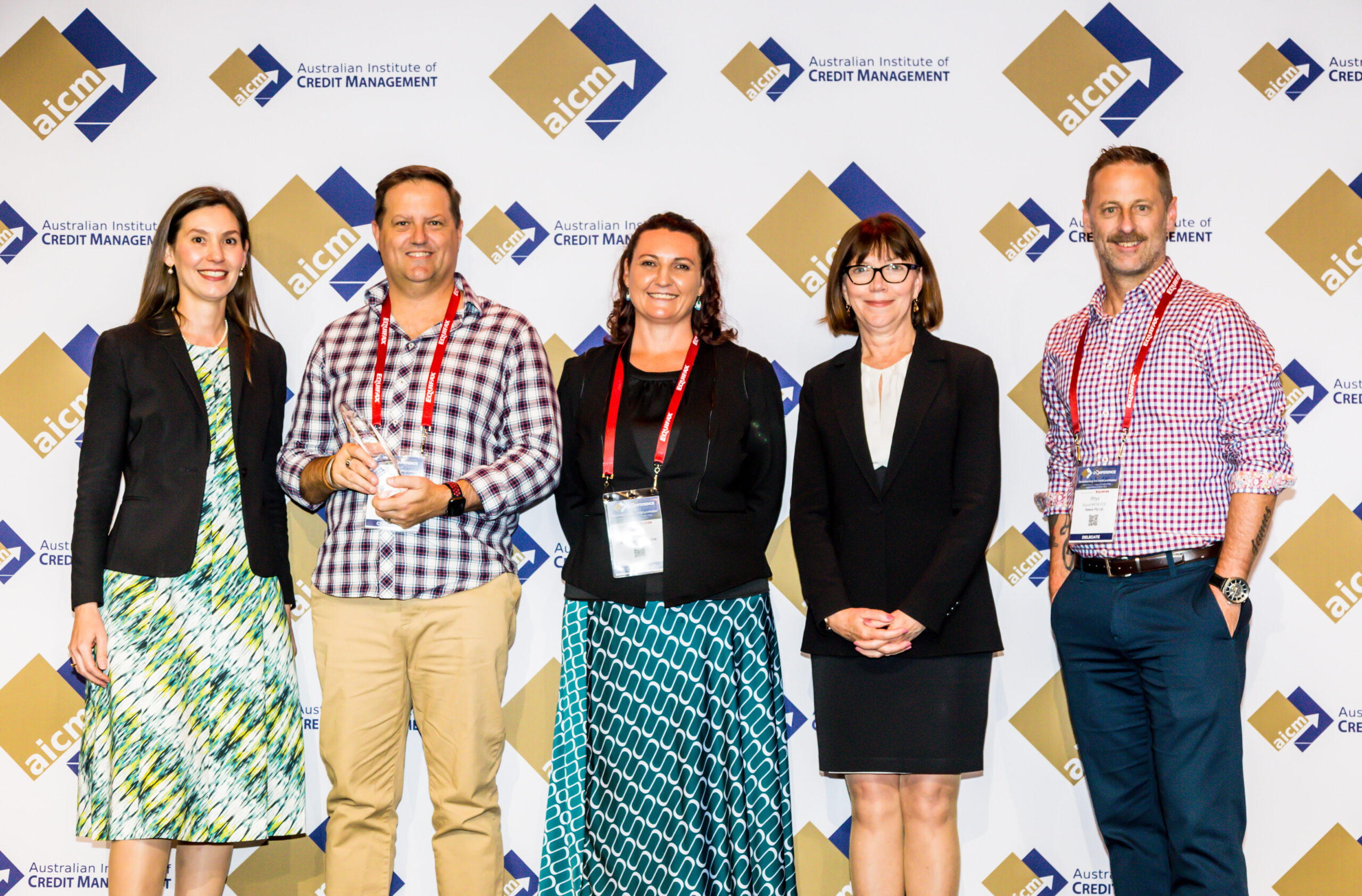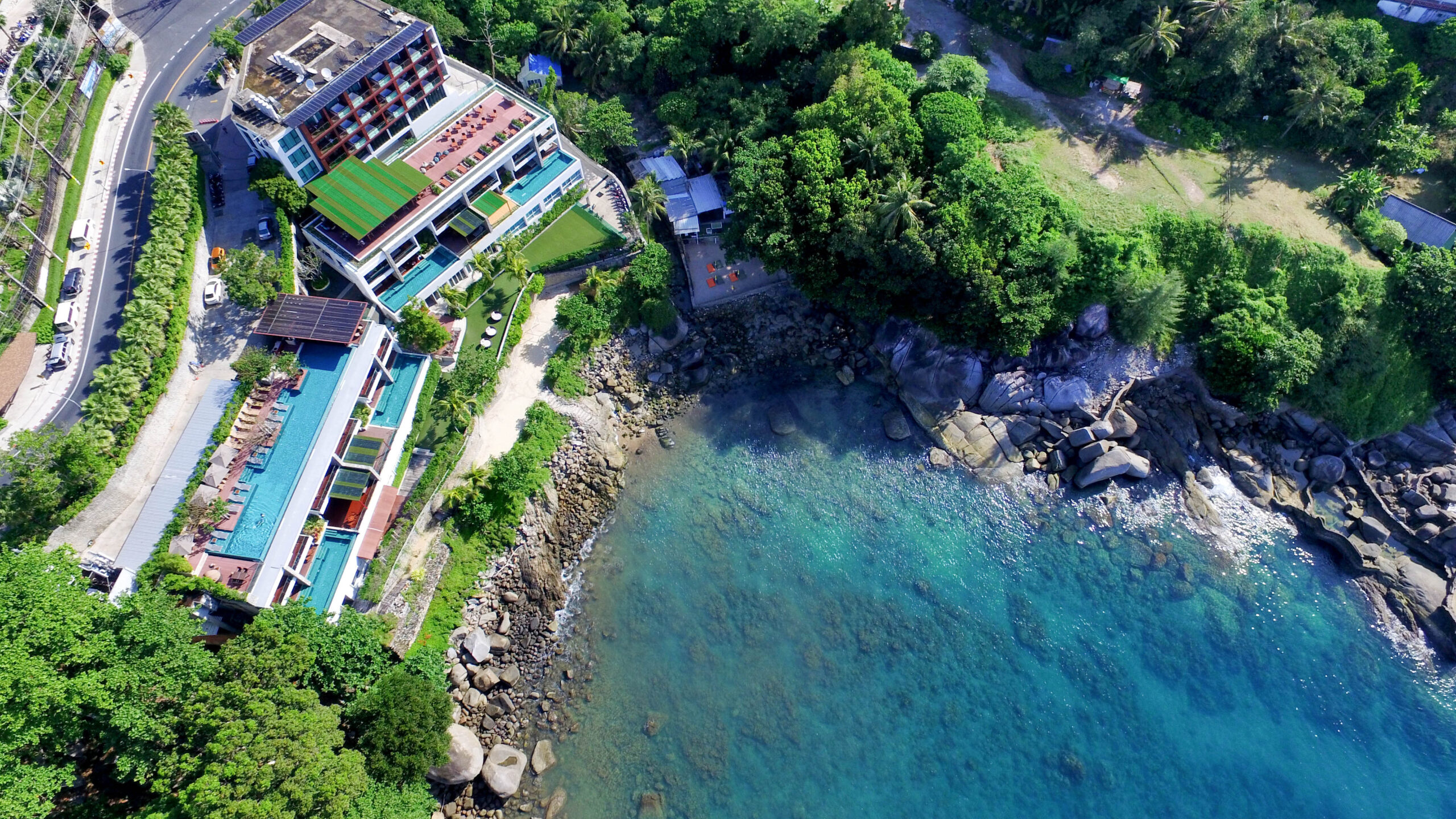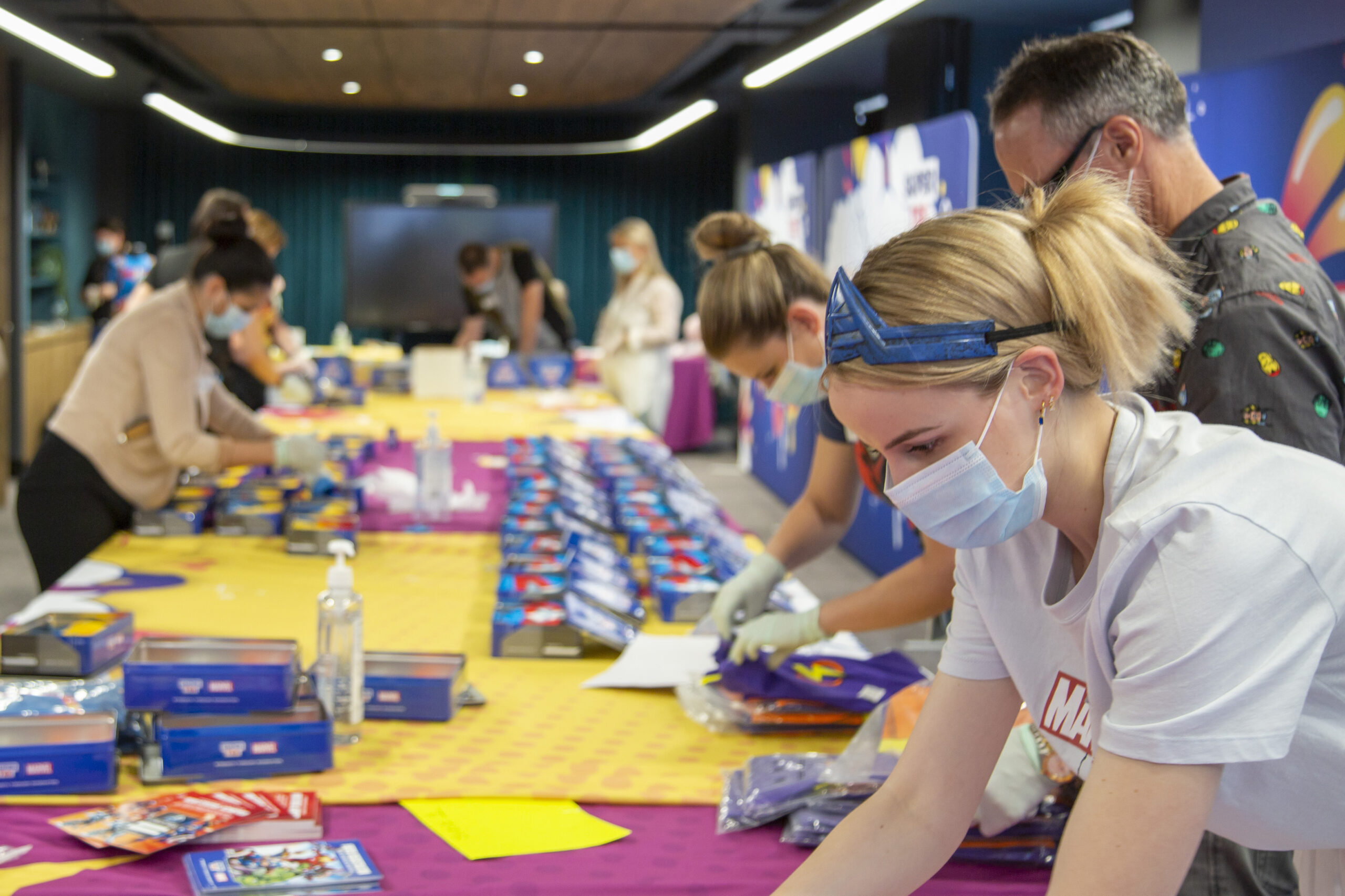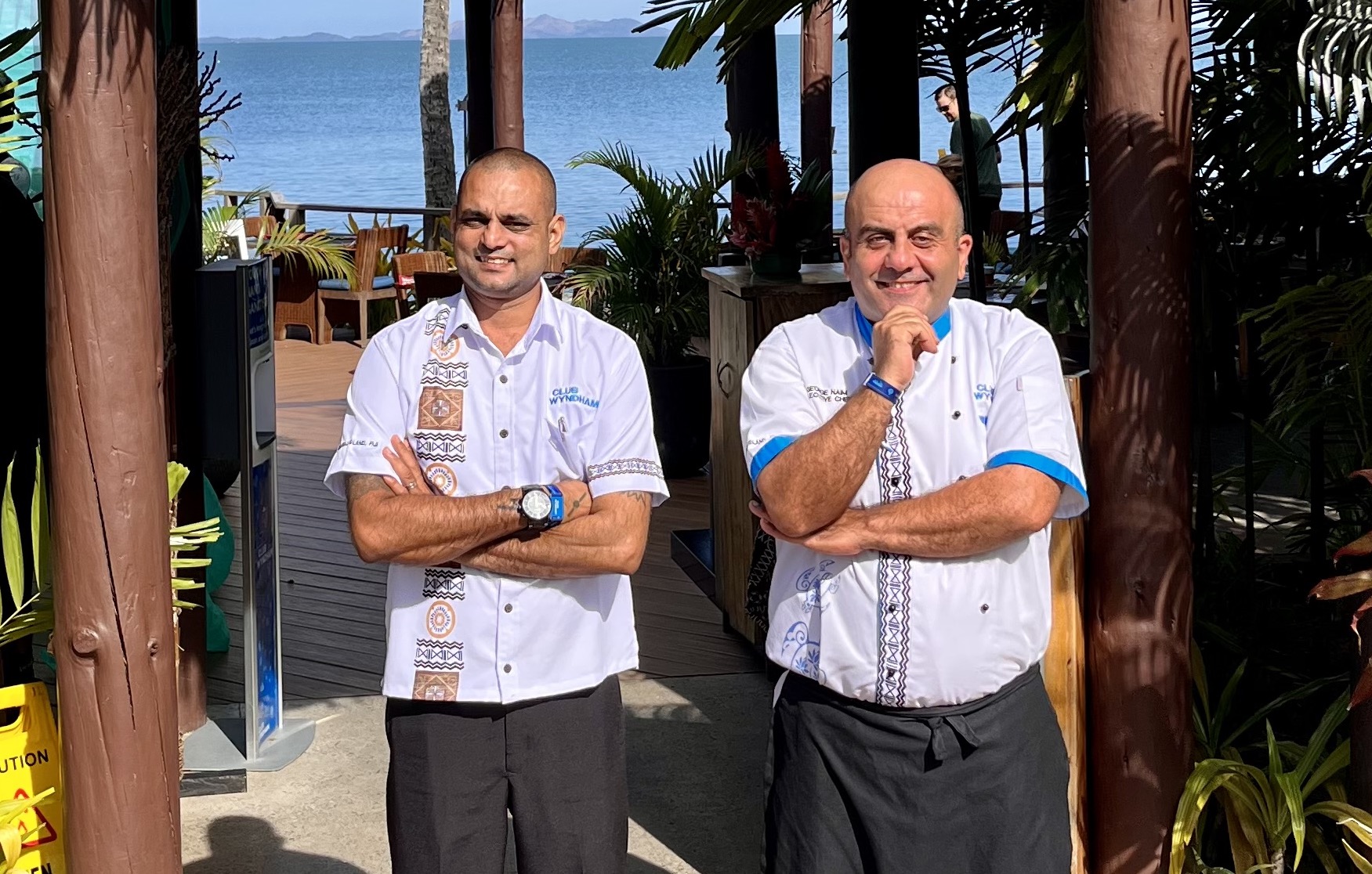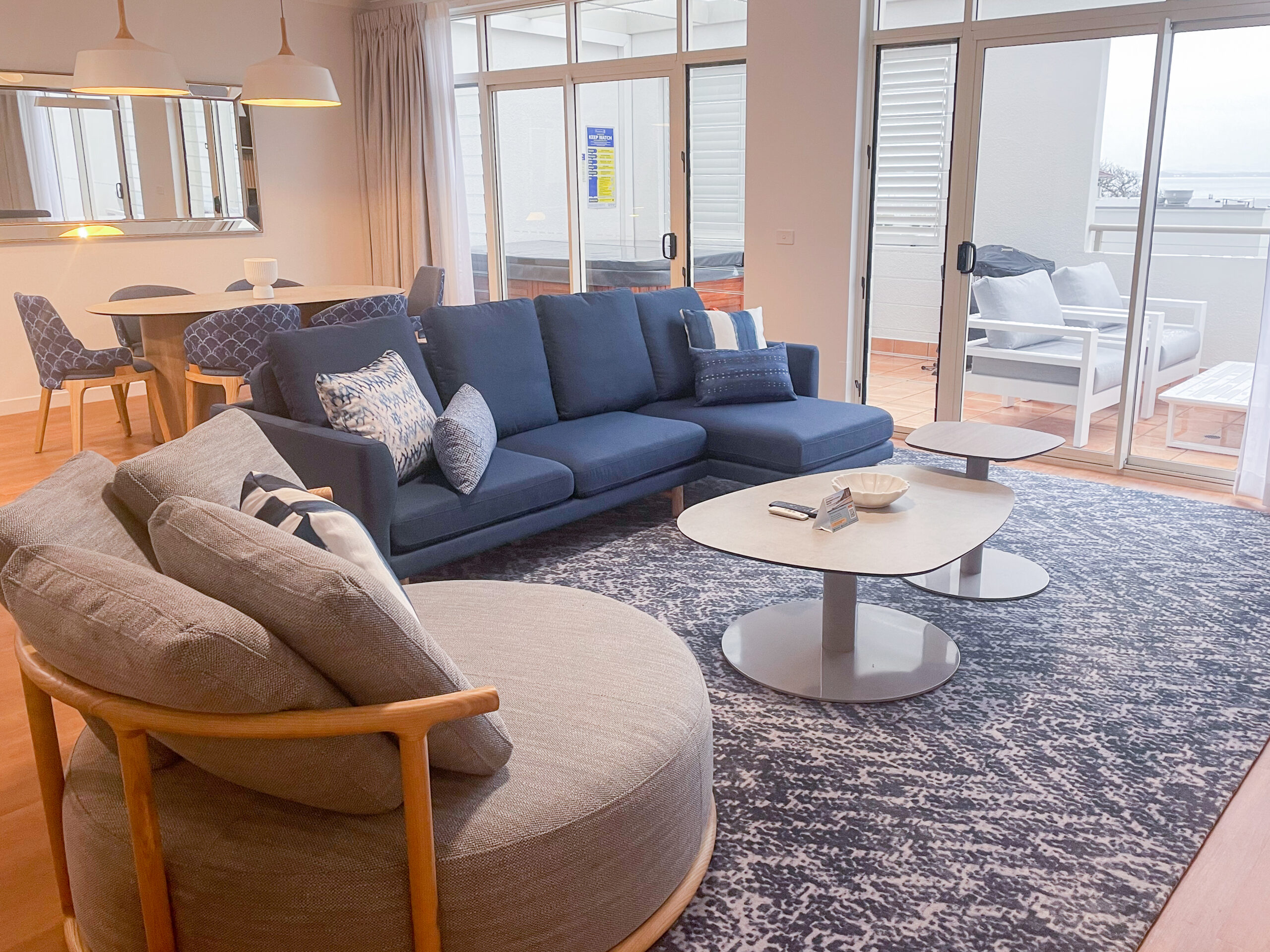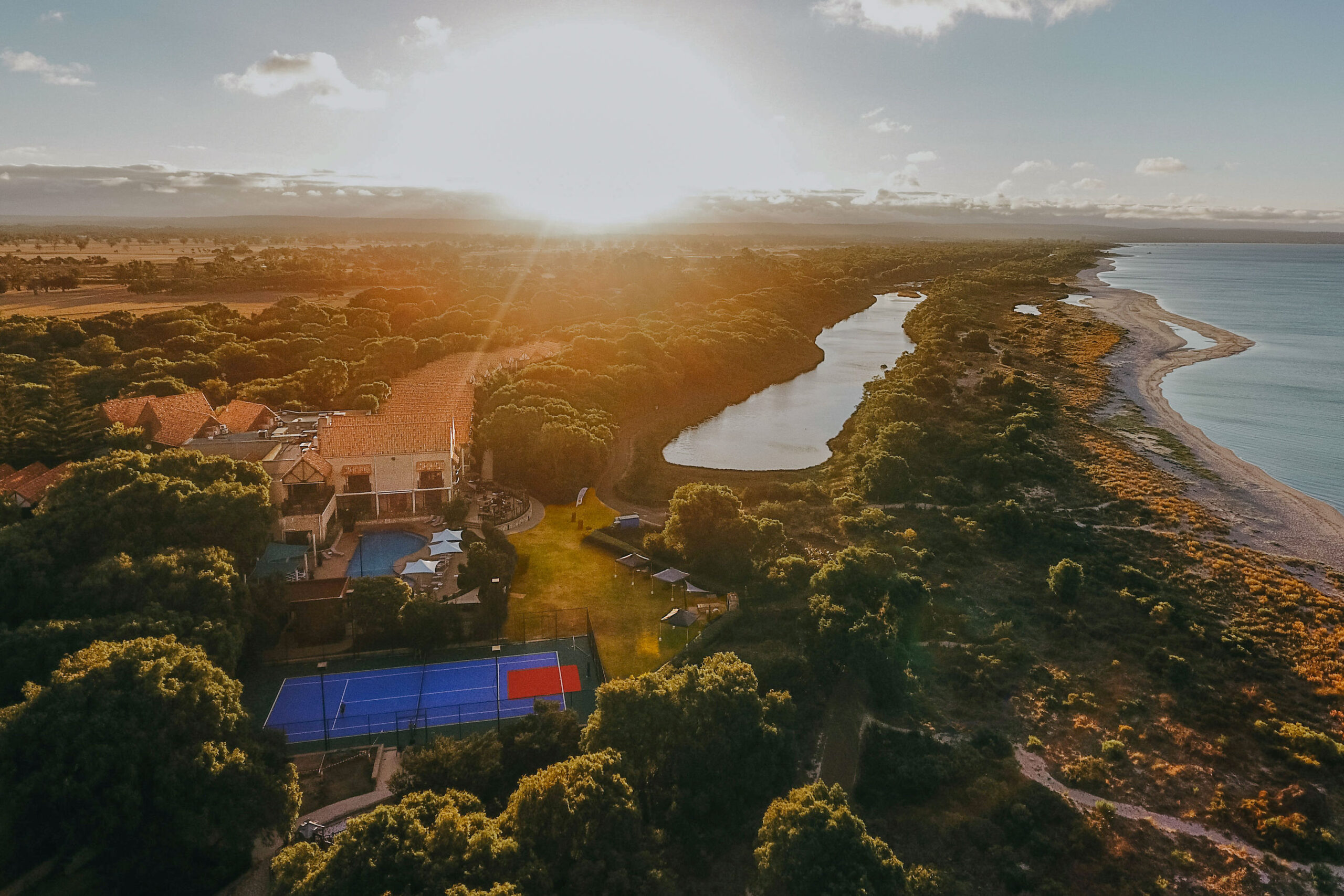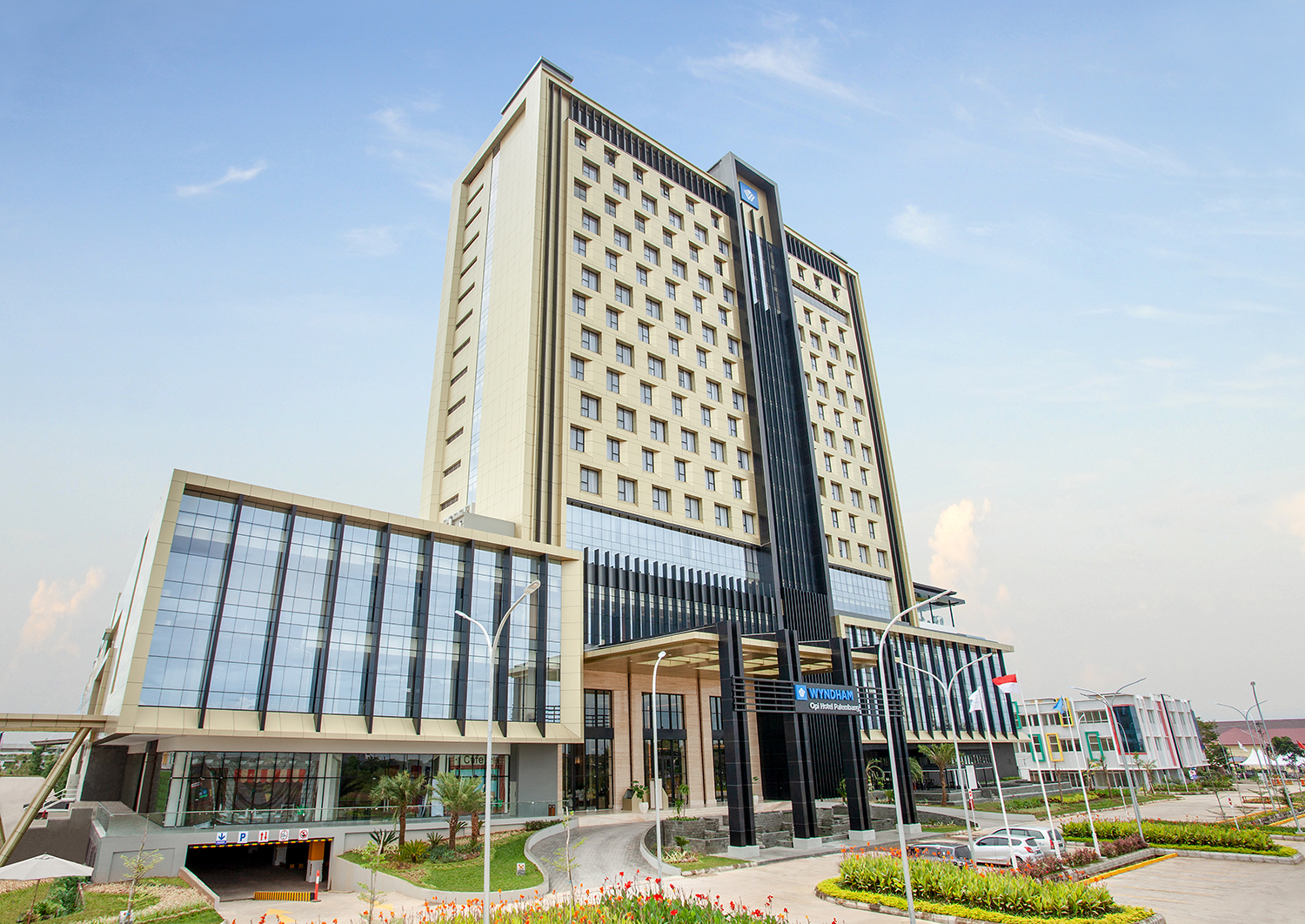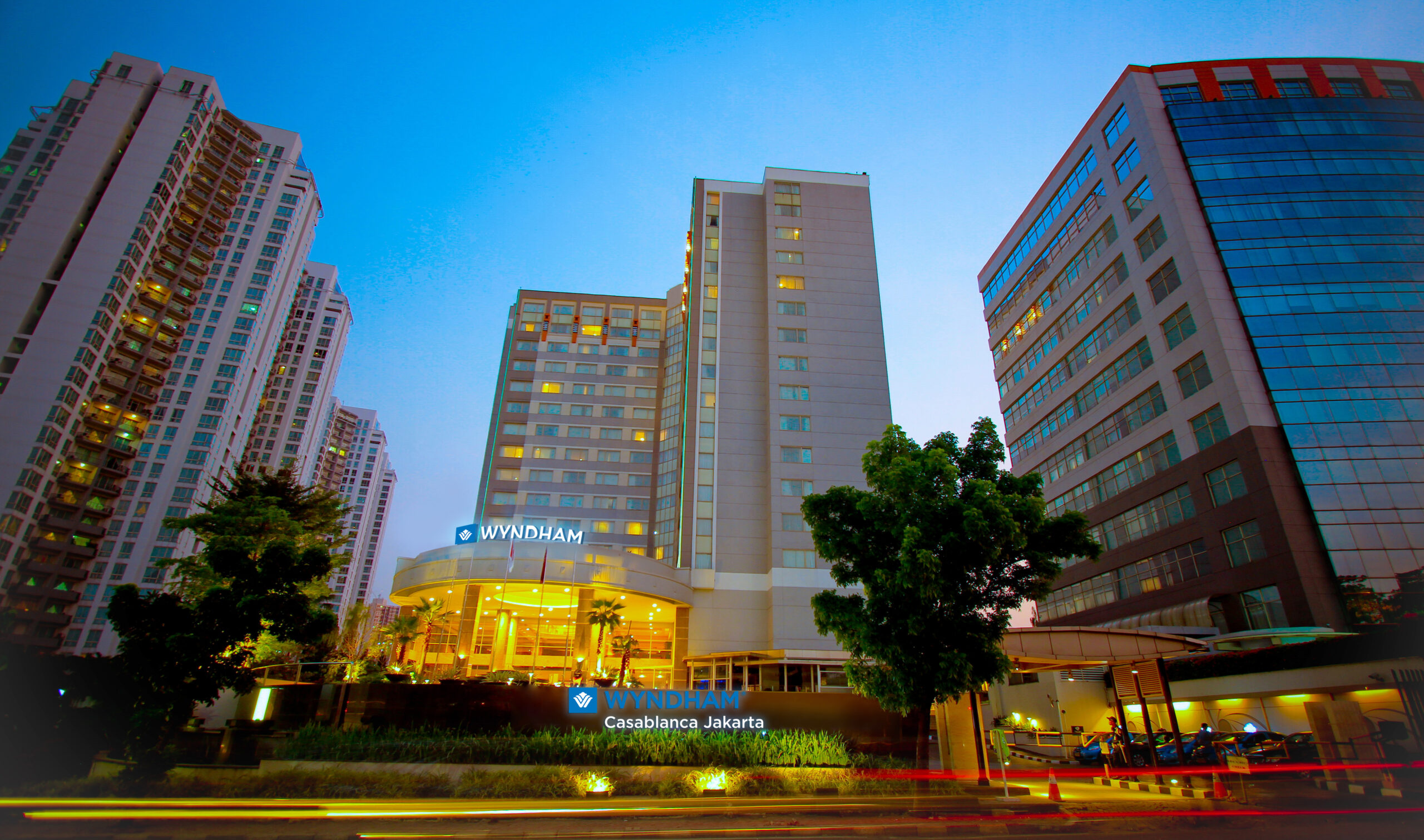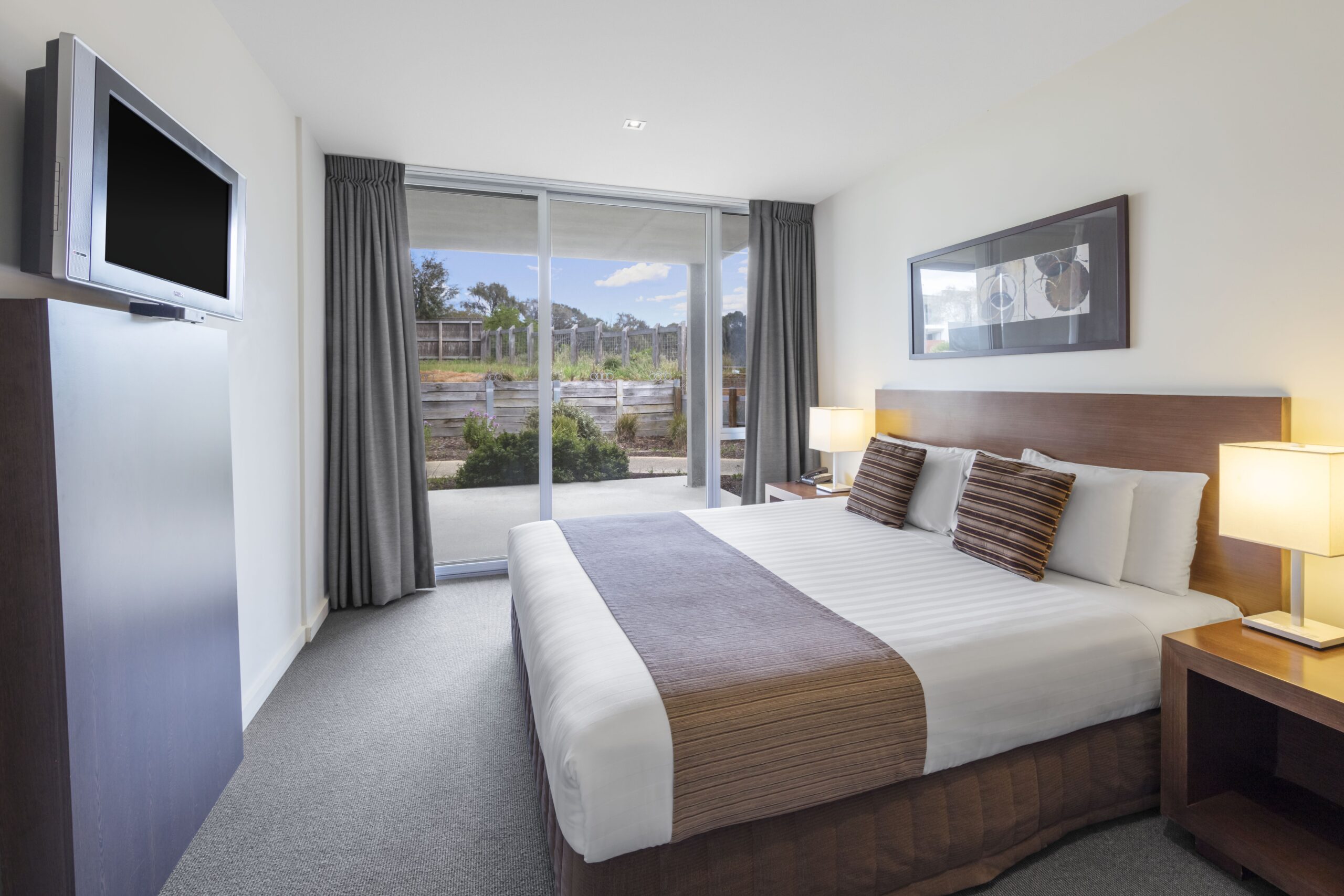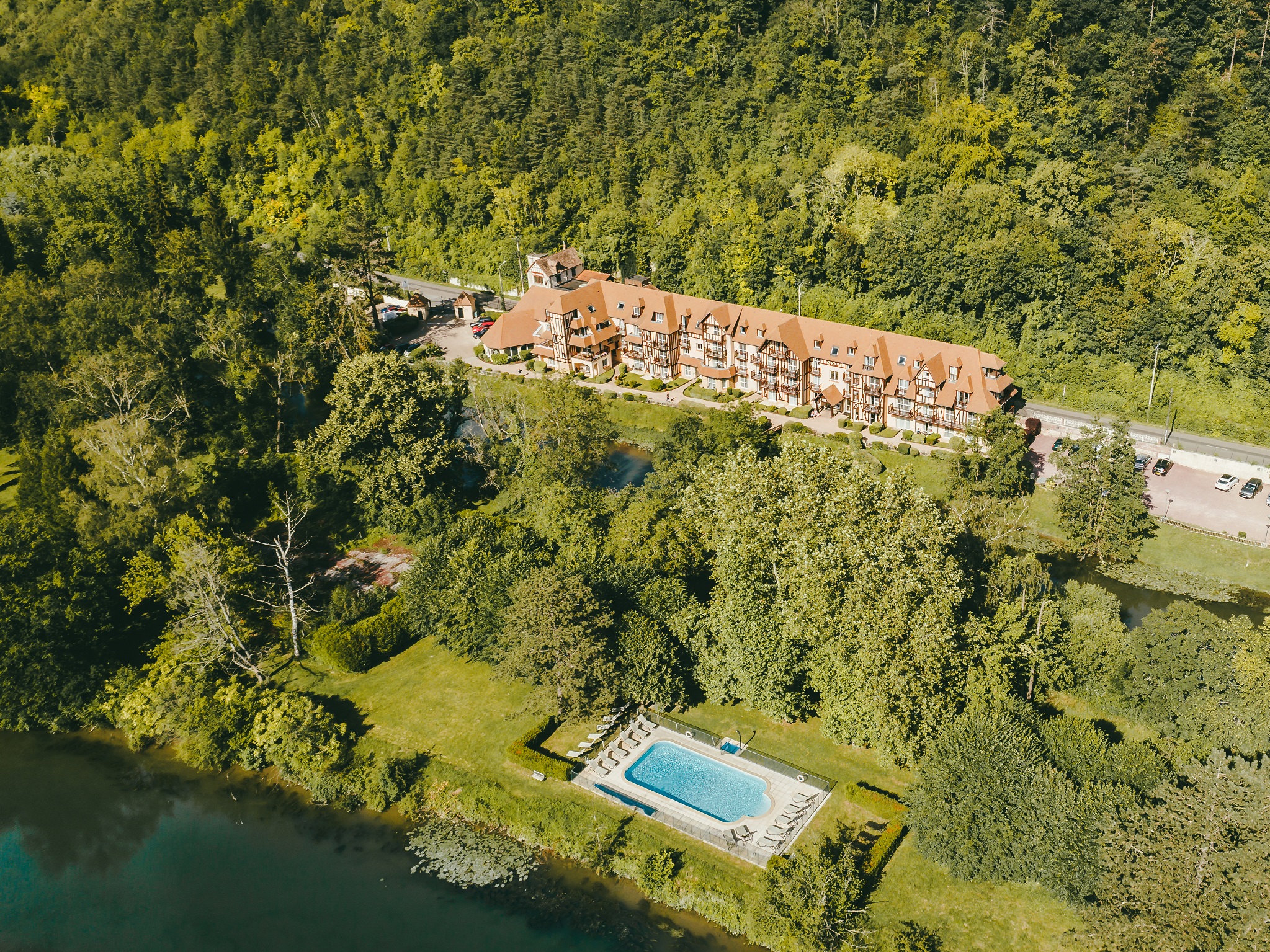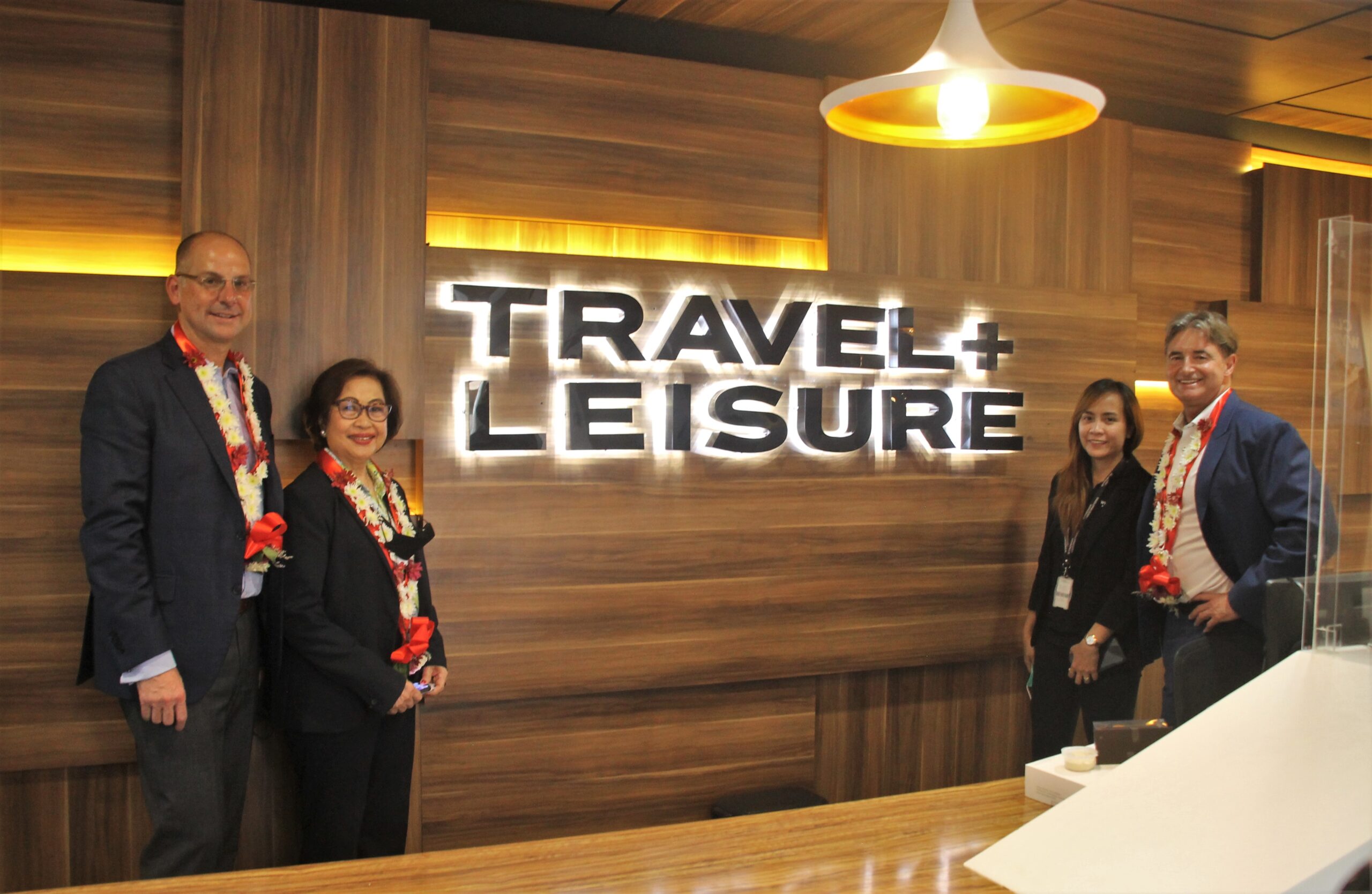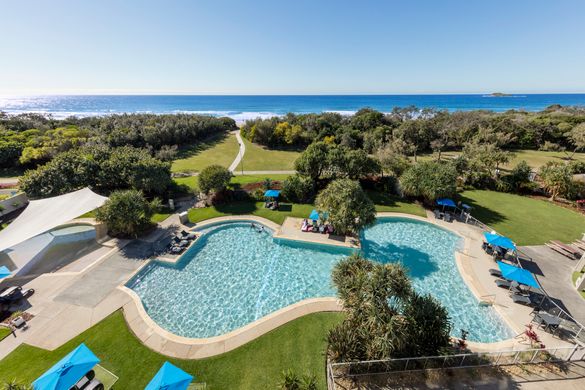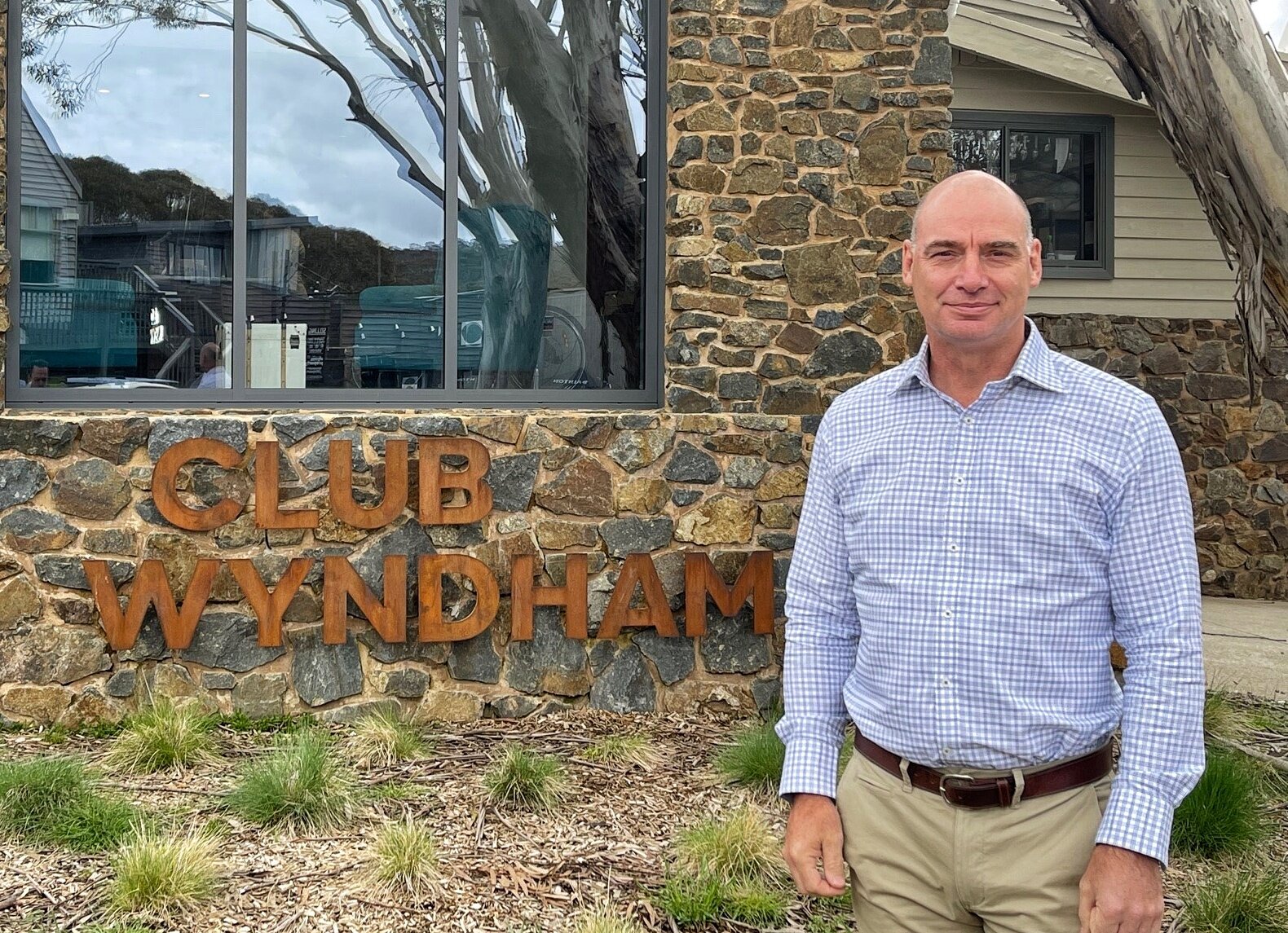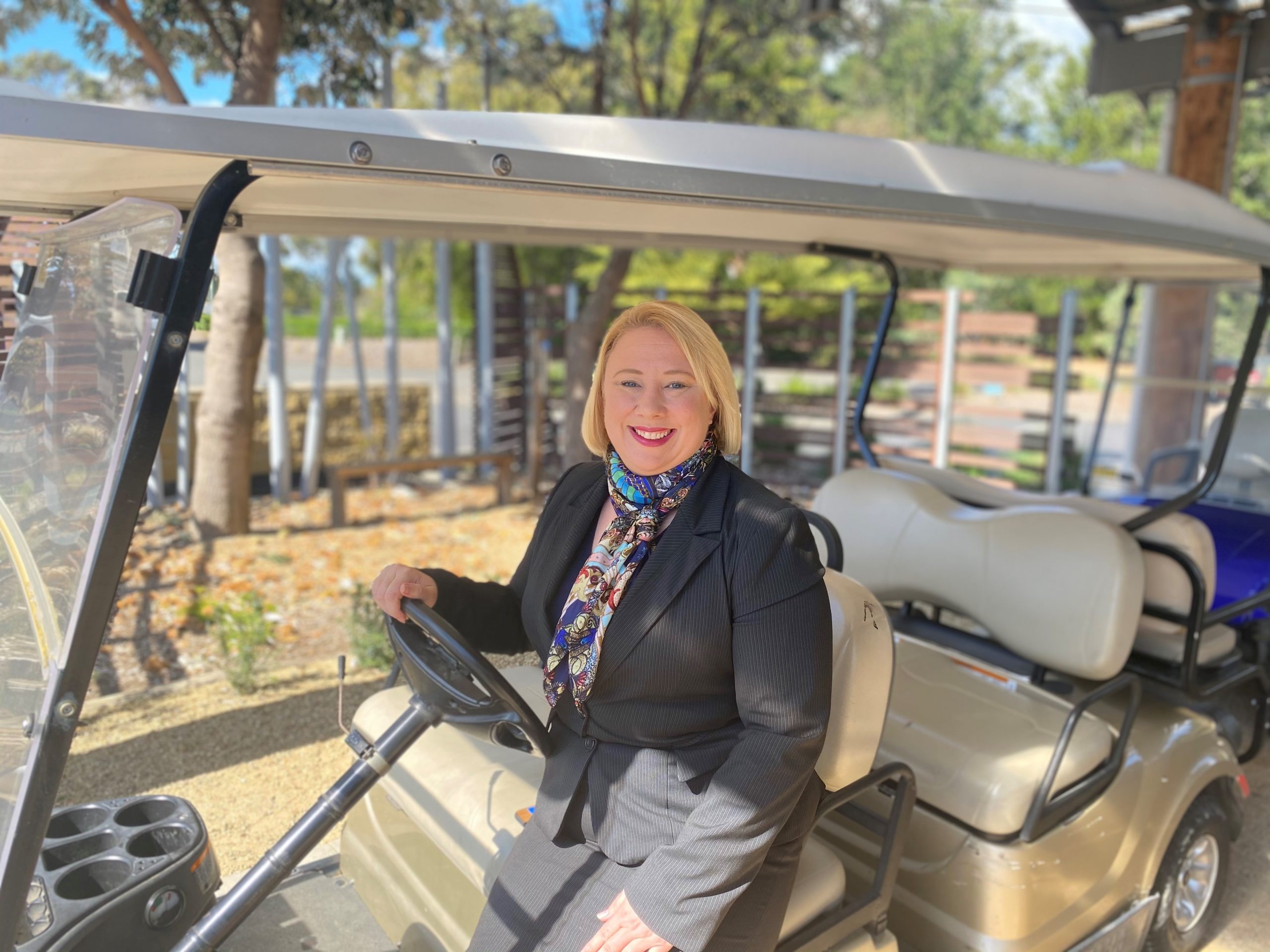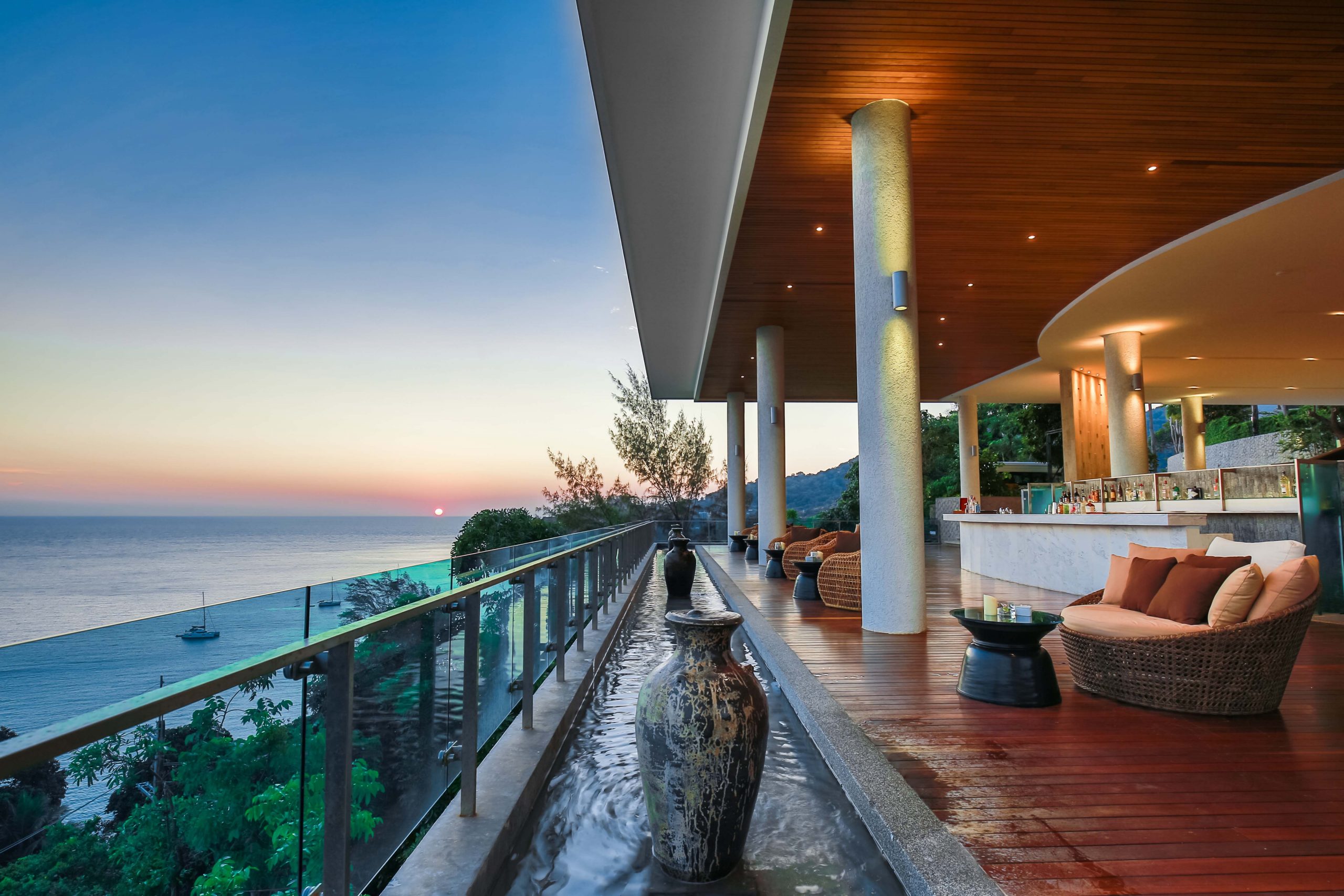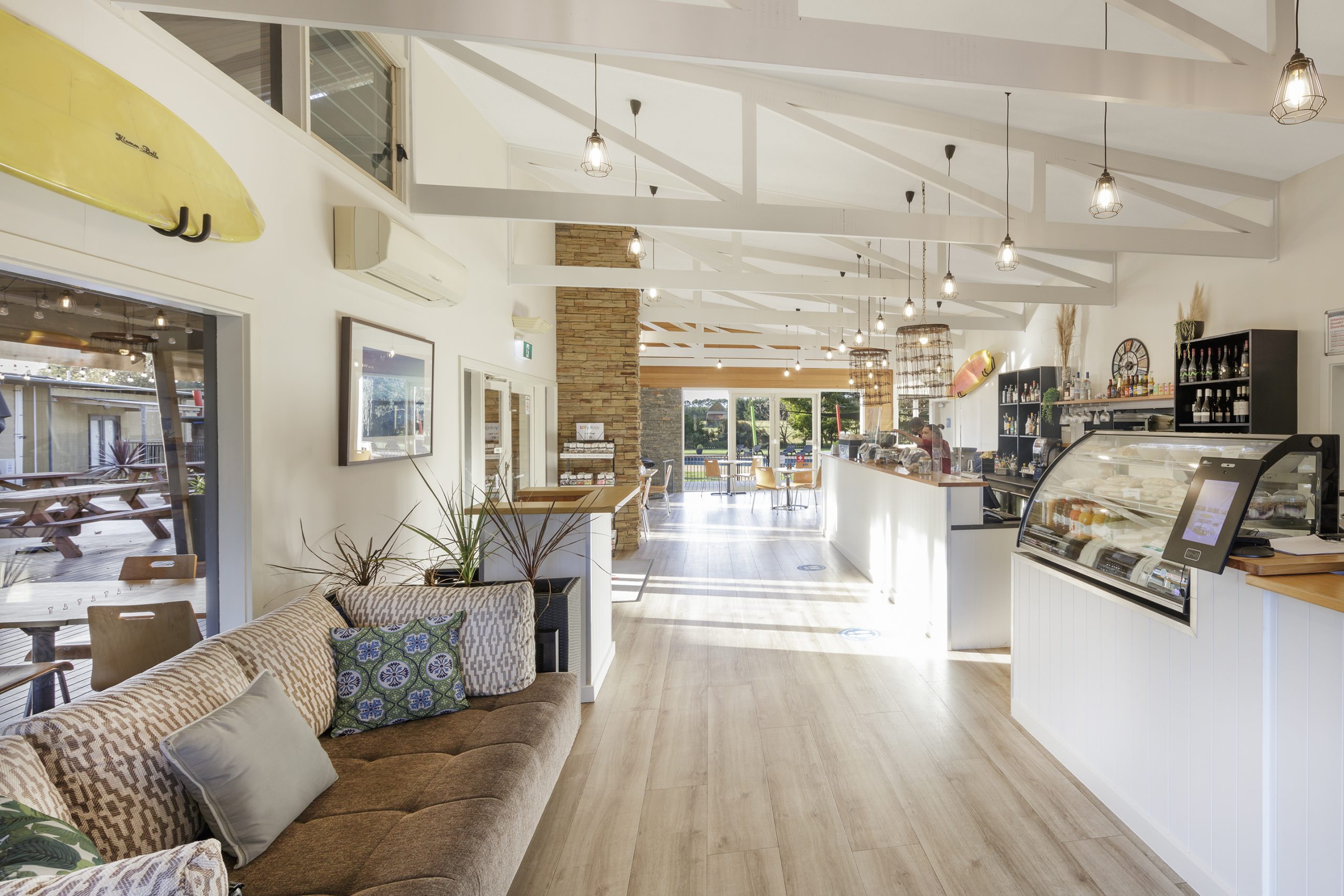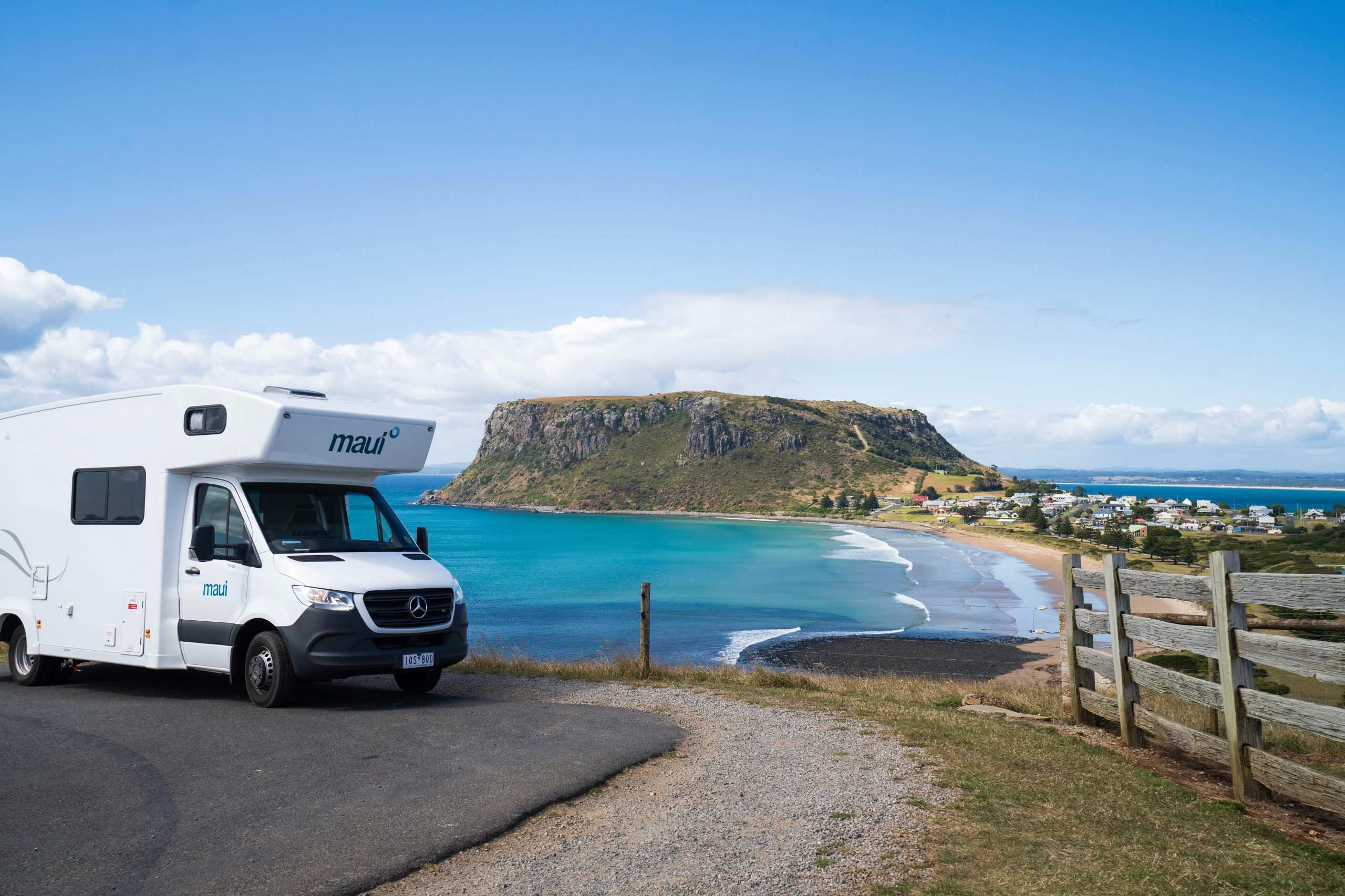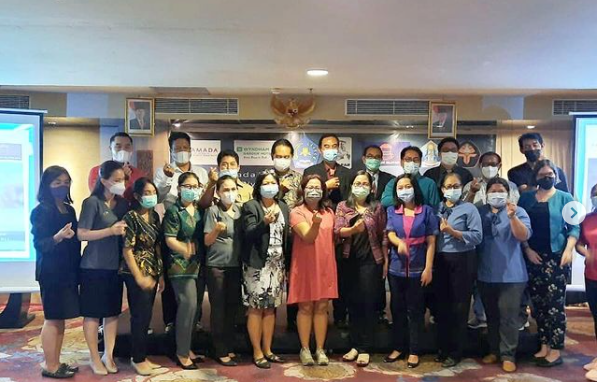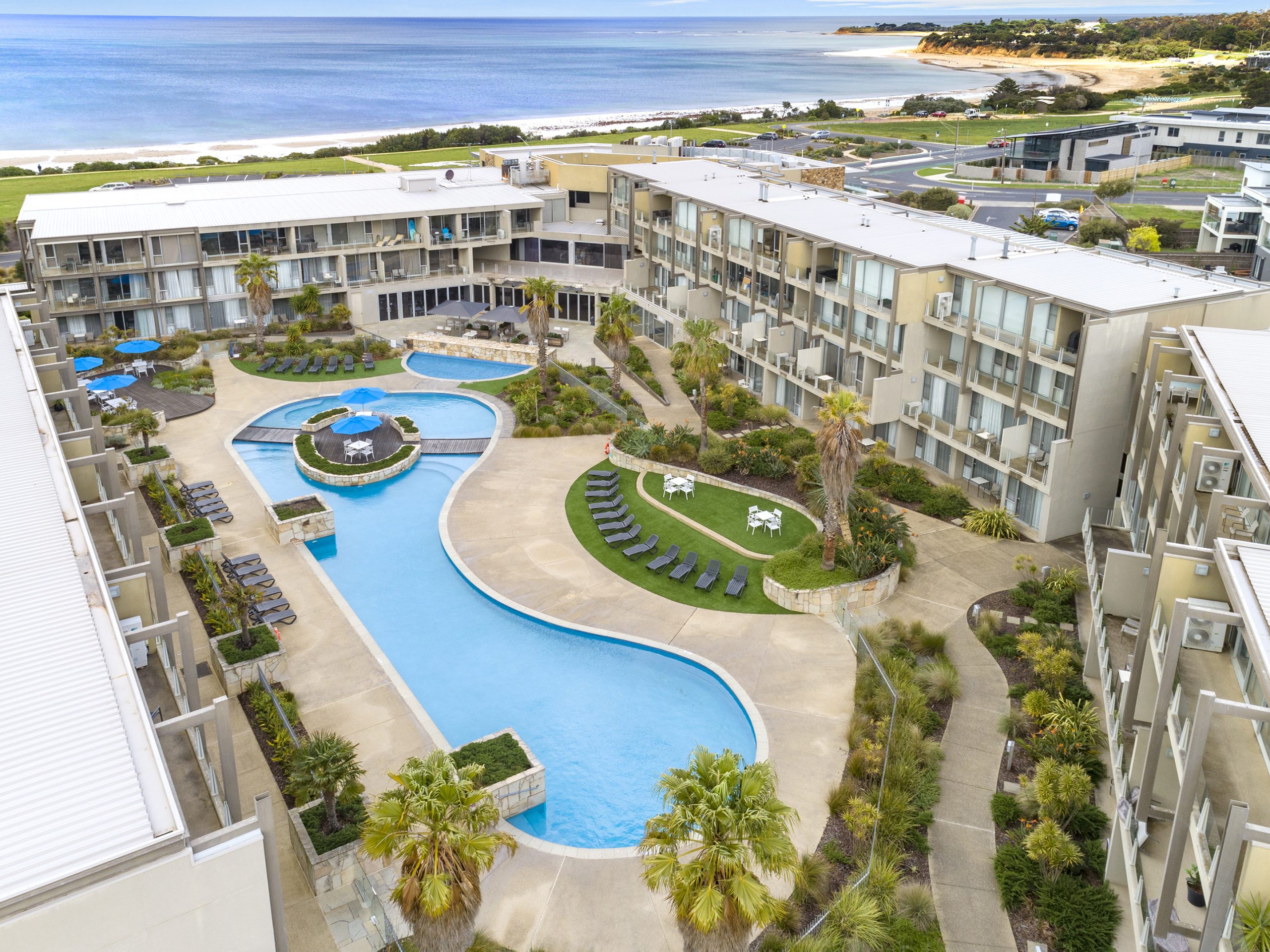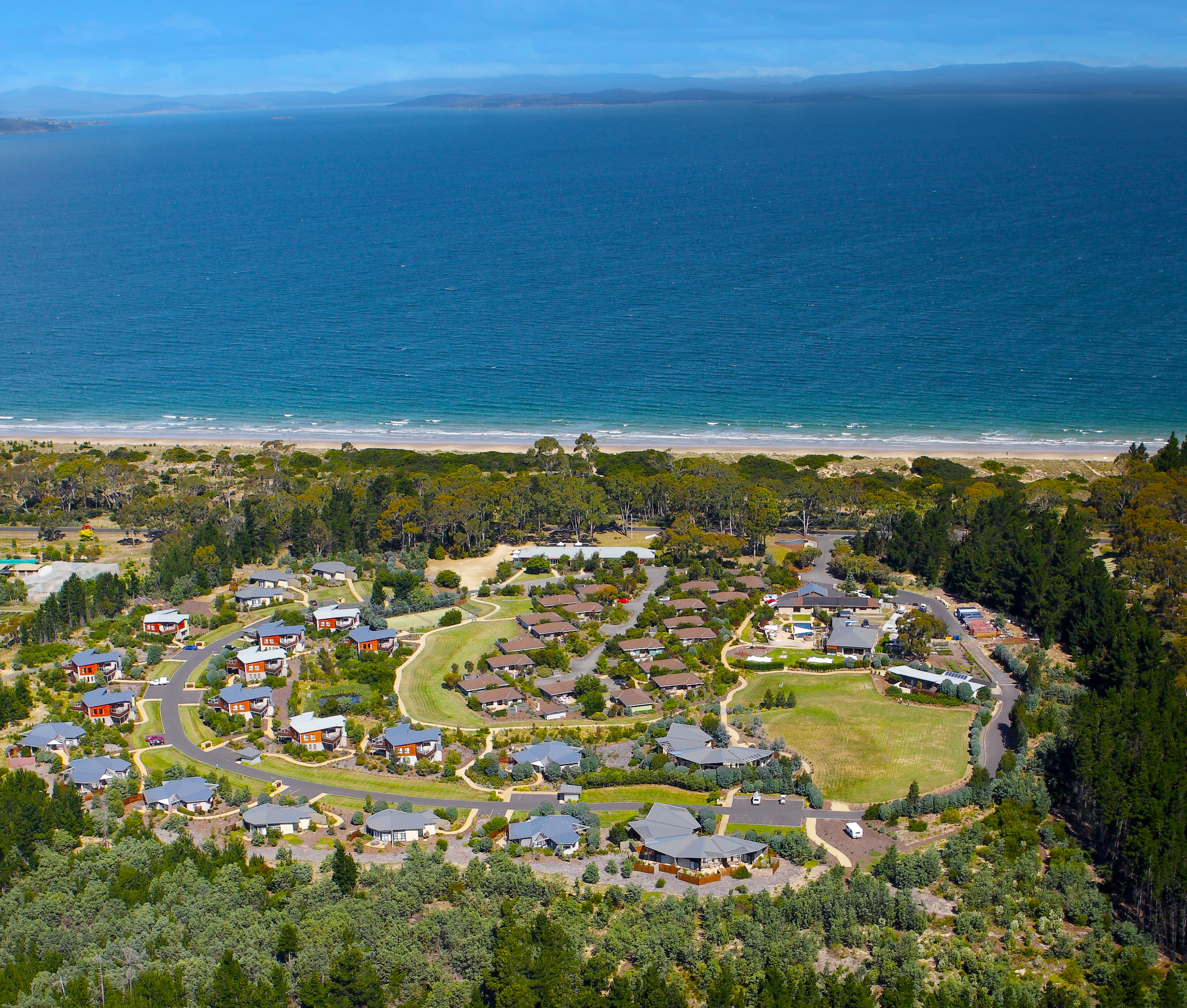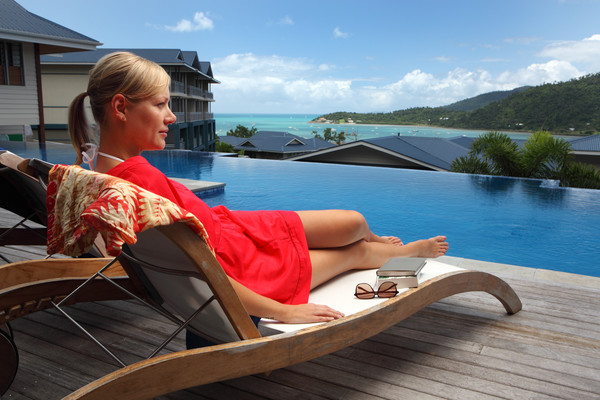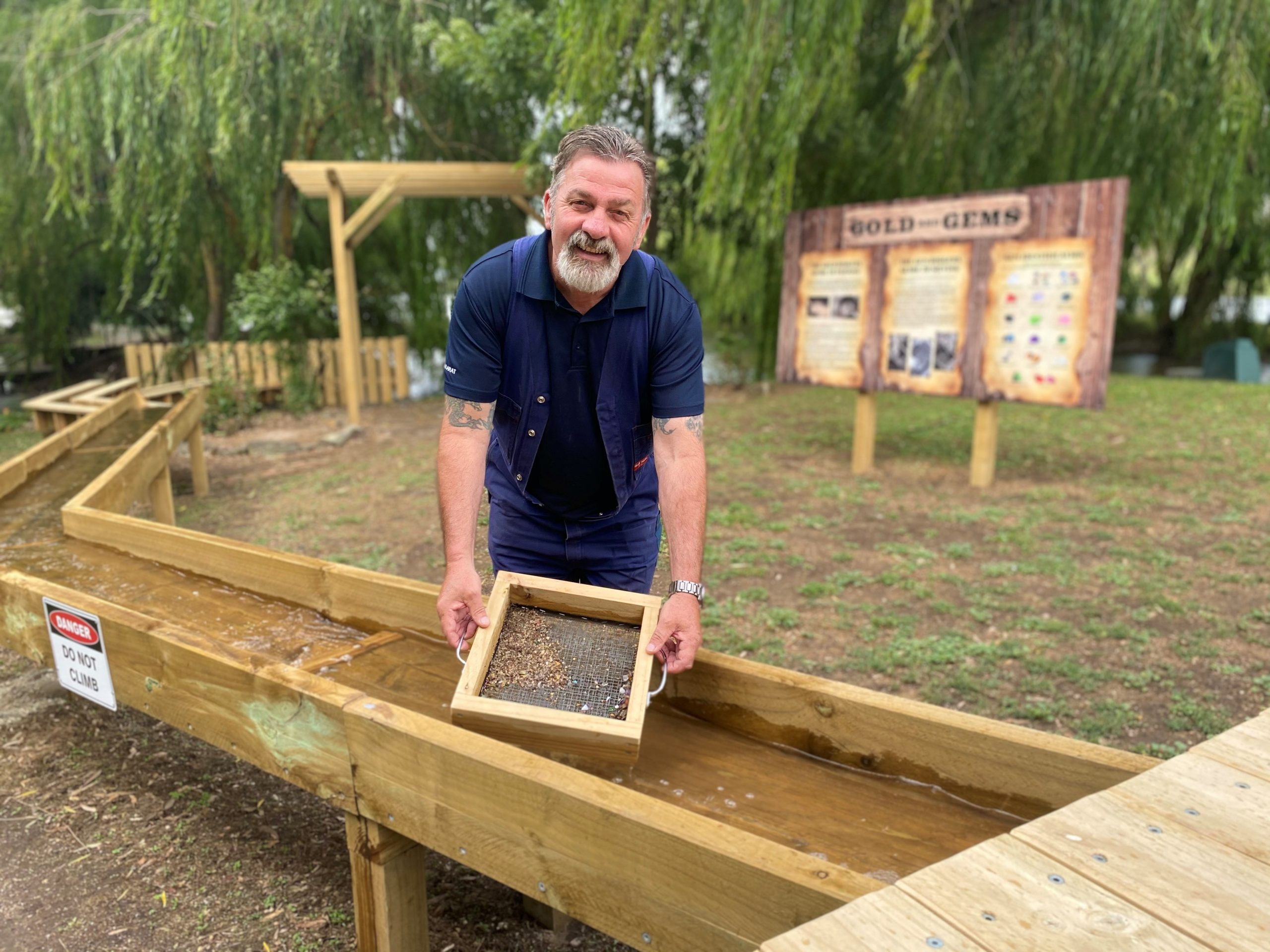Pranburi, Thailand (10 April 2025) – Wyndham Hua Hin Pranburi Resort & Villas has strengthened its commitment to environmental sustainability by joining the Capability Enhancement Program for Green Hotels and Accommodations under the Tourism Authority of Thailand’s (TAT) CF-Hotels platform.
Through this initiative, the resort measures its greenhouse gas emissions and implements targeted reduction strategies under the Low Emission Support Scheme (LESS). Using self-assessment through the CF-Hotels platform, the resort gathers baseline data that will be used to identify and apply solutions to align with its specific operations.
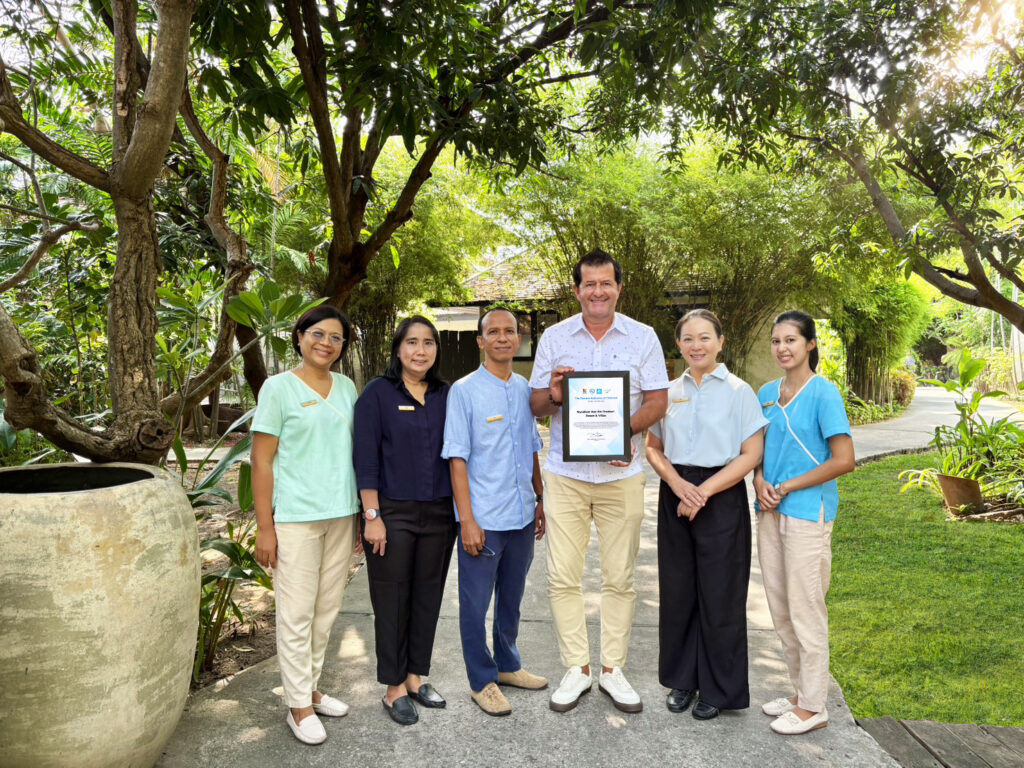
As part of its sustainability efforts, Wyndham Hua Hin Pranburi Resort & Villas has introduced:
- Energy-efficient upgrades – LED lighting and solar power integration
- Waste reduction initiatives – Composting, recycling, and responsible waste management
- Water conservation measures – Optimising water usage to reduce consumption
- Eco-friendly guest experiences – Bicycle rentals to promote sustainable travel
- Mangrove planting – Launching a mangrove planting project along the Pranburi River
“These initiatives position us as a leader in green hospitality in Thailand and align with our broader Wyndham Green program. The resort aims to have at least 20% reduction in greenhouse gas emissions by 2030 from 2024 and at least 50% by 2050,” said Rodan Ivan, General Manager of Wyndham Hua Hin Pranburi Resort & Villas.
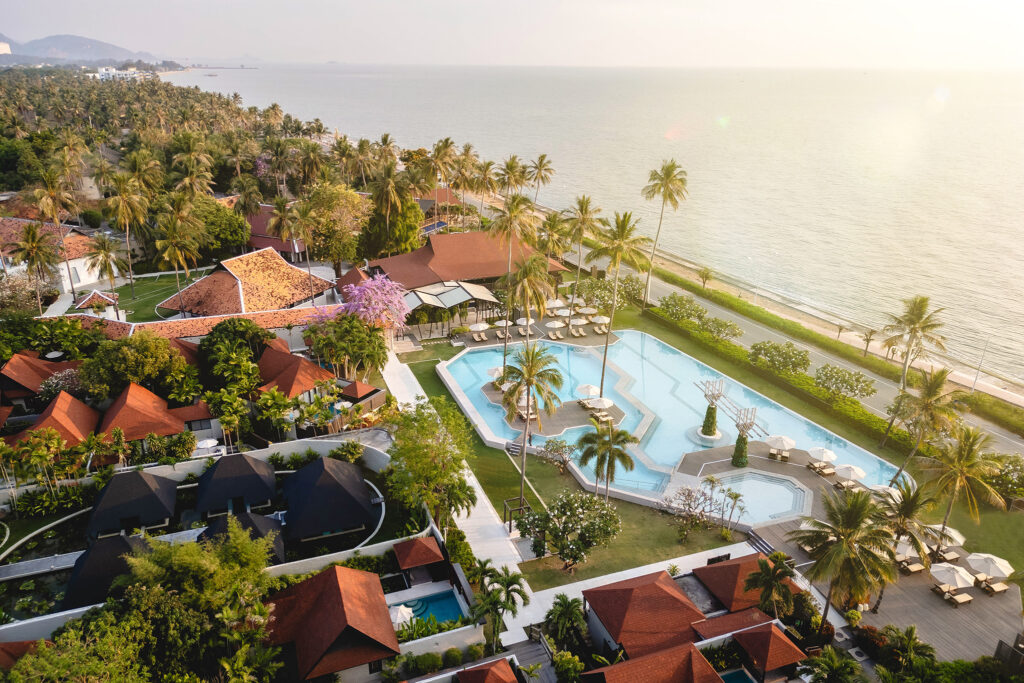
Beyond environmental benefits, these sustainability efforts improve energy efficiency and resource management, leading to long-term cost savings. Given the resort’s 20-acre property, featuring a 1,250-square-metre infinity pool, spa, and multiple dining venues, these initiatives support both ecological and financial sustainability.
Programs like CF-Hotels help properties reduce the environmental impact that can be caused by tourism while providing a standardised framework for sustainable hospitality. This makes it easier for travellers to identify and support eco-conscious accommodations, fostering greater trust and accountability in responsible tourism.
-
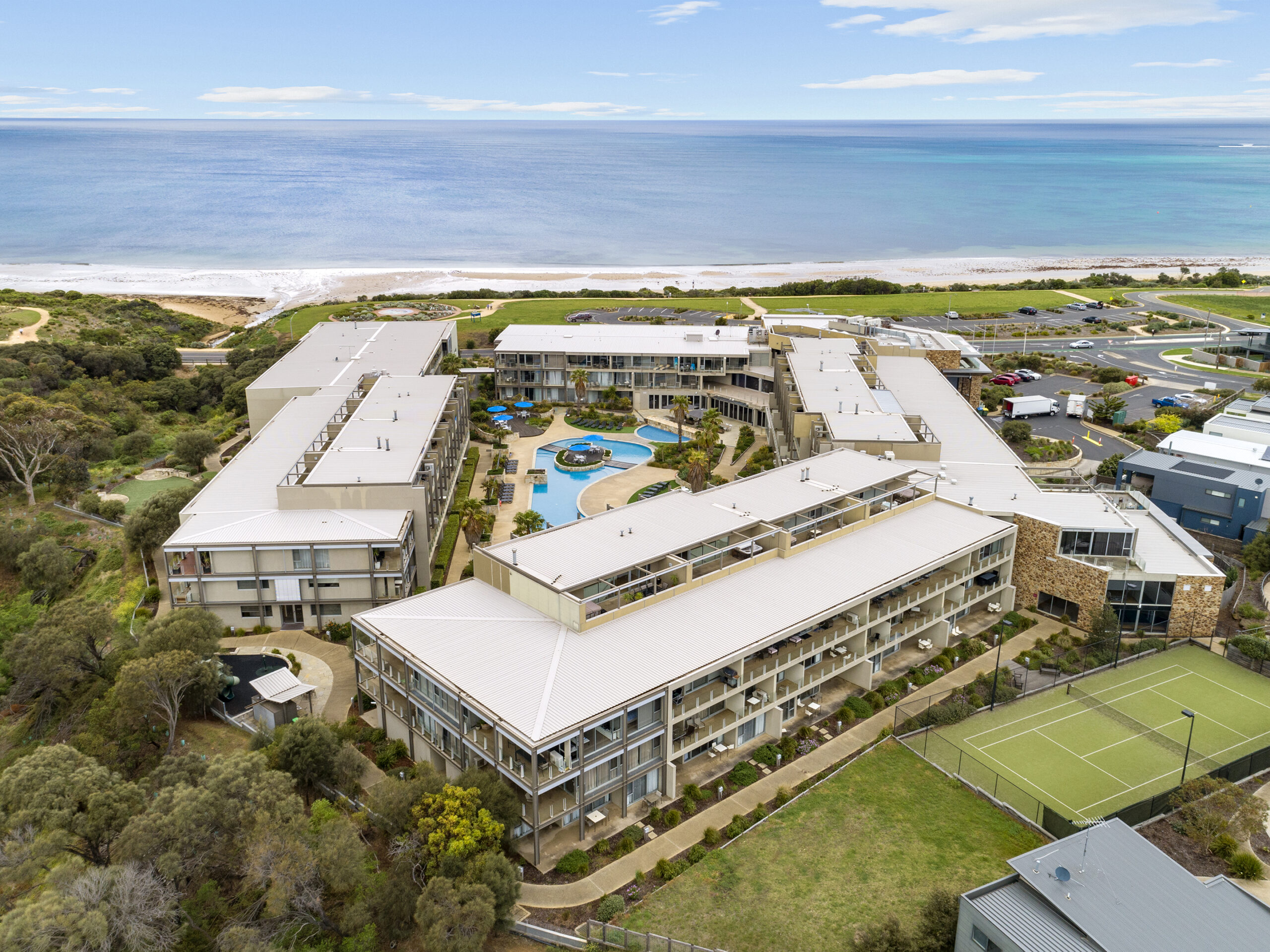 WYNDHAM RESORT TORQUAY UNVEILS FRESH COASTAL REFURB January 19, 2026
WYNDHAM RESORT TORQUAY UNVEILS FRESH COASTAL REFURB January 19, 2026 -
 Wyndham Surabaya City Centre Launches New Room with Urban Opulence Concept September 29, 2025
Wyndham Surabaya City Centre Launches New Room with Urban Opulence Concept September 29, 2025 -
 TRAVEL + LEISURE CO. PICKS UP FOUR AWARDS IN AUSTRALASIAN HOTEL AWARDS December 04, 2024
TRAVEL + LEISURE CO. PICKS UP FOUR AWARDS IN AUSTRALASIAN HOTEL AWARDS December 04, 2024 -
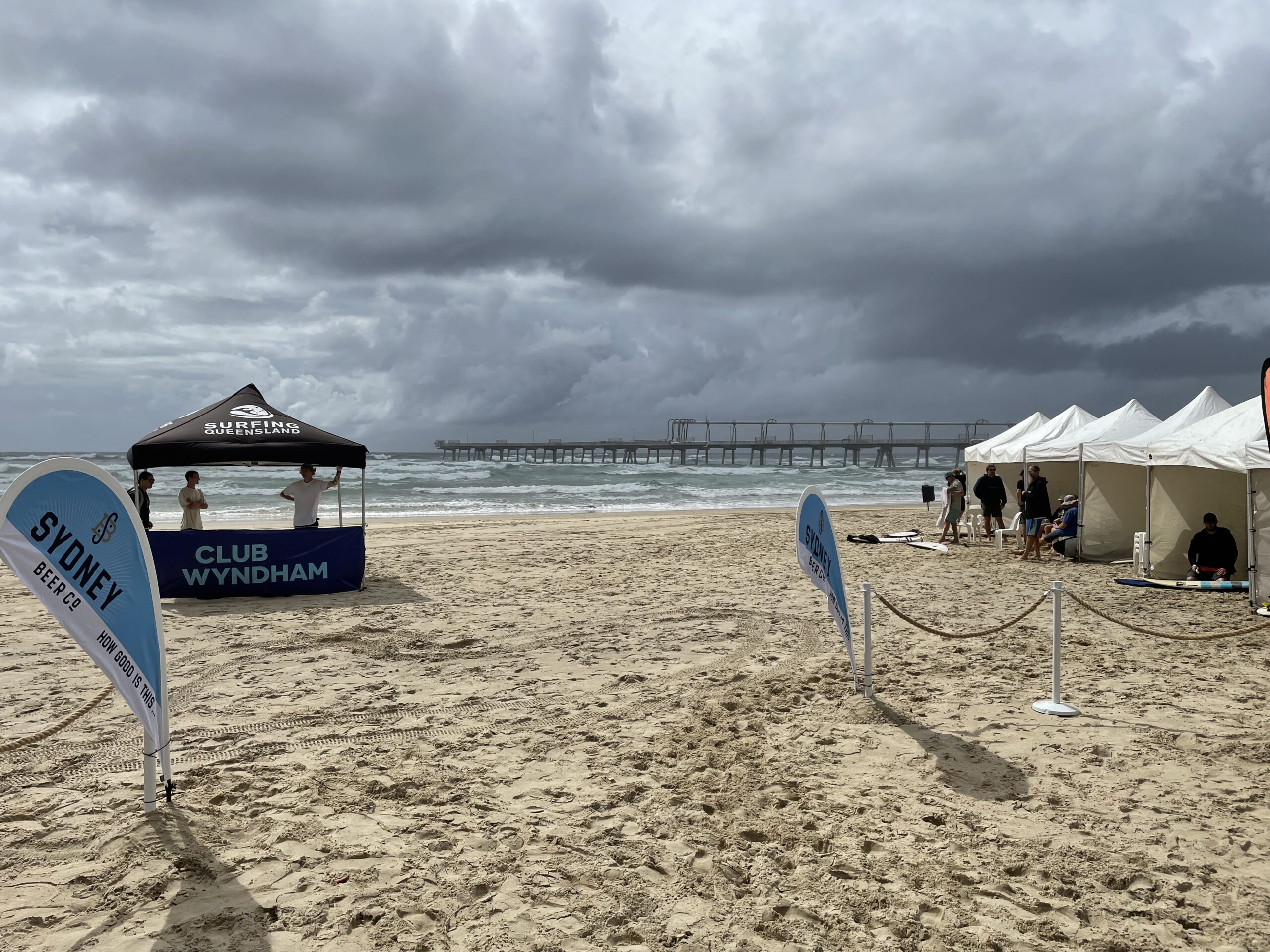 CITY BUSINESS LEADERS SWAP SUITS FOR WETSUITS TO SUPPORT CHARITY November 22, 2024
CITY BUSINESS LEADERS SWAP SUITS FOR WETSUITS TO SUPPORT CHARITY November 22, 2024 -
 WYNDHAM SURABAYA CELEBRATES BATIK DAY WITH “BATIK IN STYLE” October 08, 2024
WYNDHAM SURABAYA CELEBRATES BATIK DAY WITH “BATIK IN STYLE” October 08, 2024 -
 EGG-CITING RACE RAISES MONEY FOR THE HUMPTY DUMPTY FOUNDATION September 26, 2024
EGG-CITING RACE RAISES MONEY FOR THE HUMPTY DUMPTY FOUNDATION September 26, 2024 -
 WYNDHAM OPI HOTEL PALEMBANG UNVEILS EXCLUSIVE CIATOK WEDDING PACKAGES September 10, 2024
WYNDHAM OPI HOTEL PALEMBANG UNVEILS EXCLUSIVE CIATOK WEDDING PACKAGES September 10, 2024 -
 CLUB WYNDHAM COFFS HARBOUR COMPLETES $3.2 MILLION RESORT UPGRADE September 03, 2024
CLUB WYNDHAM COFFS HARBOUR COMPLETES $3.2 MILLION RESORT UPGRADE September 03, 2024 -
 CLUB WYNDHAM DUNSBOROUGH UNVEILS $5M ROOM REFURBISHMENT June 10, 2024
CLUB WYNDHAM DUNSBOROUGH UNVEILS $5M ROOM REFURBISHMENT June 10, 2024 -
 NEW RESORT MANAGER APPOINTED TO CLUB WYNDHAM KIRRA BEACH April 02, 2024
NEW RESORT MANAGER APPOINTED TO CLUB WYNDHAM KIRRA BEACH April 02, 2024 -
 CLUB WYNDHAM CELEBRATES THE COLOURS OF SUMMER December 27, 2023
CLUB WYNDHAM CELEBRATES THE COLOURS OF SUMMER December 27, 2023 -
 MAMACITA OPENS AT TRYP PULTENEY STREET TO SPICE UP ADELAIDE’S FOOD SCENE December 14, 2023
MAMACITA OPENS AT TRYP PULTENEY STREET TO SPICE UP ADELAIDE’S FOOD SCENE December 14, 2023 -
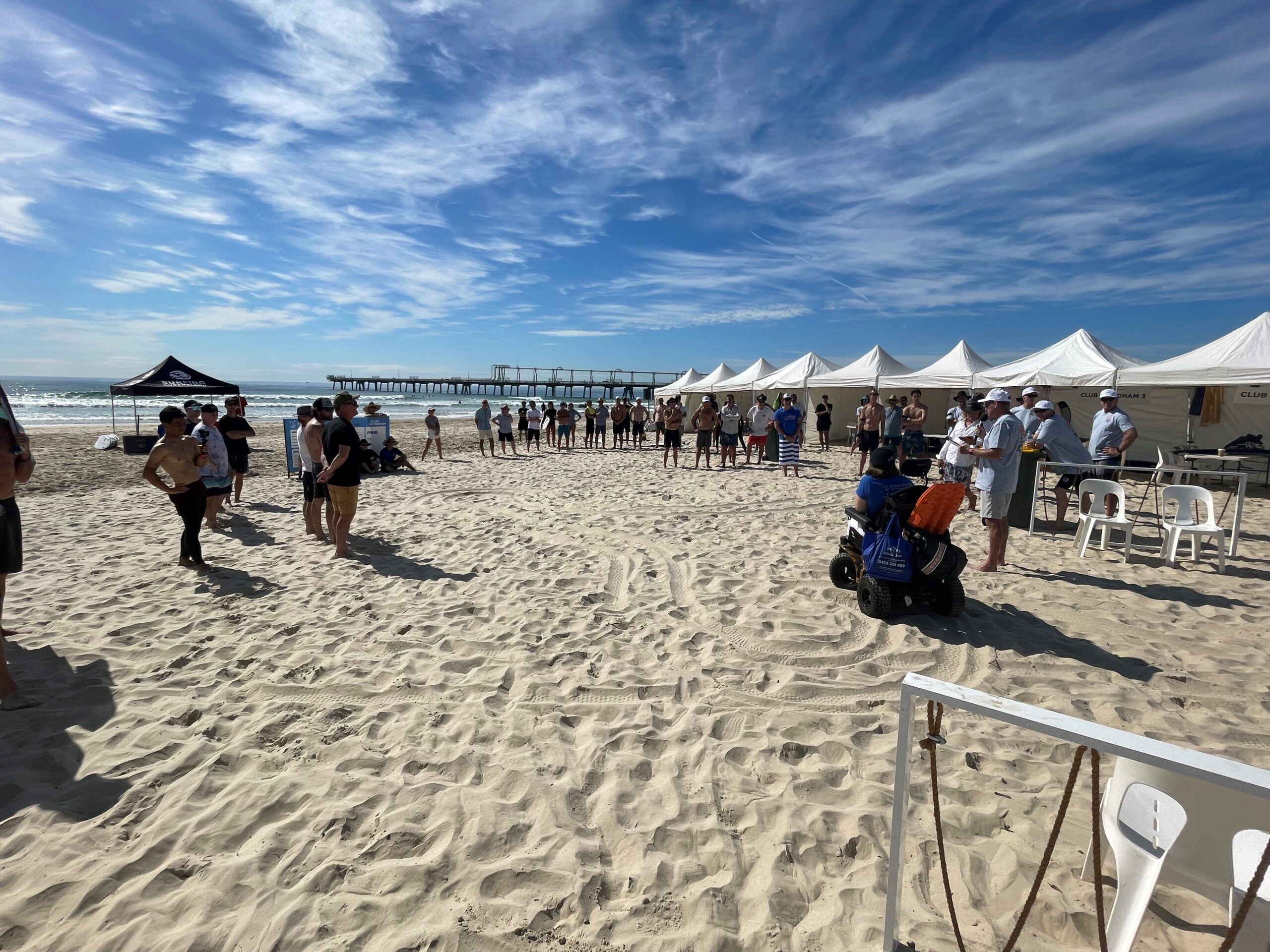 SWAPPING SUITS FOR SURFBOARDS: GC BUSINESS LEADERS RIDE WAVES December 04, 2023
SWAPPING SUITS FOR SURFBOARDS: GC BUSINESS LEADERS RIDE WAVES December 04, 2023 -
 WYNDHAM HOTEL MELBOURNE UNVEILS $3M CLUB ROOM REFURBISHMENT November 08, 2023
WYNDHAM HOTEL MELBOURNE UNVEILS $3M CLUB ROOM REFURBISHMENT November 08, 2023 -
 WYNDHAM DESTINATIONS EXECUTIVE RECOGNISED IN PRESTIGIOUS LEGAL AWARDS November 01, 2023
WYNDHAM DESTINATIONS EXECUTIVE RECOGNISED IN PRESTIGIOUS LEGAL AWARDS November 01, 2023 -
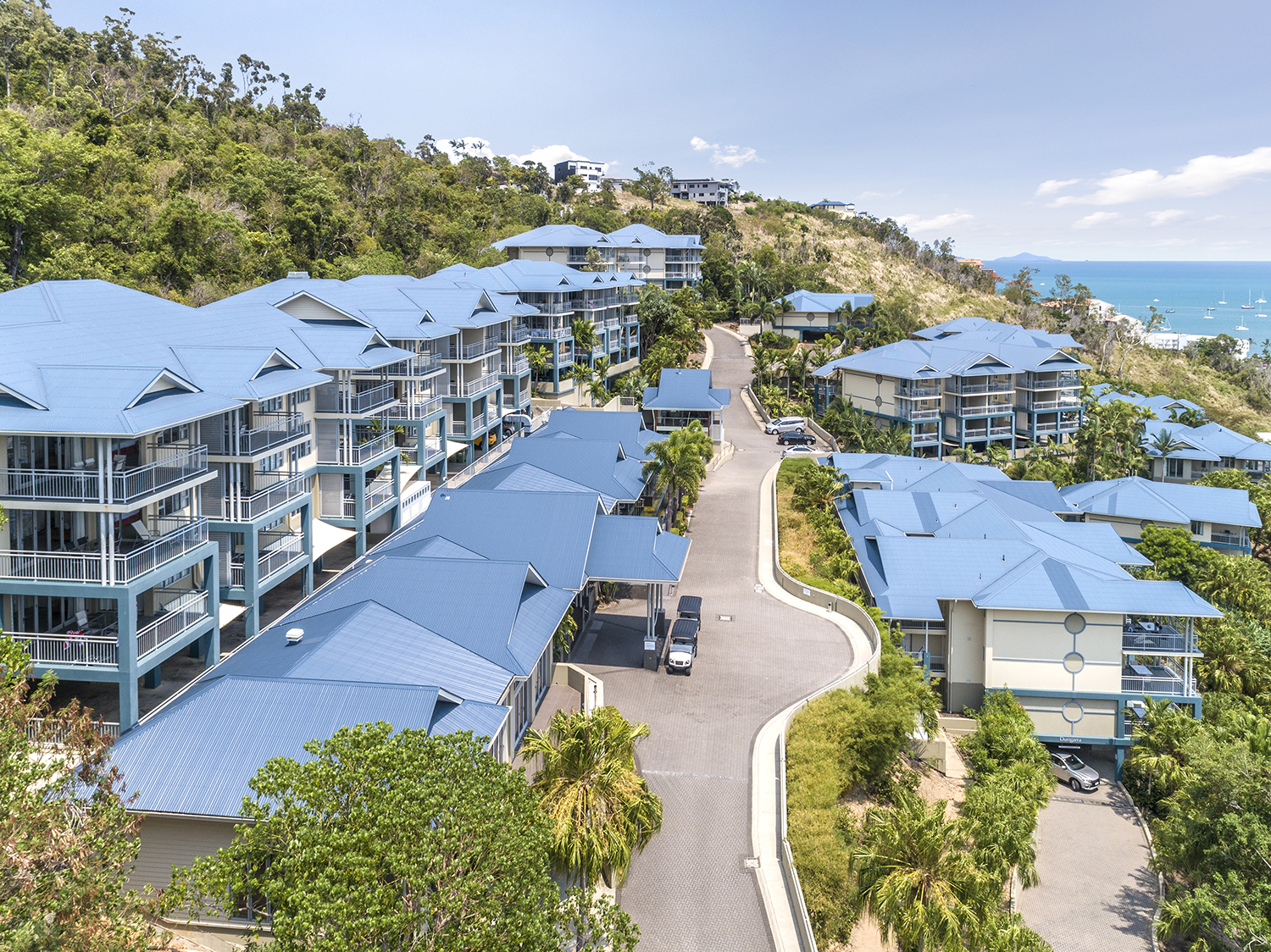 TIDES AT CLUB WYNDHAM AIRLIE BEACH LAUNCHES FINE DINING SERIES September 14, 2023
TIDES AT CLUB WYNDHAM AIRLIE BEACH LAUNCHES FINE DINING SERIES September 14, 2023 -
 WYNDHAM OPENS FIRST TRYP HOTEL IN ADELAIDE March 15, 2023
WYNDHAM OPENS FIRST TRYP HOTEL IN ADELAIDE March 15, 2023 -
 CONSUMER FINANCE TEAM EARNS A DOUBLE WIN AT CREDIT MANAGEMENT AWARDS November 24, 2022
CONSUMER FINANCE TEAM EARNS A DOUBLE WIN AT CREDIT MANAGEMENT AWARDS November 24, 2022 -
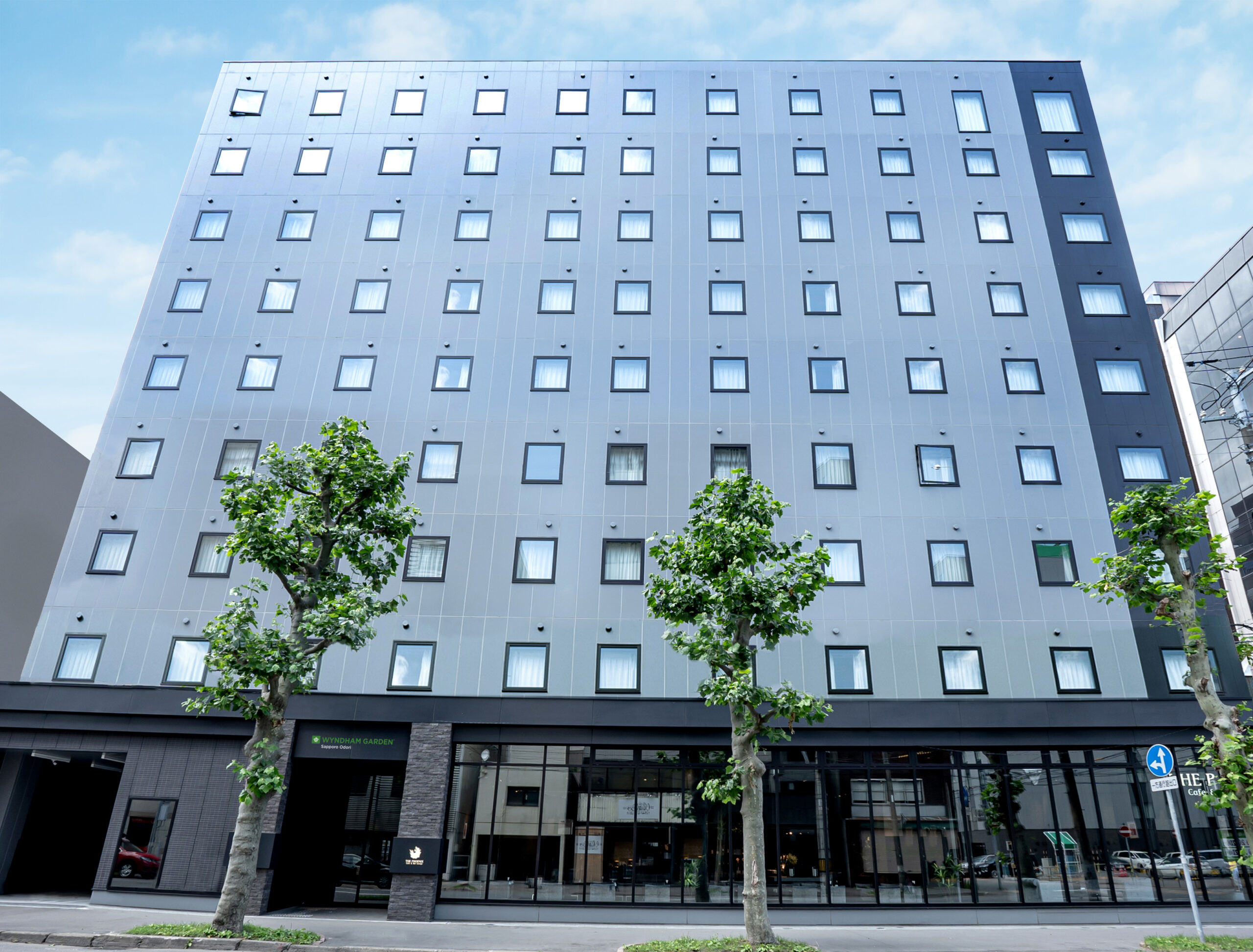 GLOBAL HOSPITALITY LEADER WYNDHAM DESTINATIONS BOLSTERS JAPAN OPERATIONS November 24, 2022
GLOBAL HOSPITALITY LEADER WYNDHAM DESTINATIONS BOLSTERS JAPAN OPERATIONS November 24, 2022 -
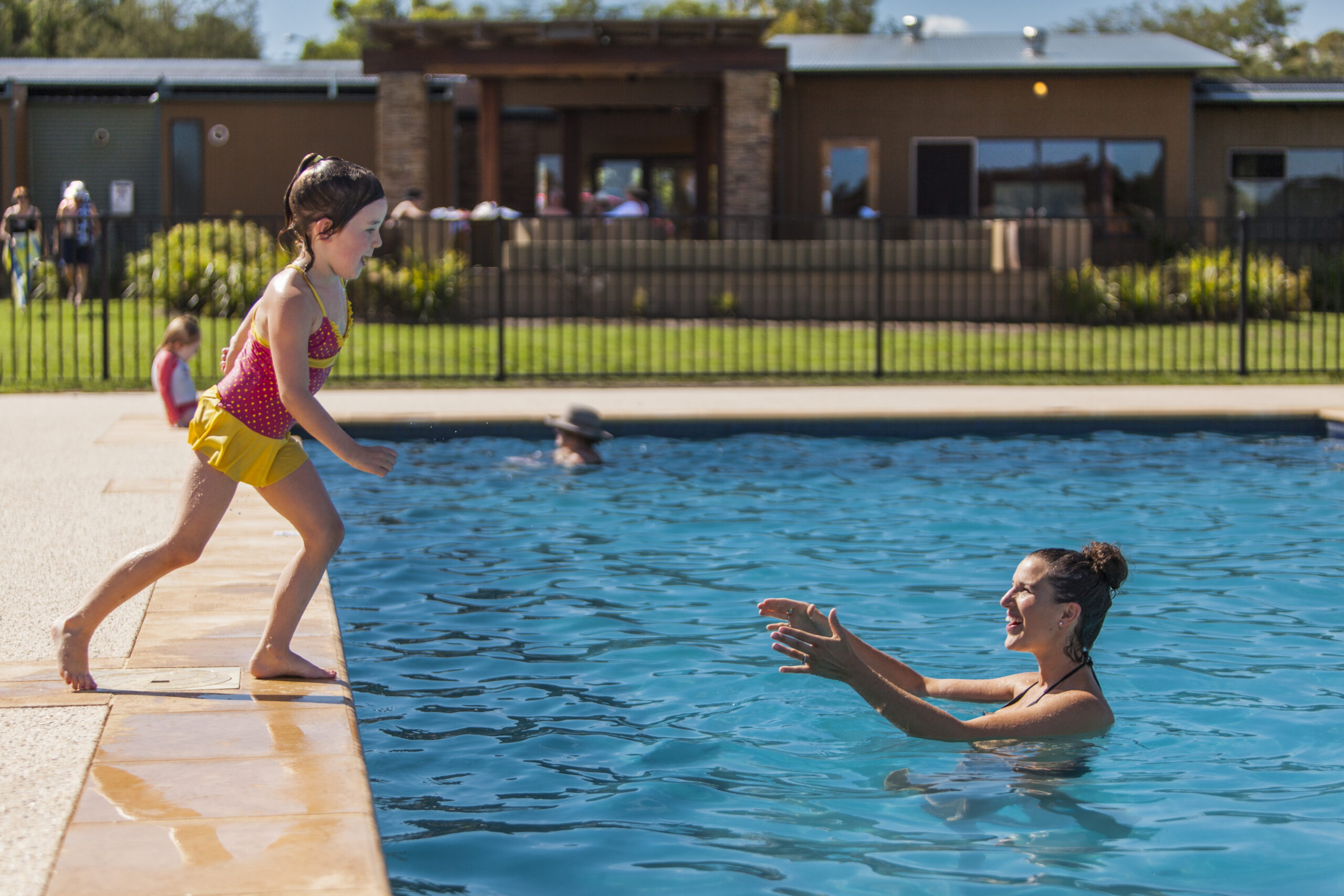 RAMADA PHILLIP ISLAND GEARS UP FOR ISLAND MAGIC 2022 November 02, 2022
RAMADA PHILLIP ISLAND GEARS UP FOR ISLAND MAGIC 2022 November 02, 2022 -
 LEGAL VP NAMED IN SOUTH EAST ASIAN LEGAL POWERLIST November 01, 2022
LEGAL VP NAMED IN SOUTH EAST ASIAN LEGAL POWERLIST November 01, 2022 -
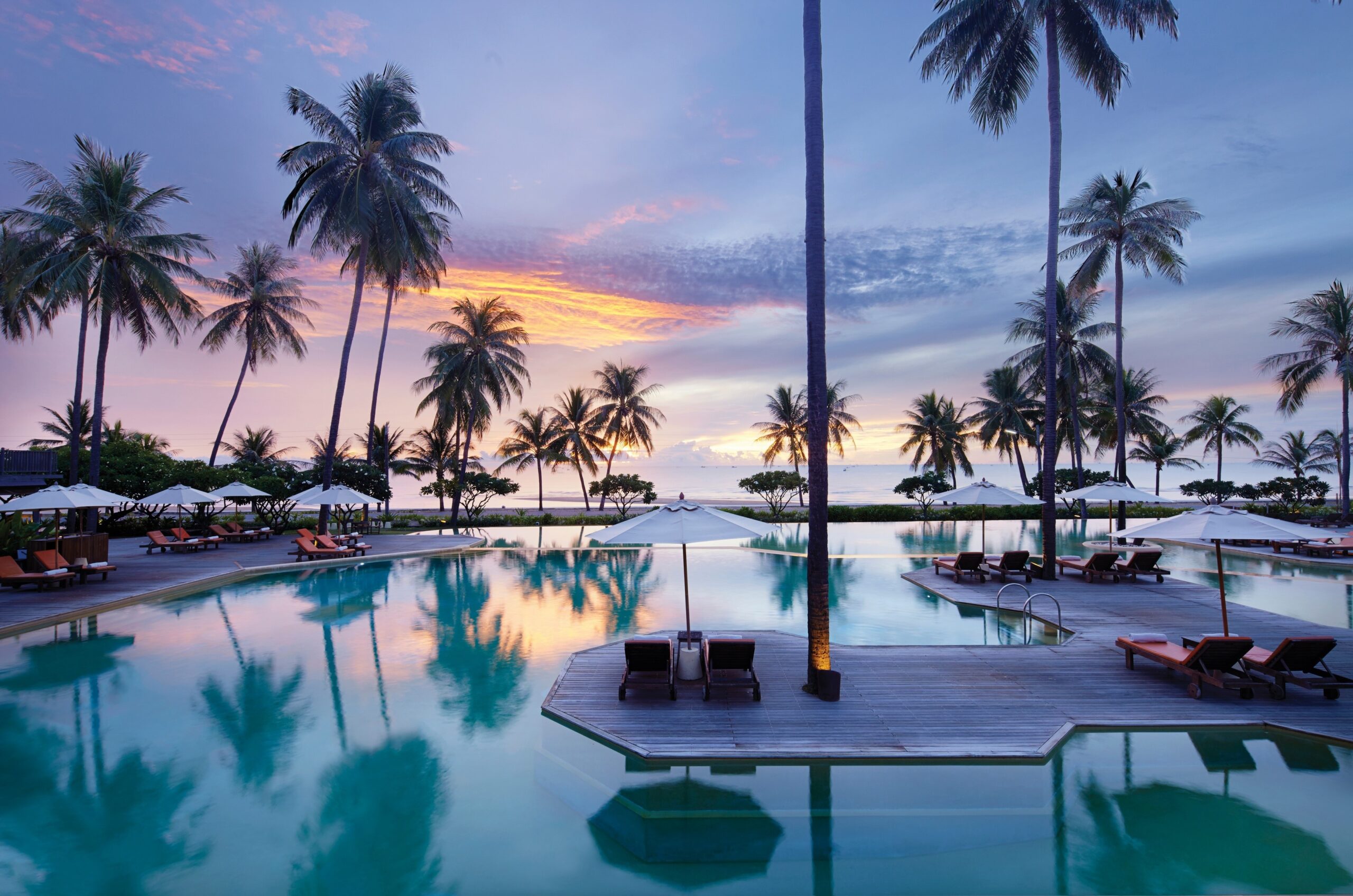 WYNDHAM ADDS NEW PROPERTY IN HUA HIN, THAILAND October 06, 2022
WYNDHAM ADDS NEW PROPERTY IN HUA HIN, THAILAND October 06, 2022 -
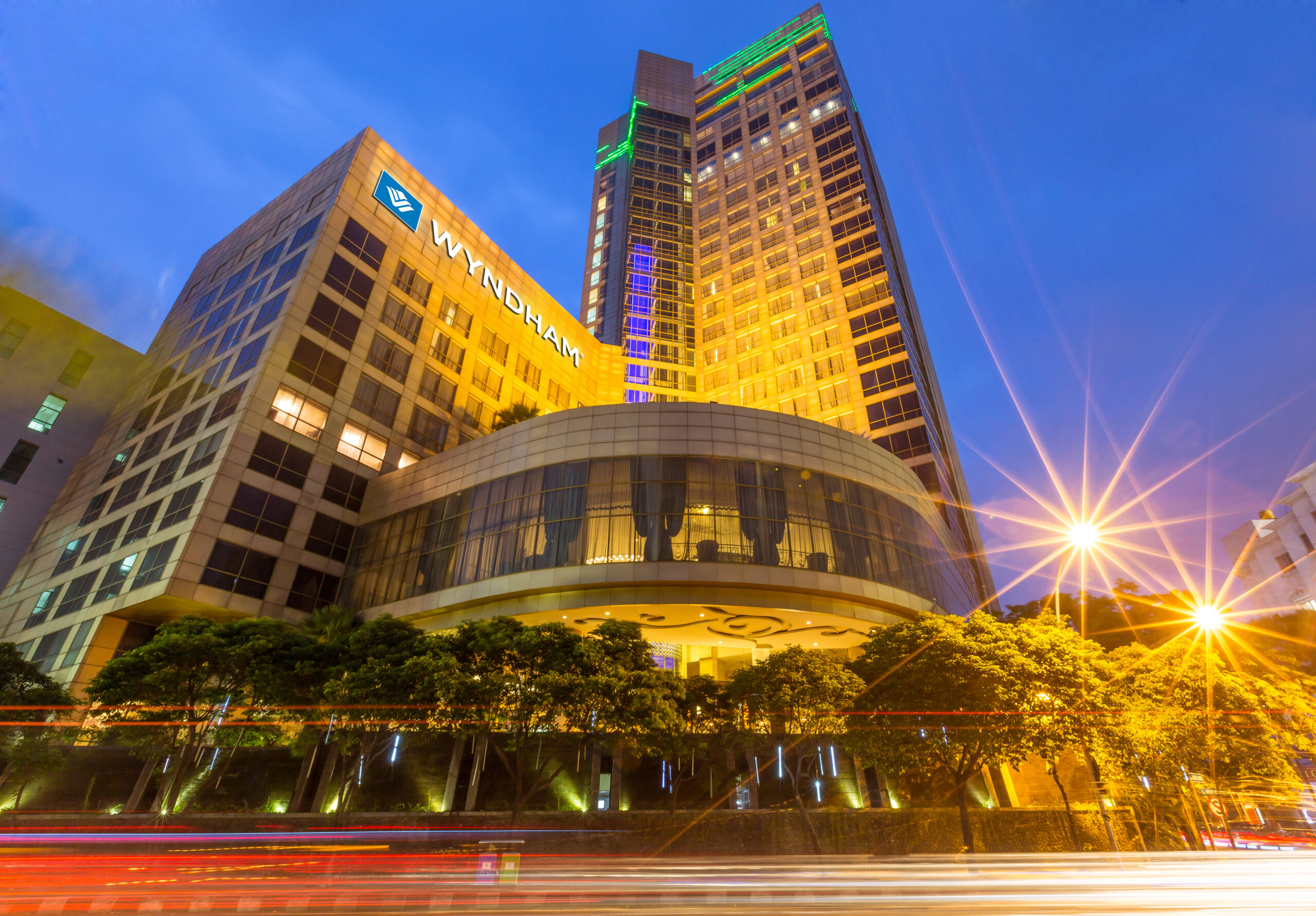 CELEBRATE INDEPENDENCE DAY WITH SPECIAL OFFERS FROM WYNDHAM August 15, 2022
CELEBRATE INDEPENDENCE DAY WITH SPECIAL OFFERS FROM WYNDHAM August 15, 2022 -
 BARRY ROBINSON NAMED ENTREPRENEUR OF THE YEAR March 31, 2022
BARRY ROBINSON NAMED ENTREPRENEUR OF THE YEAR March 31, 2022 -
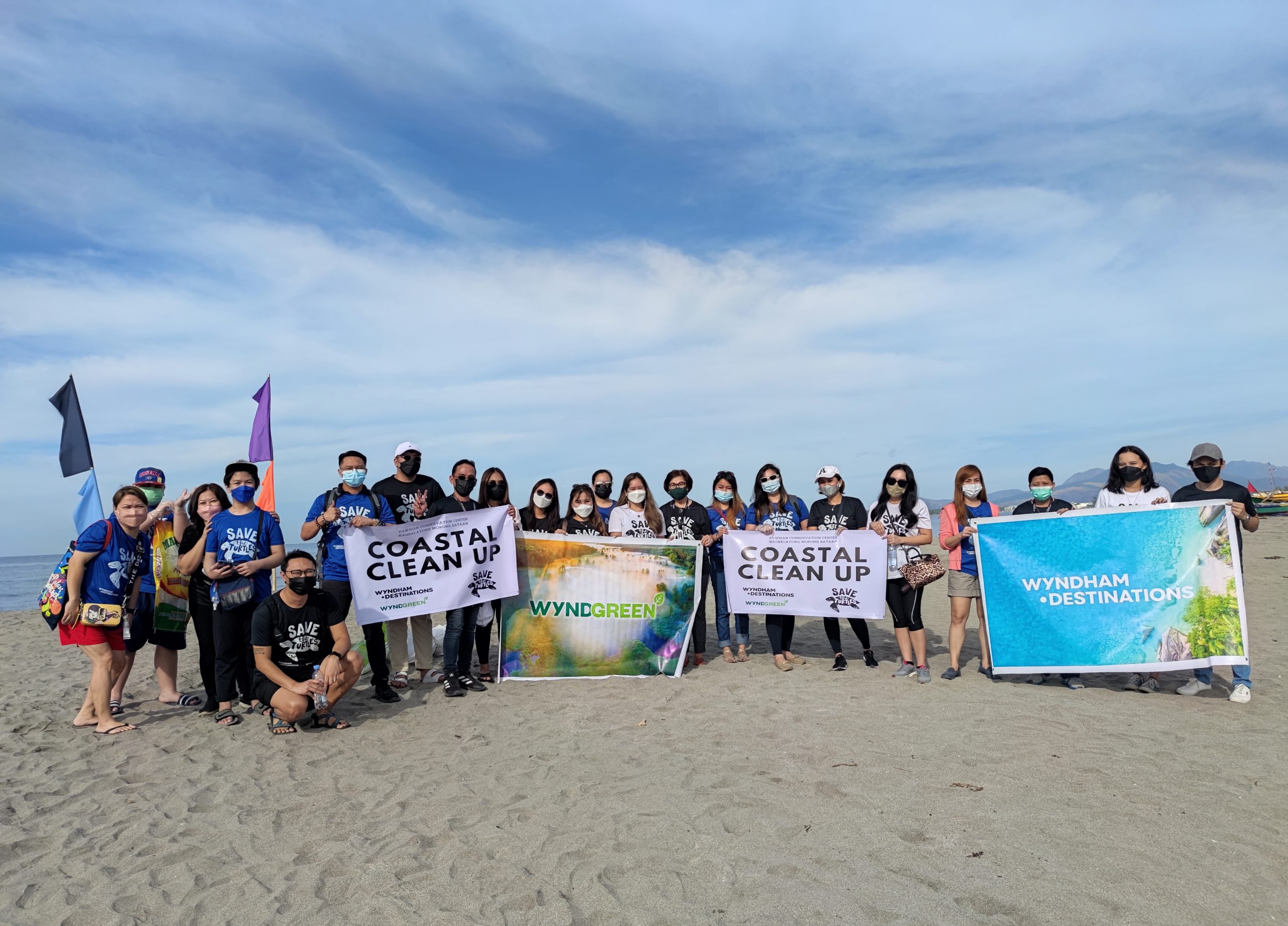 Wyndham Destinations supports turtle protection drive in the Philippines December 30, 2021
Wyndham Destinations supports turtle protection drive in the Philippines December 30, 2021 -
 AWARD-WINNING RIVA GRILL BAR & TERRACE REOPENS WITH BRAND NEW MENU December 16, 2021
AWARD-WINNING RIVA GRILL BAR & TERRACE REOPENS WITH BRAND NEW MENU December 16, 2021 -
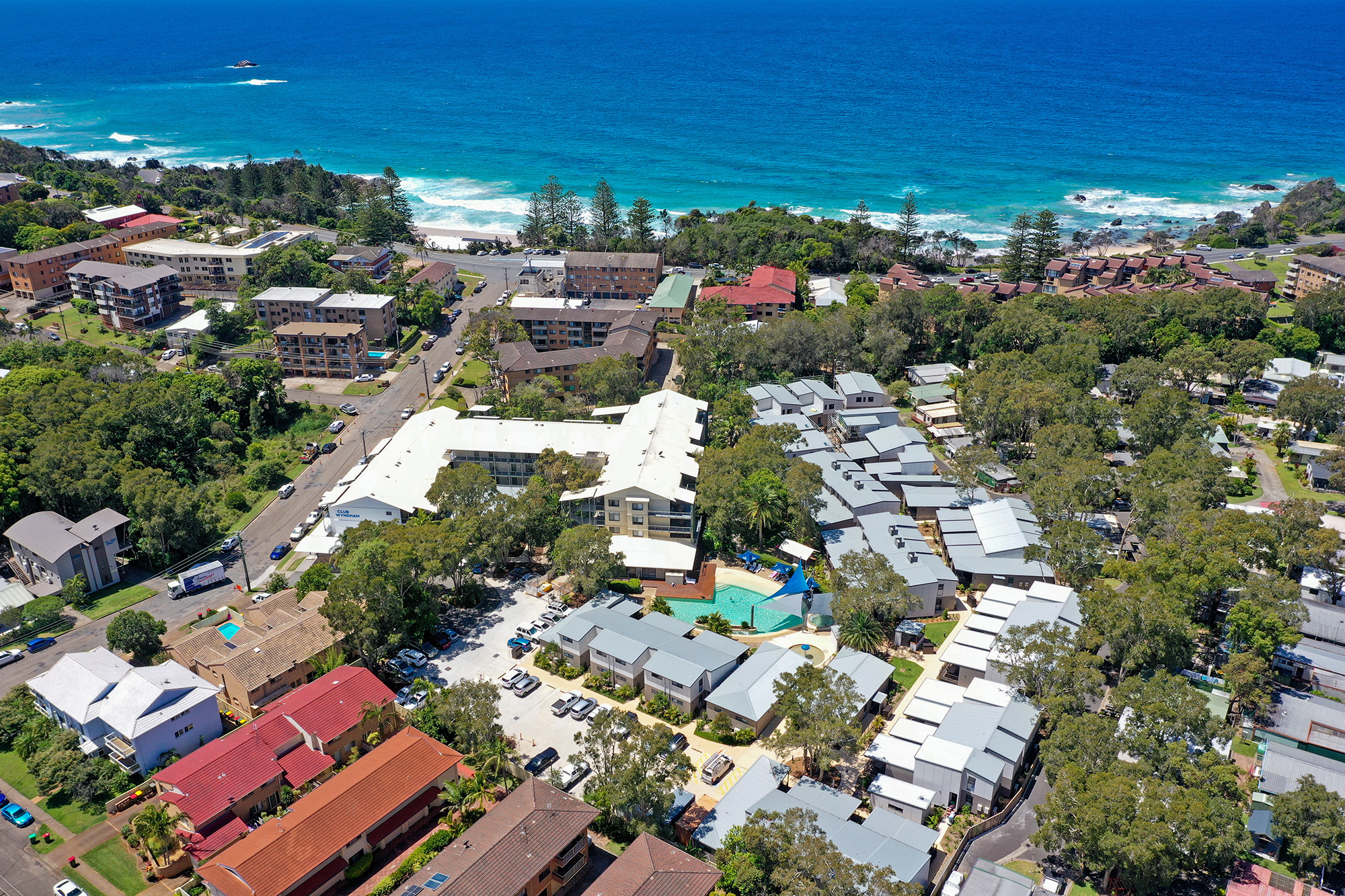 Club Wyndham Flynns Beach Welcomes a Bumper Summer Tourism Season December 02, 2021
Club Wyndham Flynns Beach Welcomes a Bumper Summer Tourism Season December 02, 2021 -
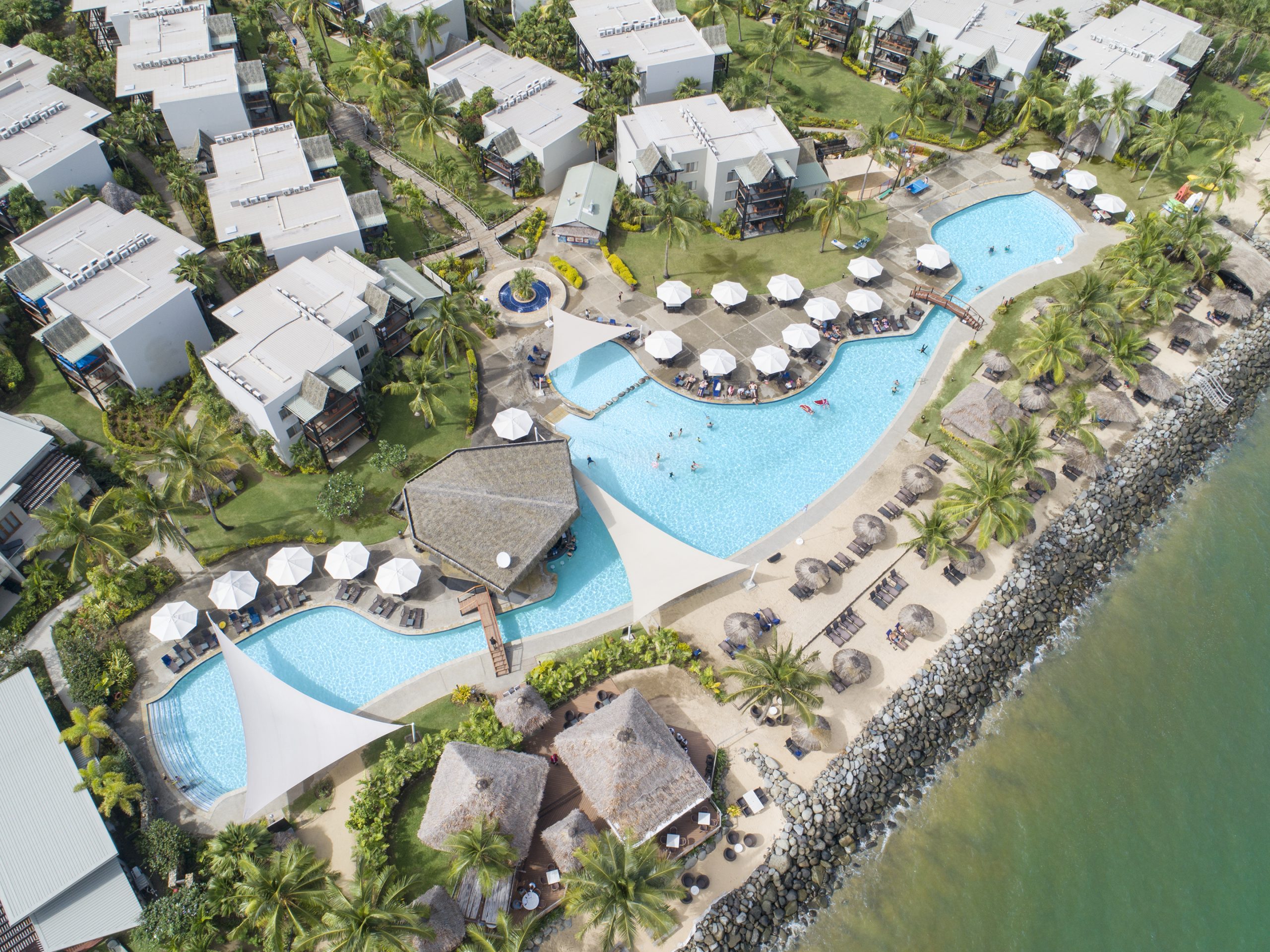 CLUB WYNDHAM DENARAU ISLAND GEARS UP FOR DECEMBER REOPENING November 18, 2021
CLUB WYNDHAM DENARAU ISLAND GEARS UP FOR DECEMBER REOPENING November 18, 2021 -
 Wyndham Hotel Surfers Paradise Gears Up for Schoolies Week November 18, 2021
Wyndham Hotel Surfers Paradise Gears Up for Schoolies Week November 18, 2021 -
 CLUB WYNDHAM DENARAU ISLAND A CAREFIJI CERTIFIED RESORT November 10, 2021
CLUB WYNDHAM DENARAU ISLAND A CAREFIJI CERTIFIED RESORT November 10, 2021 -
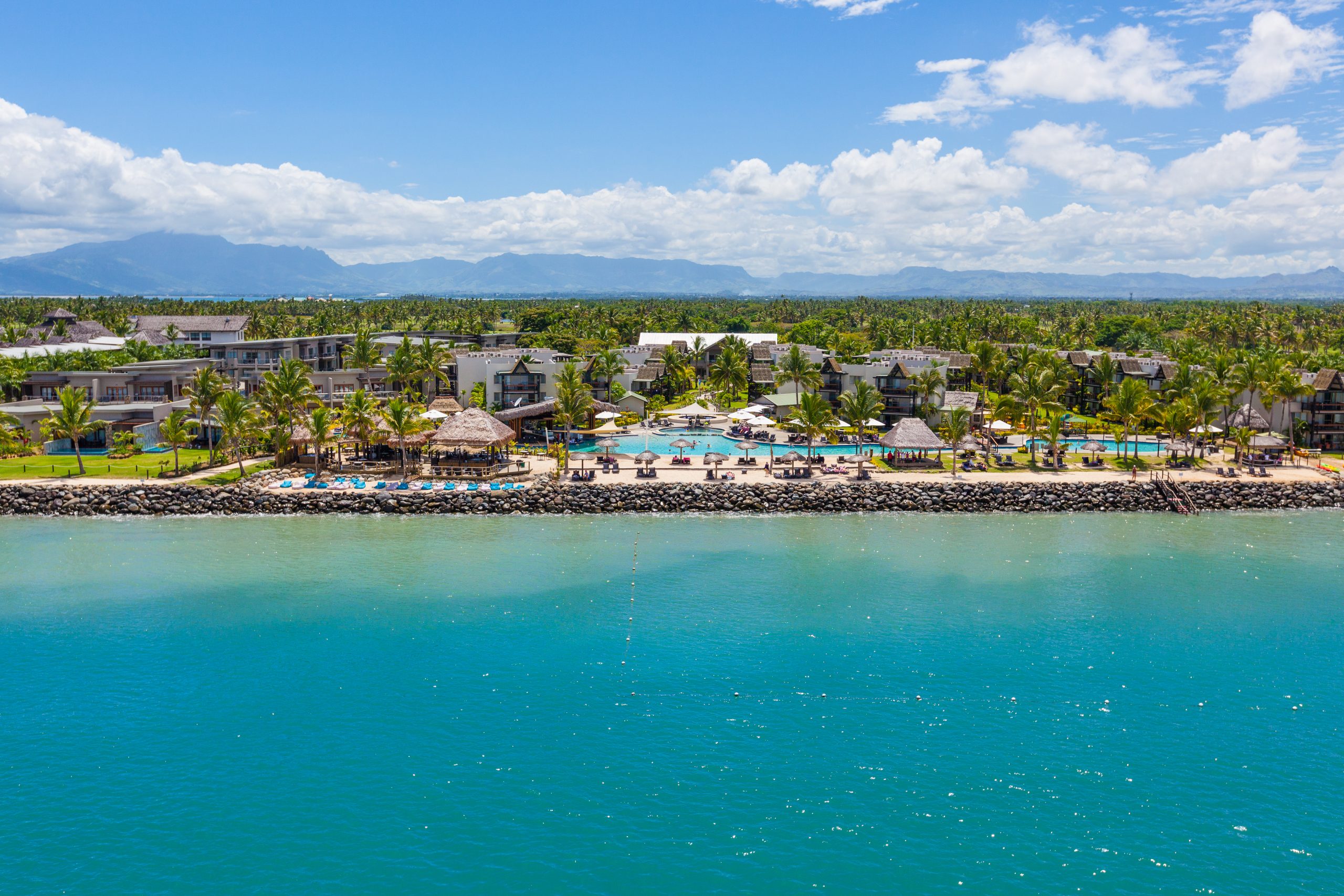 Club Wyndham Resorts Deliver Sustainable Stays October 19, 2021
Club Wyndham Resorts Deliver Sustainable Stays October 19, 2021 -
 CLUB WYNDHAM SOUTH PACIFIC LAUNCHES TRAVEL CHANNEL ON YOUTUBE October 14, 2021
CLUB WYNDHAM SOUTH PACIFIC LAUNCHES TRAVEL CHANNEL ON YOUTUBE October 14, 2021 -
 SIGNIFICANT RESORT EXPANSION COMPLETE AT CLUB WYNDHAM FLYNNS BEACH October 14, 2021
SIGNIFICANT RESORT EXPANSION COMPLETE AT CLUB WYNDHAM FLYNNS BEACH October 14, 2021 -
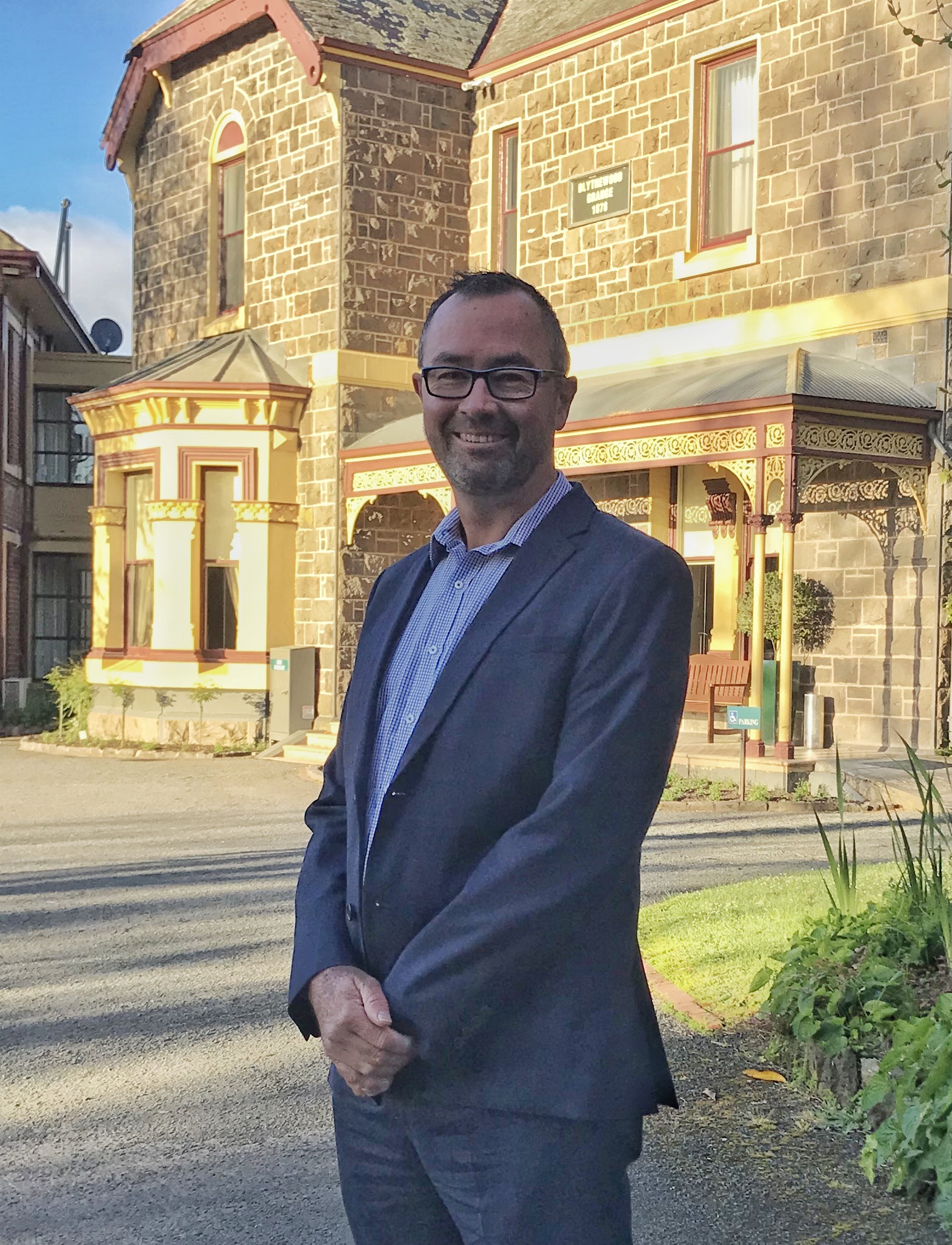 WYNDHAM APPOINTS NEW RESORT MANAGER FOR CLUB WYNDHAM BALLARAT October 13, 2021
WYNDHAM APPOINTS NEW RESORT MANAGER FOR CLUB WYNDHAM BALLARAT October 13, 2021 -
 WYNDHAM APPOINTS NEW MANAGER FOR CLUB WYNDHAM AIRLIE BEACH September 03, 2021
WYNDHAM APPOINTS NEW MANAGER FOR CLUB WYNDHAM AIRLIE BEACH September 03, 2021 -
 WYNDHAM APPOINTS NEW MANAGER FOR CLUB WYNDHAM WANAKA September 03, 2021
WYNDHAM APPOINTS NEW MANAGER FOR CLUB WYNDHAM WANAKA September 03, 2021 -
 Pyjamas for a Day Helps Foster Kids’ Love of Learning July 08, 2021
Pyjamas for a Day Helps Foster Kids’ Love of Learning July 08, 2021 -
 CLUB WYNDHAM BRAND TO GROW IN AUSTRALIA AND NEW ZEALAND July 02, 2021
CLUB WYNDHAM BRAND TO GROW IN AUSTRALIA AND NEW ZEALAND July 02, 2021 -
 WHY WYNDHAM BOSSES WILL BE SLEEPING ROUGH THIS JUNE May 28, 2021
WHY WYNDHAM BOSSES WILL BE SLEEPING ROUGH THIS JUNE May 28, 2021 -
 Ramada by Wyndham Playford Celebrates Breaking Ground April 14, 2021
Ramada by Wyndham Playford Celebrates Breaking Ground April 14, 2021 -
New Resort Manager Appointed to Wyndham Resort Torquay February 19, 2021
-
New General Manager Appointed to Ramada Resort by Wyndham Shoal Bay February 19, 2021
-
 Wyndham Casablanca Jakarta Cooks Up French Tastes in New Menu December 12, 2025
Wyndham Casablanca Jakarta Cooks Up French Tastes in New Menu December 12, 2025



